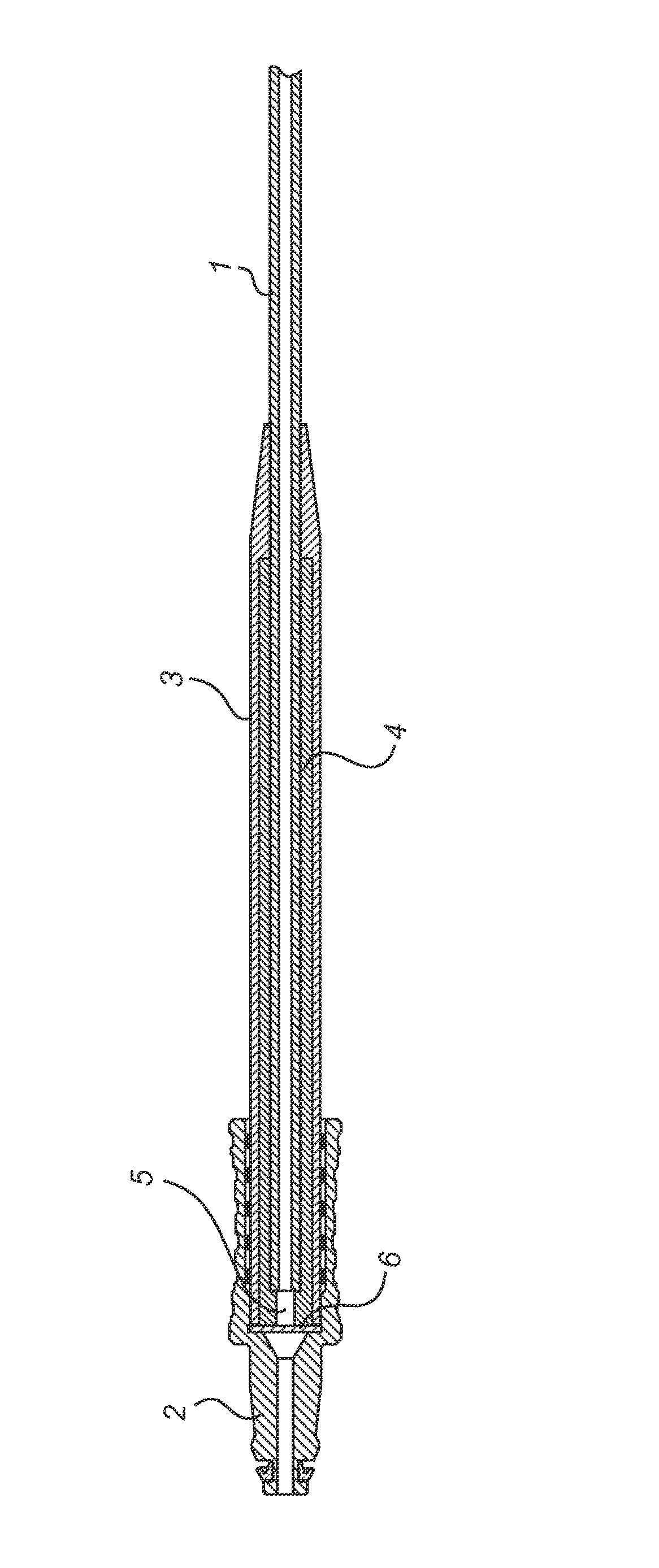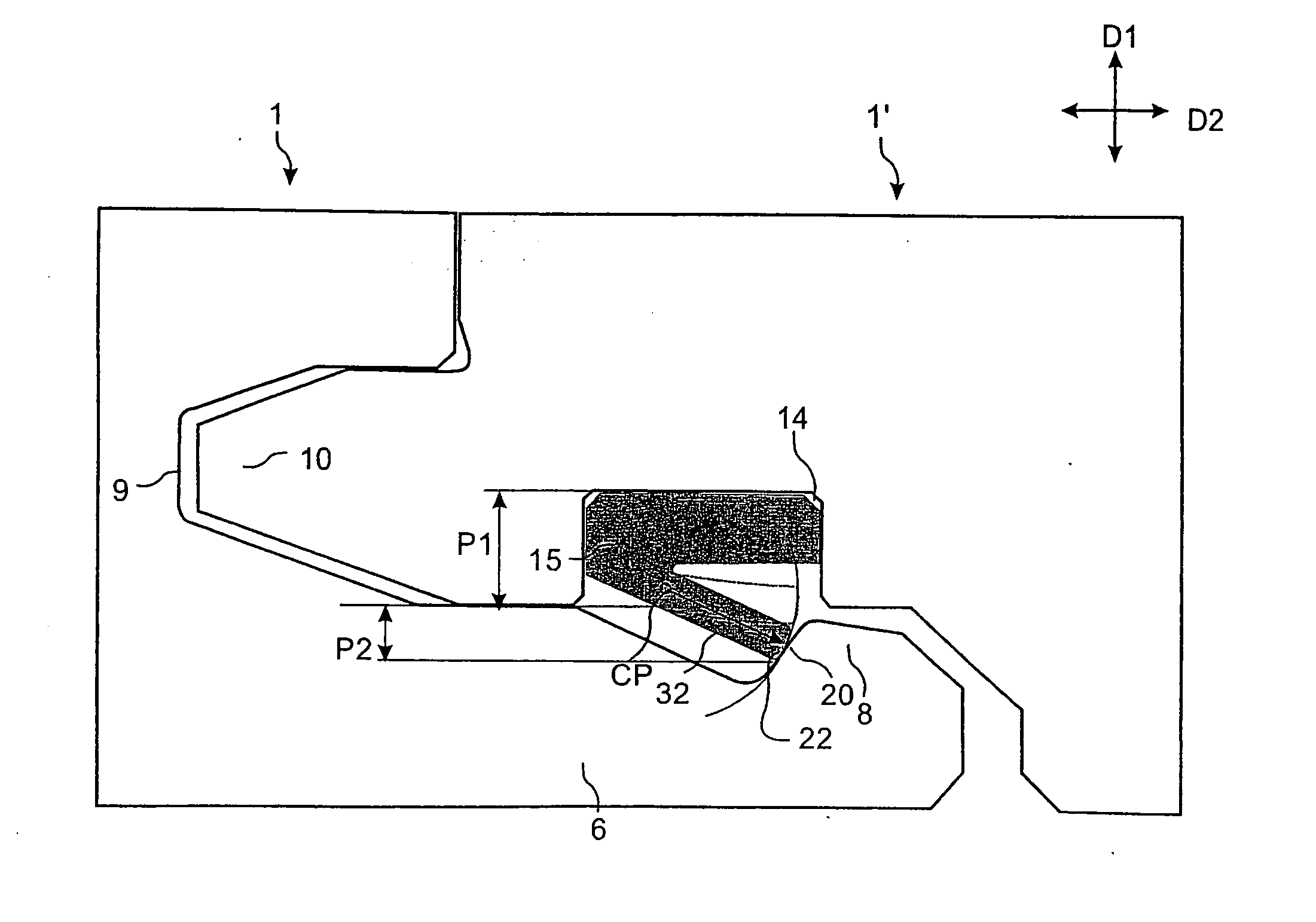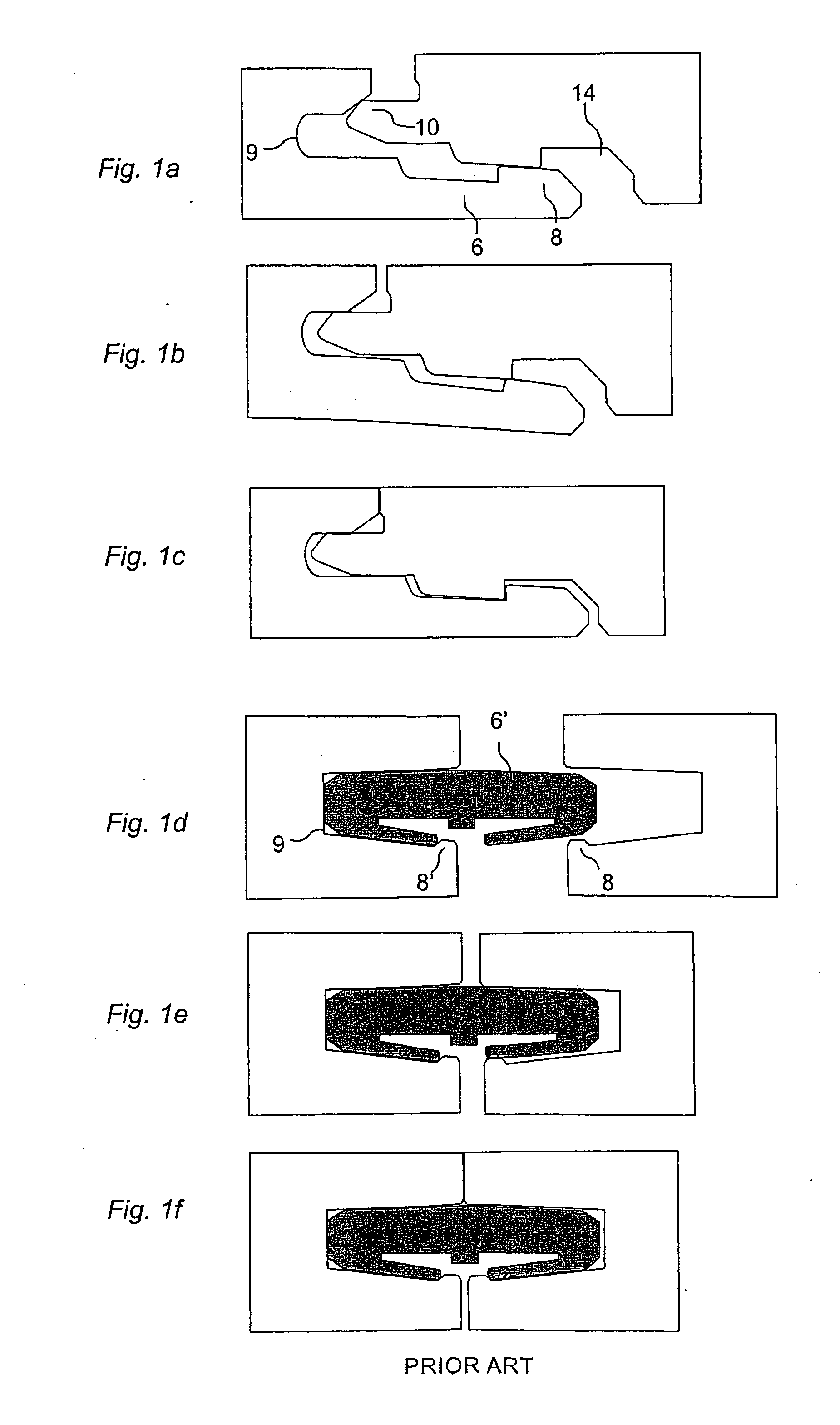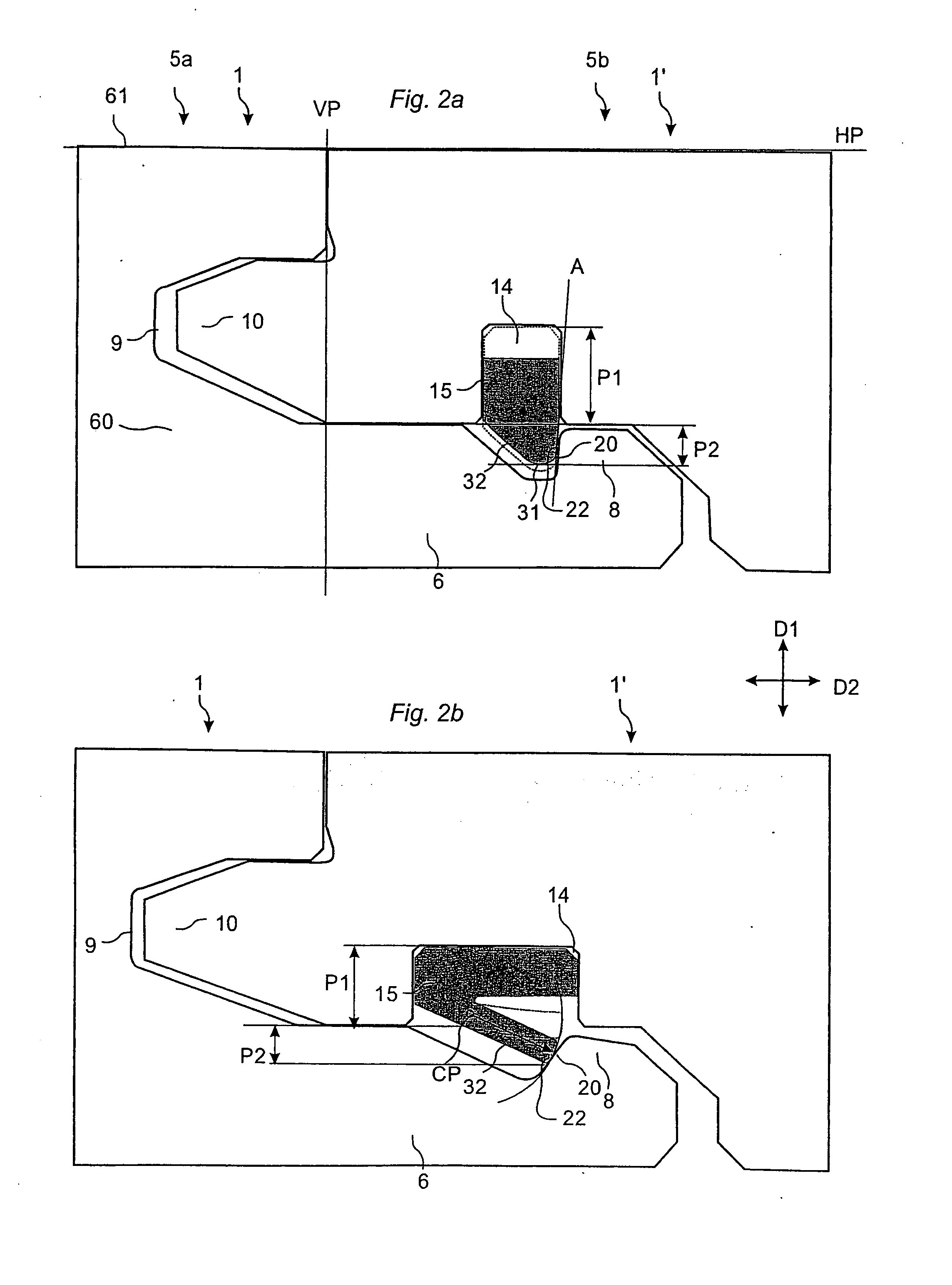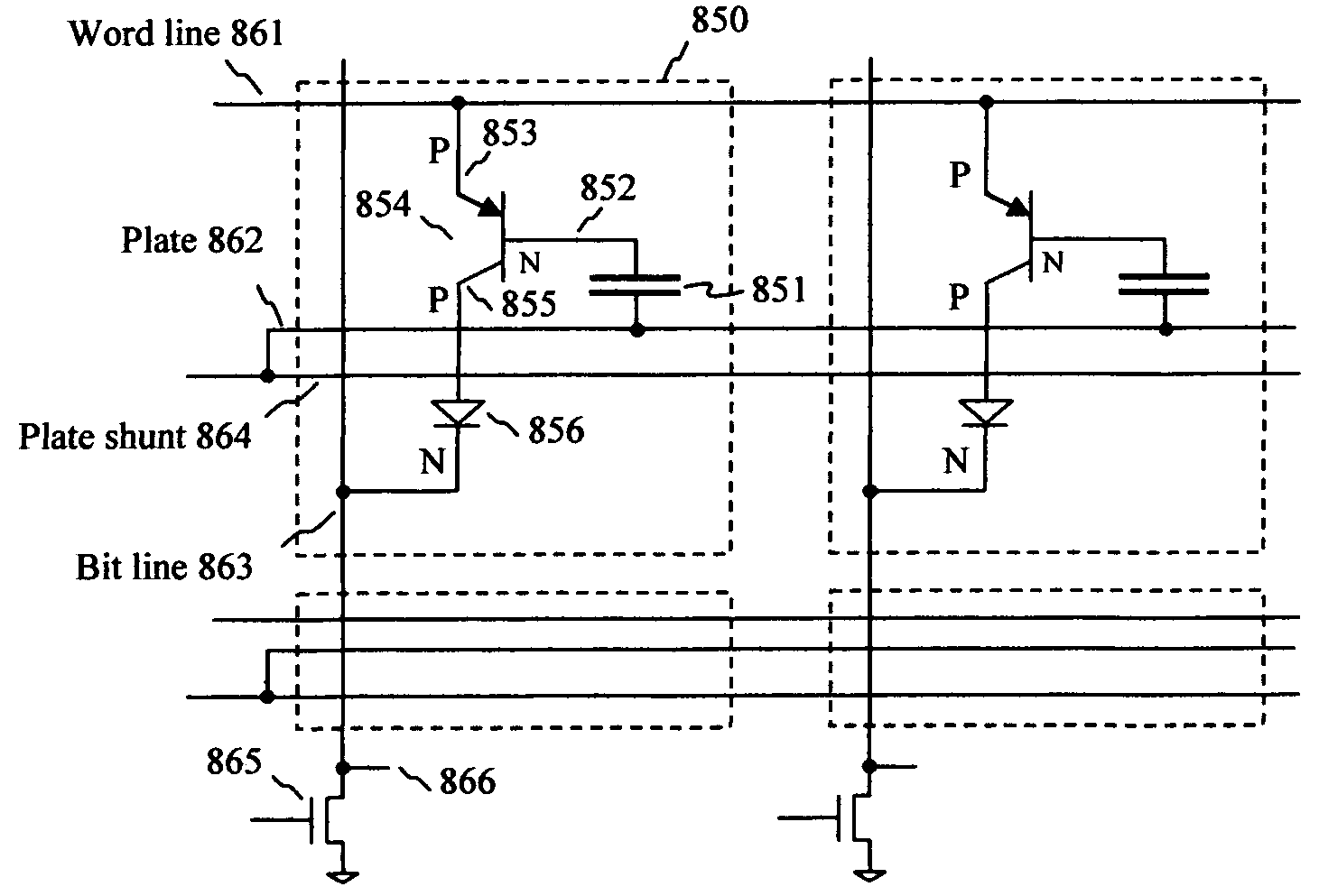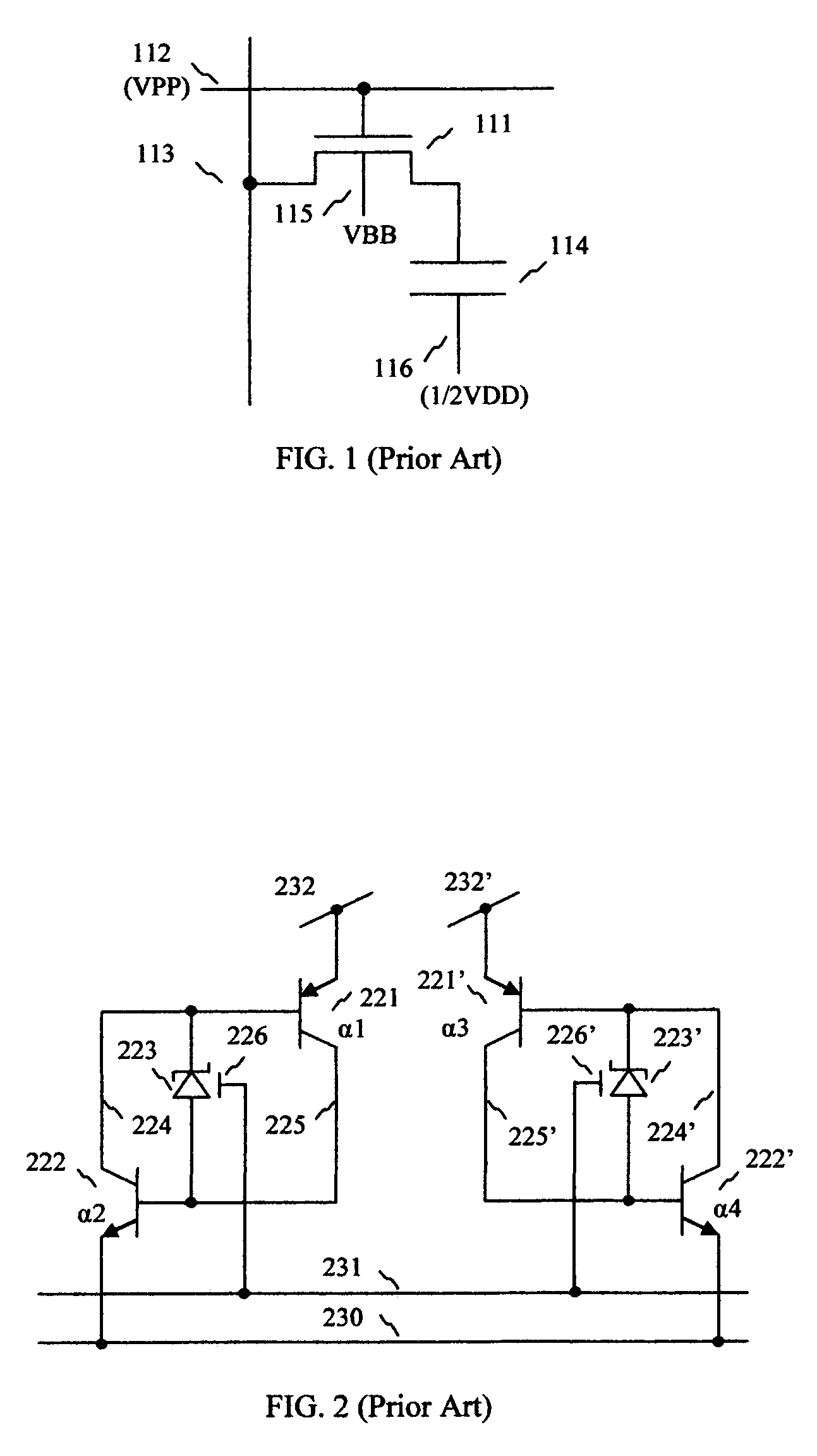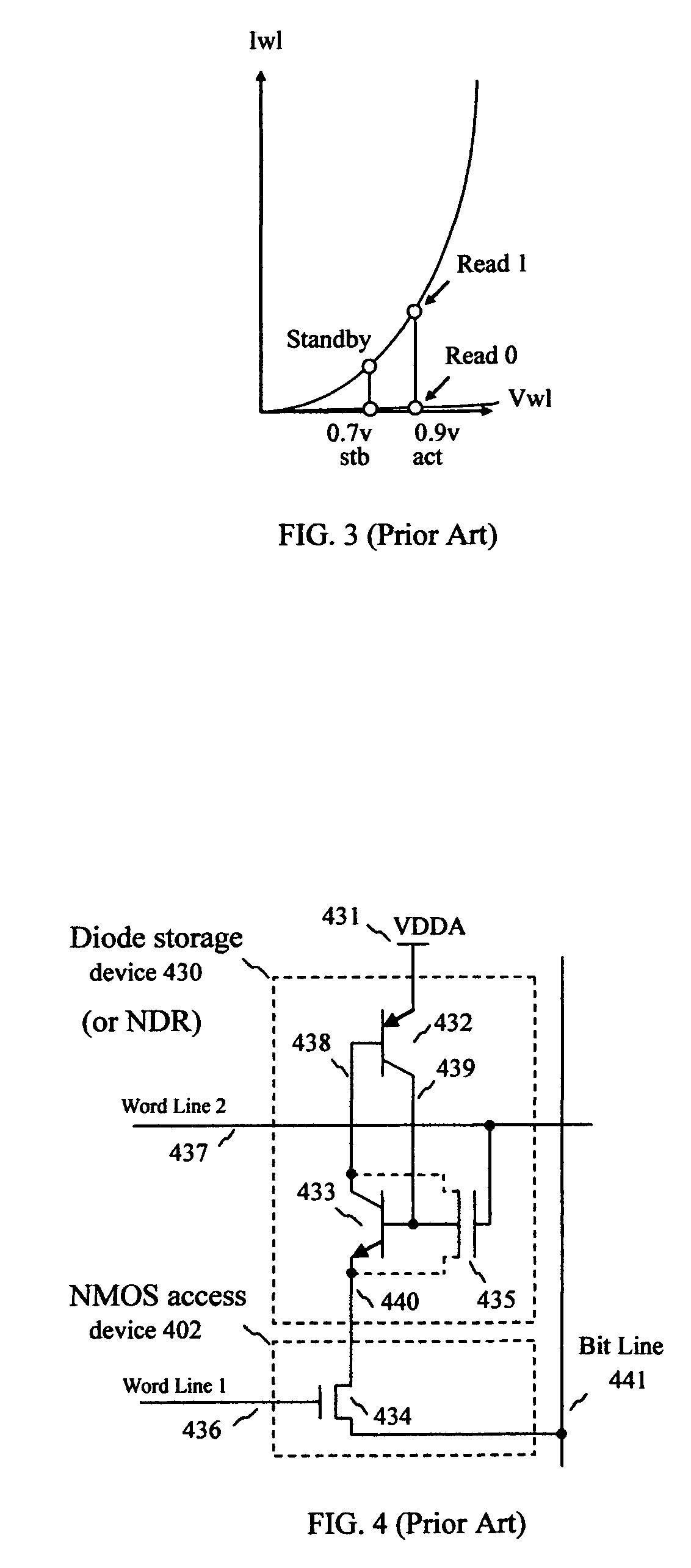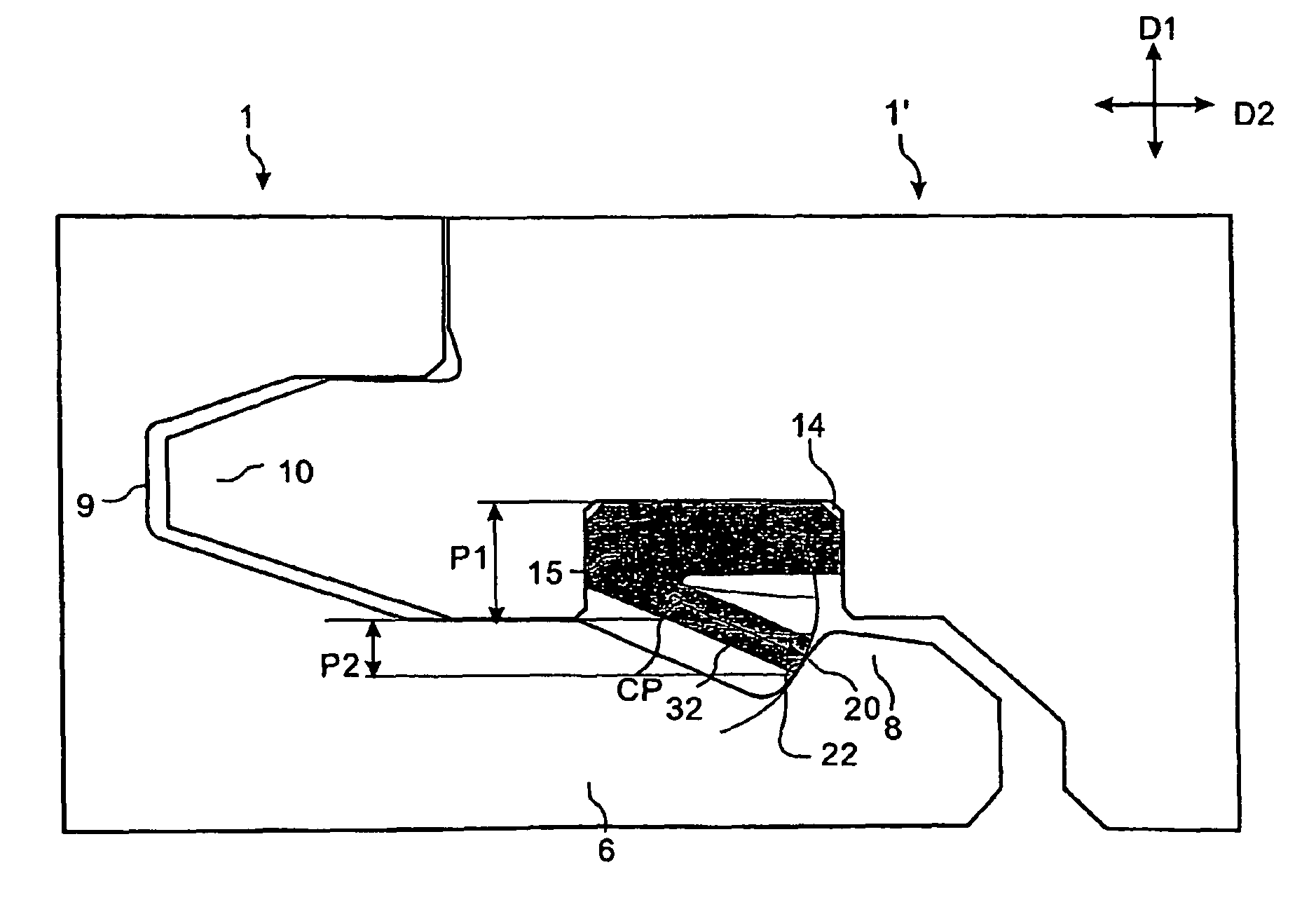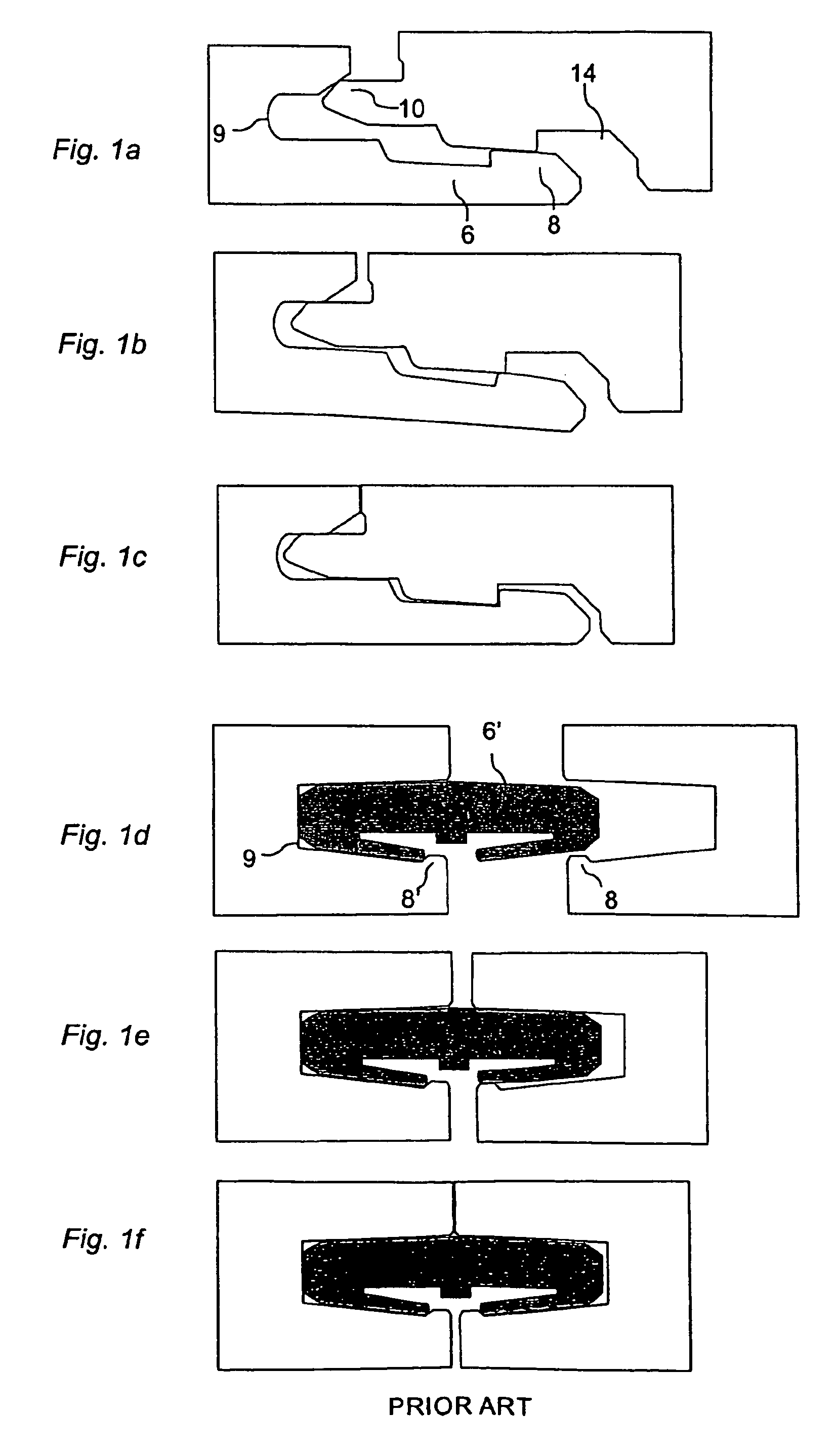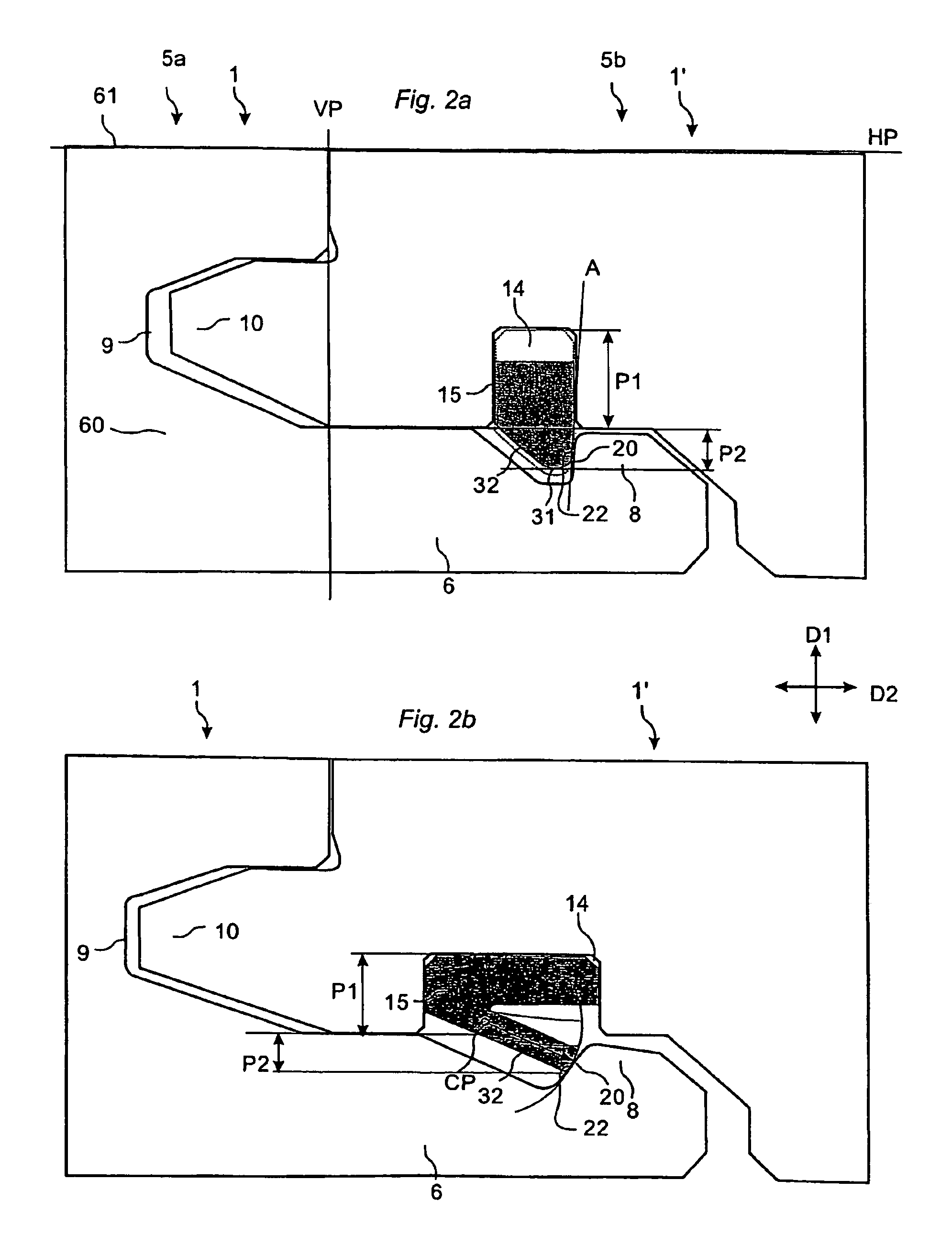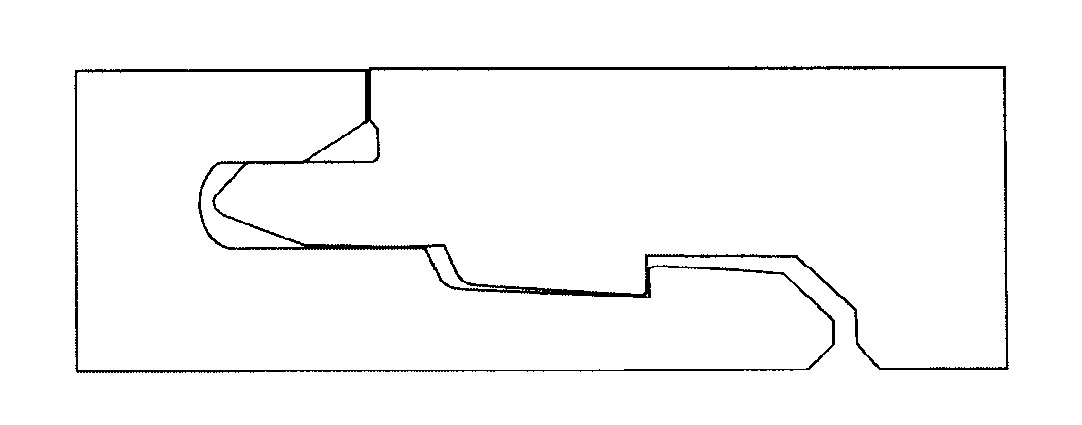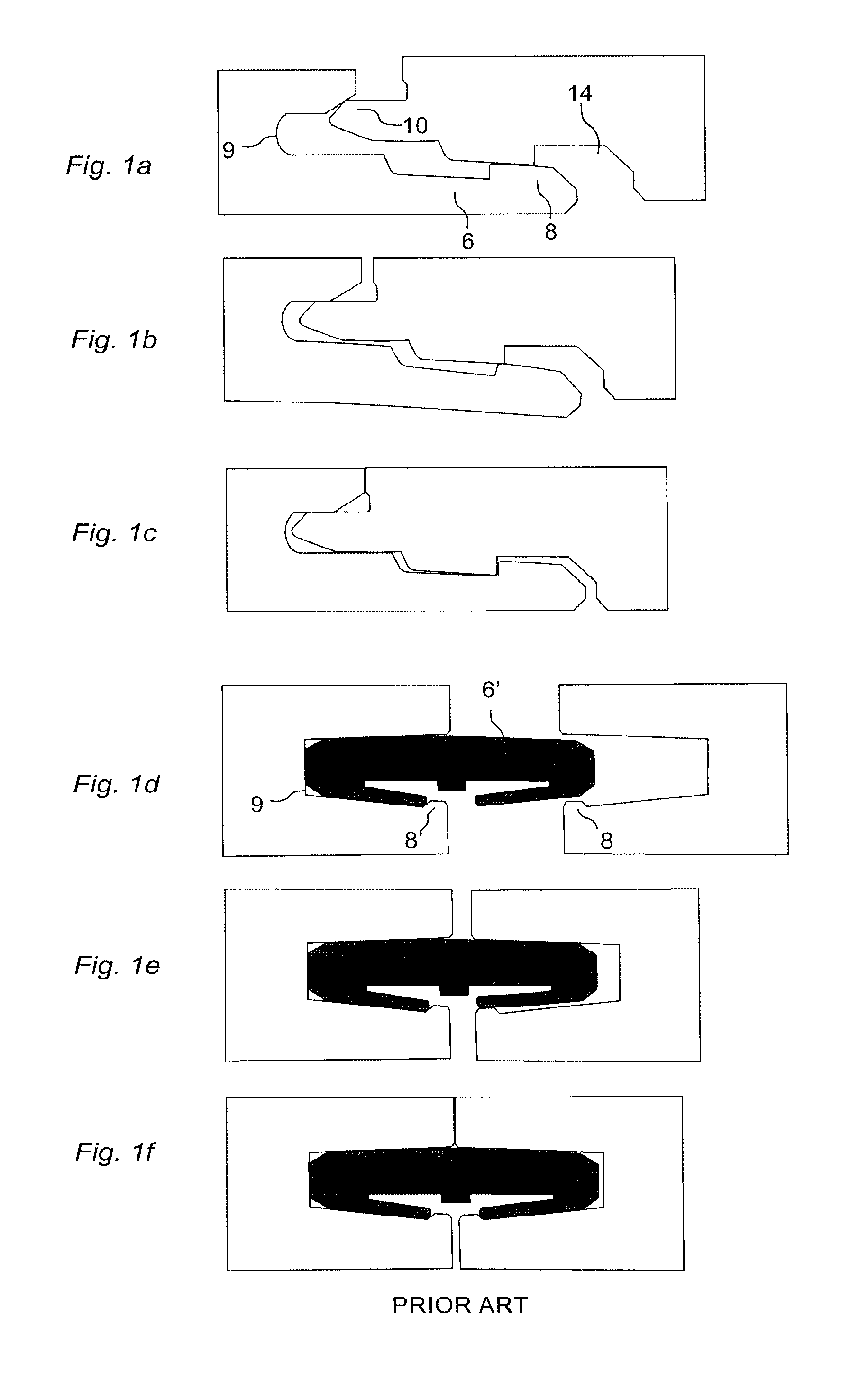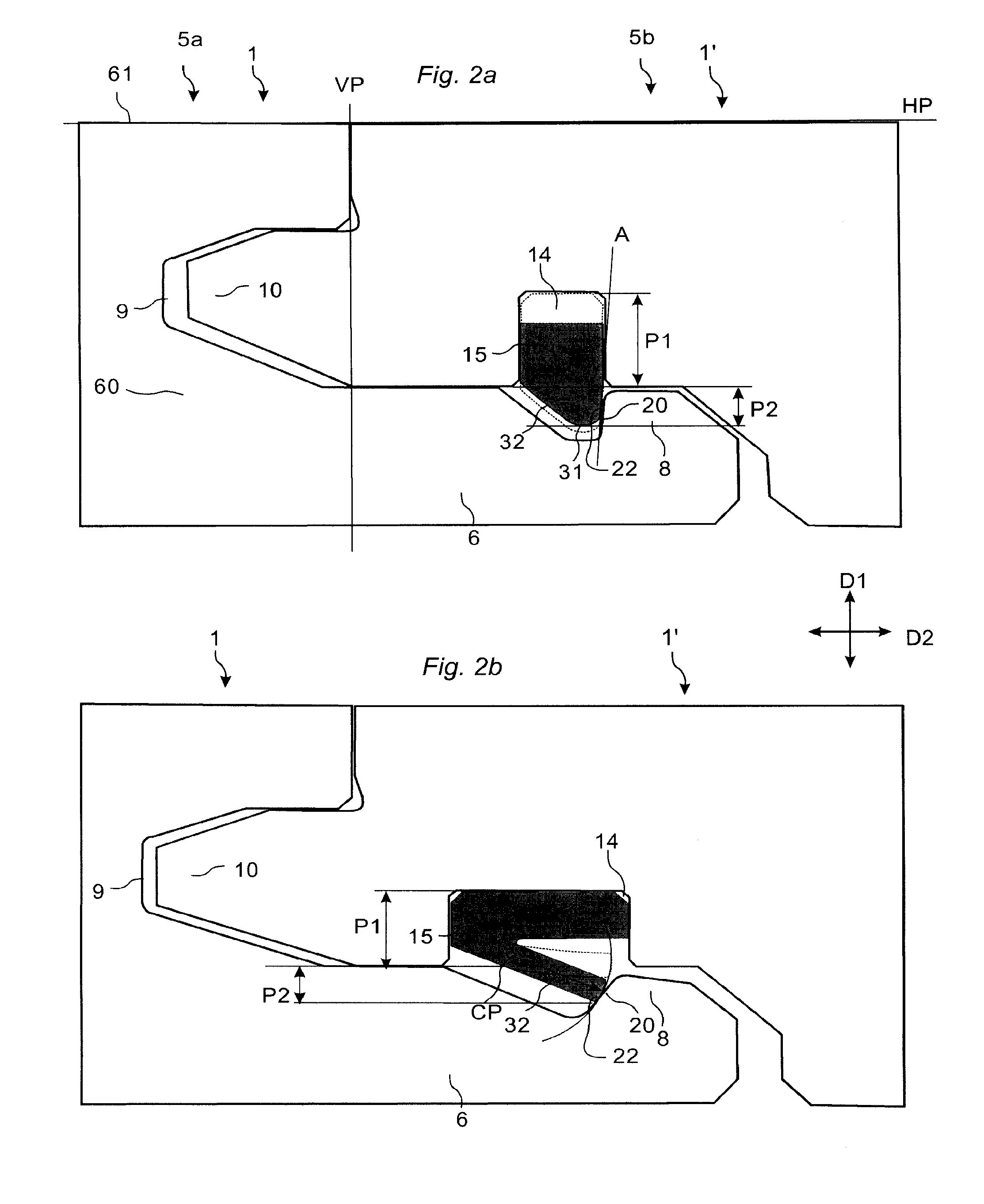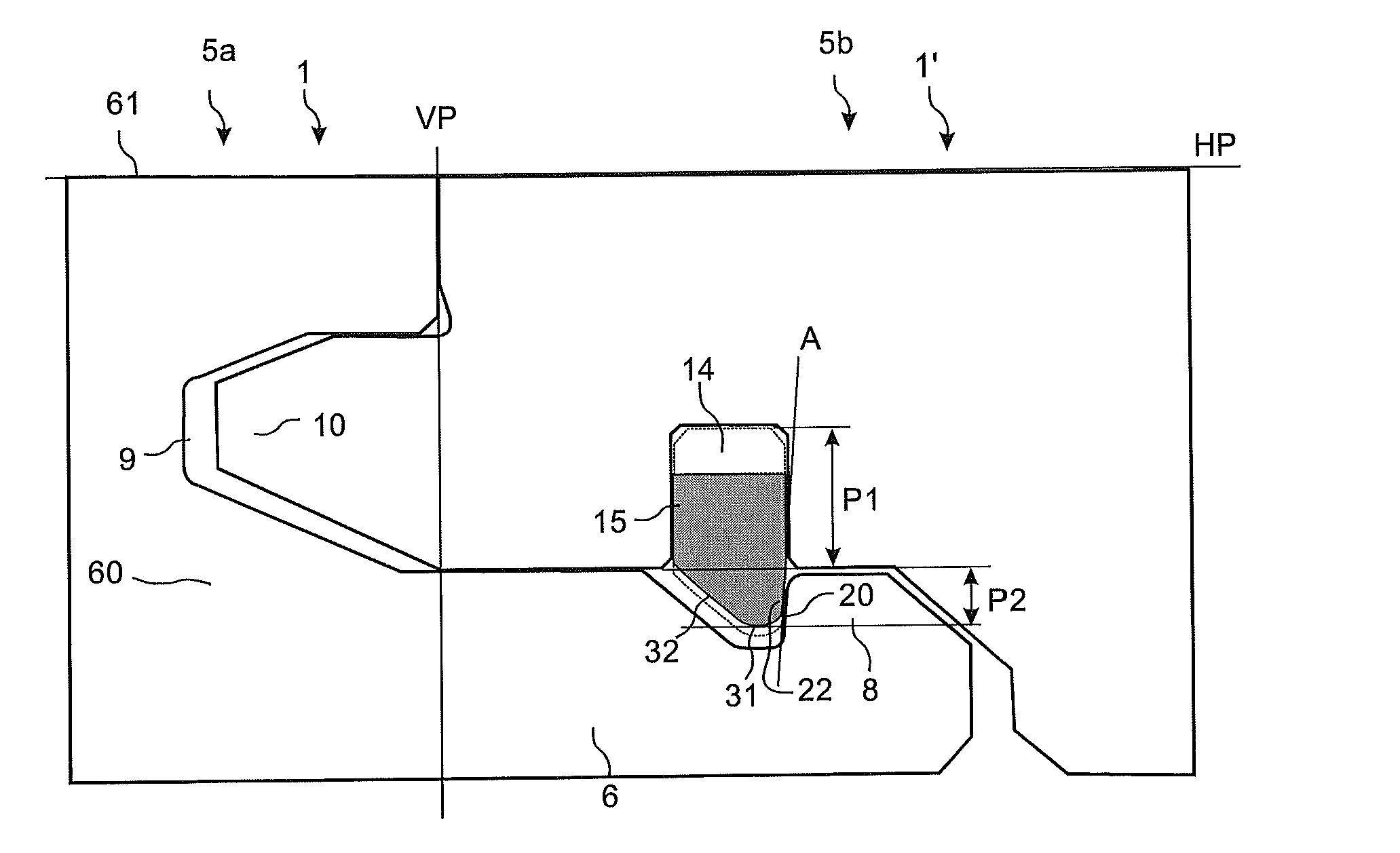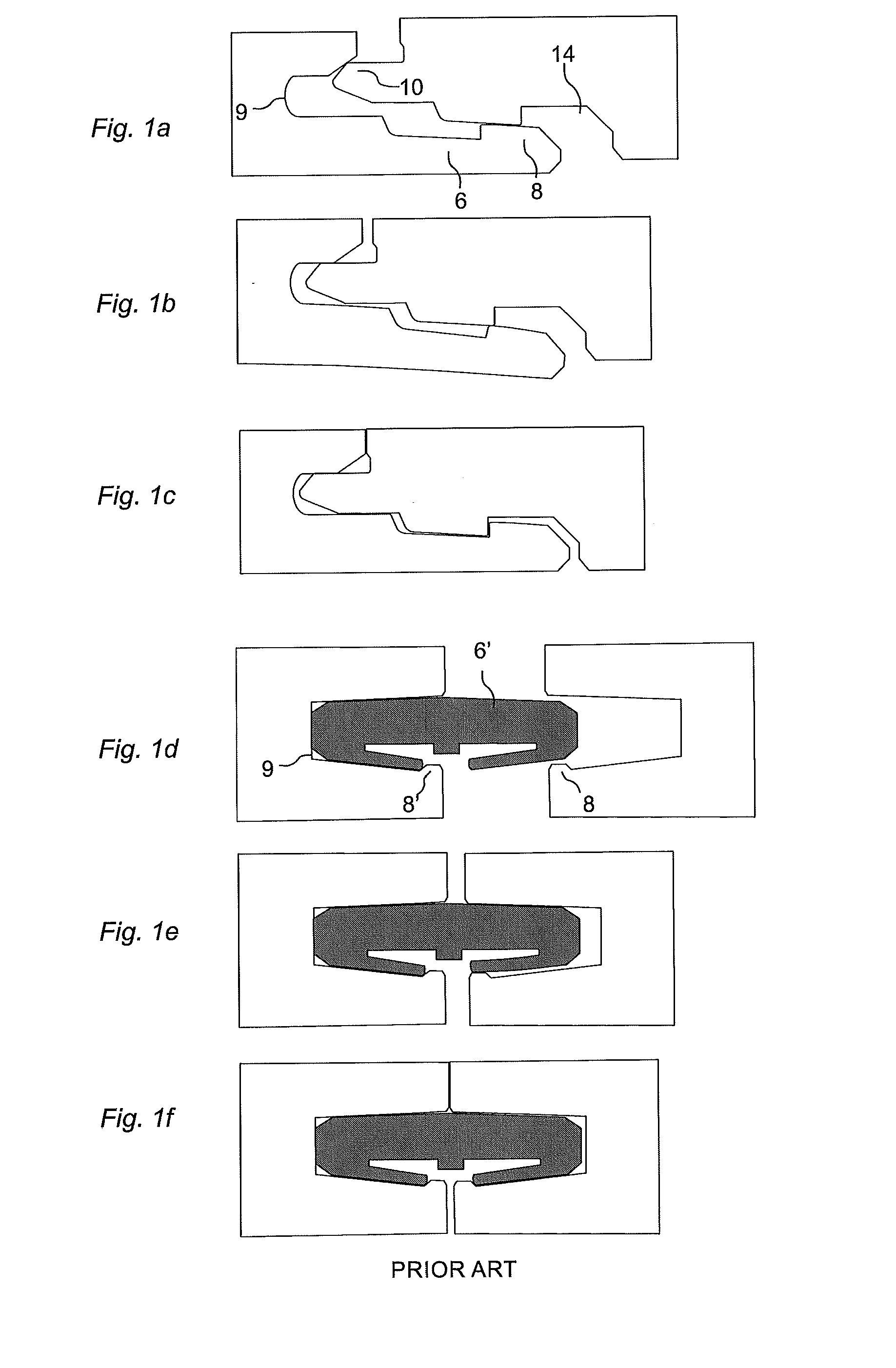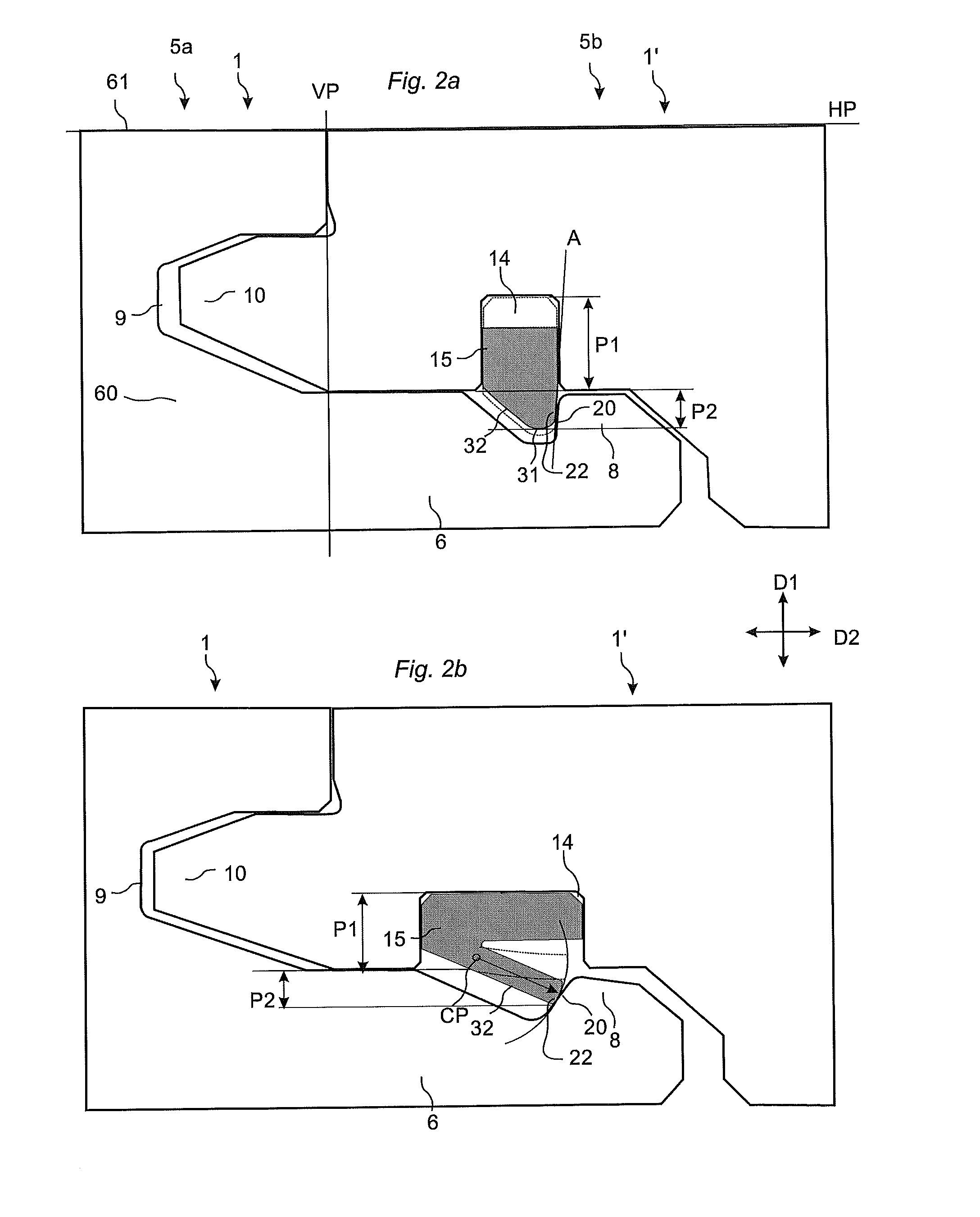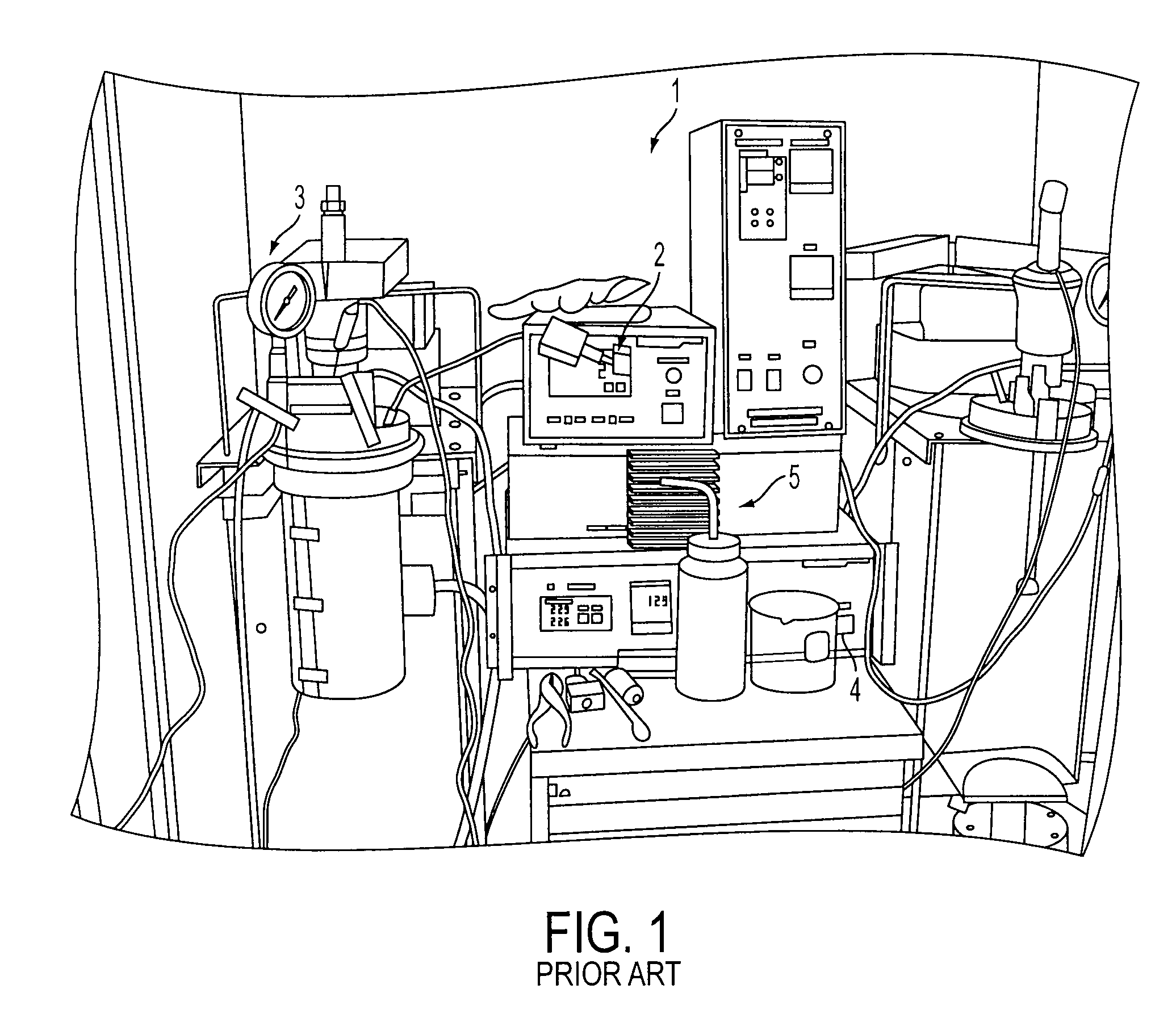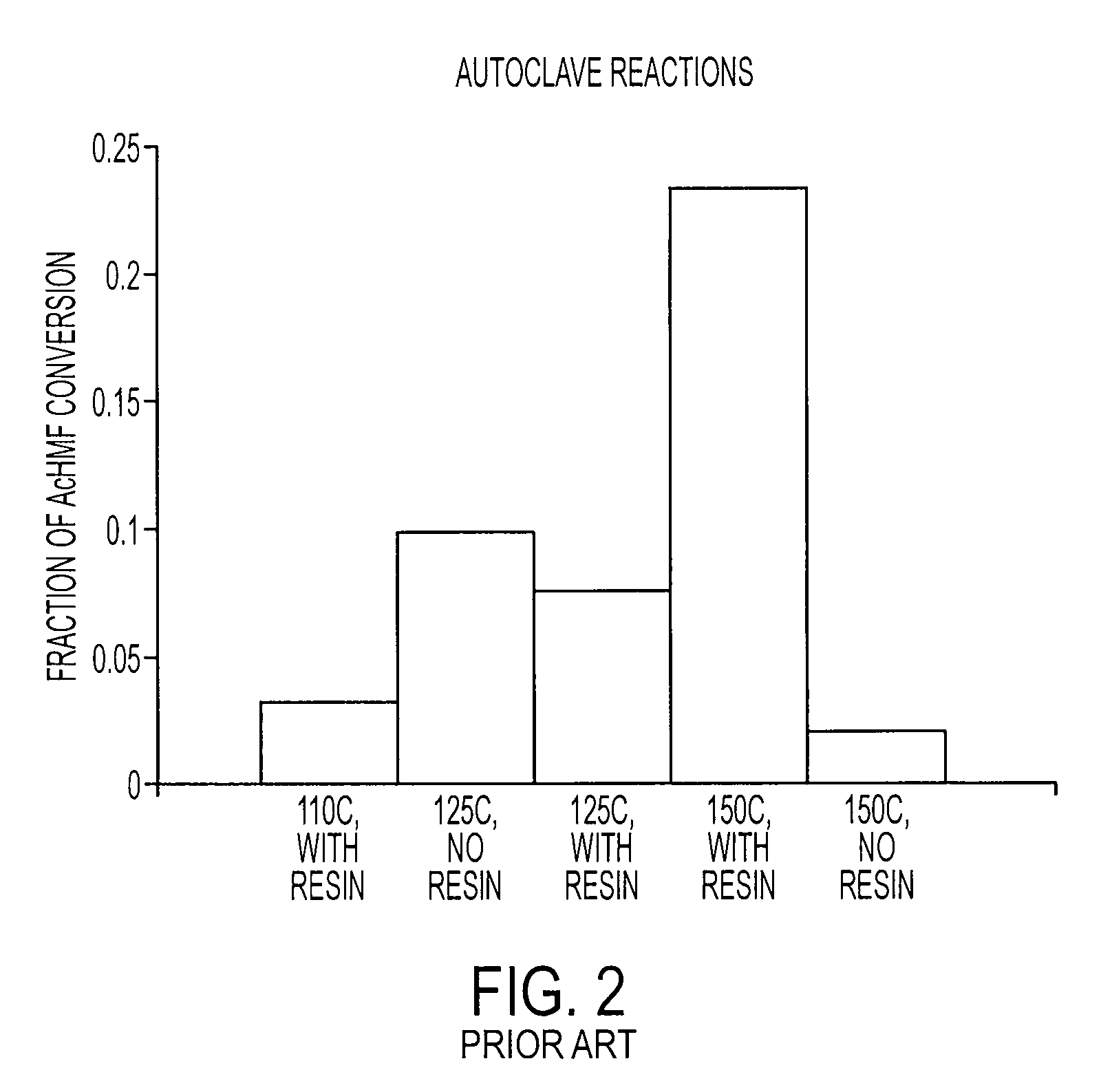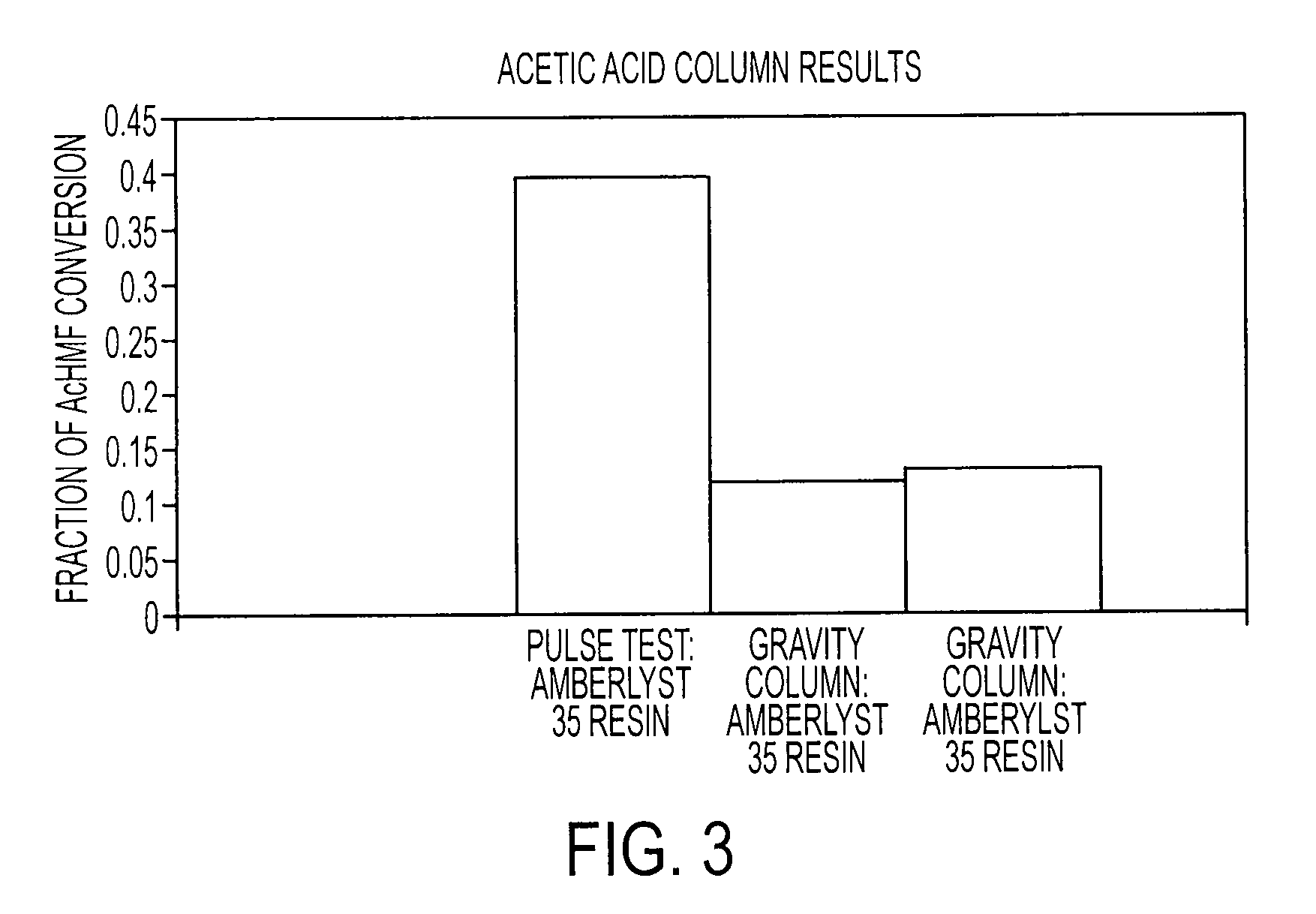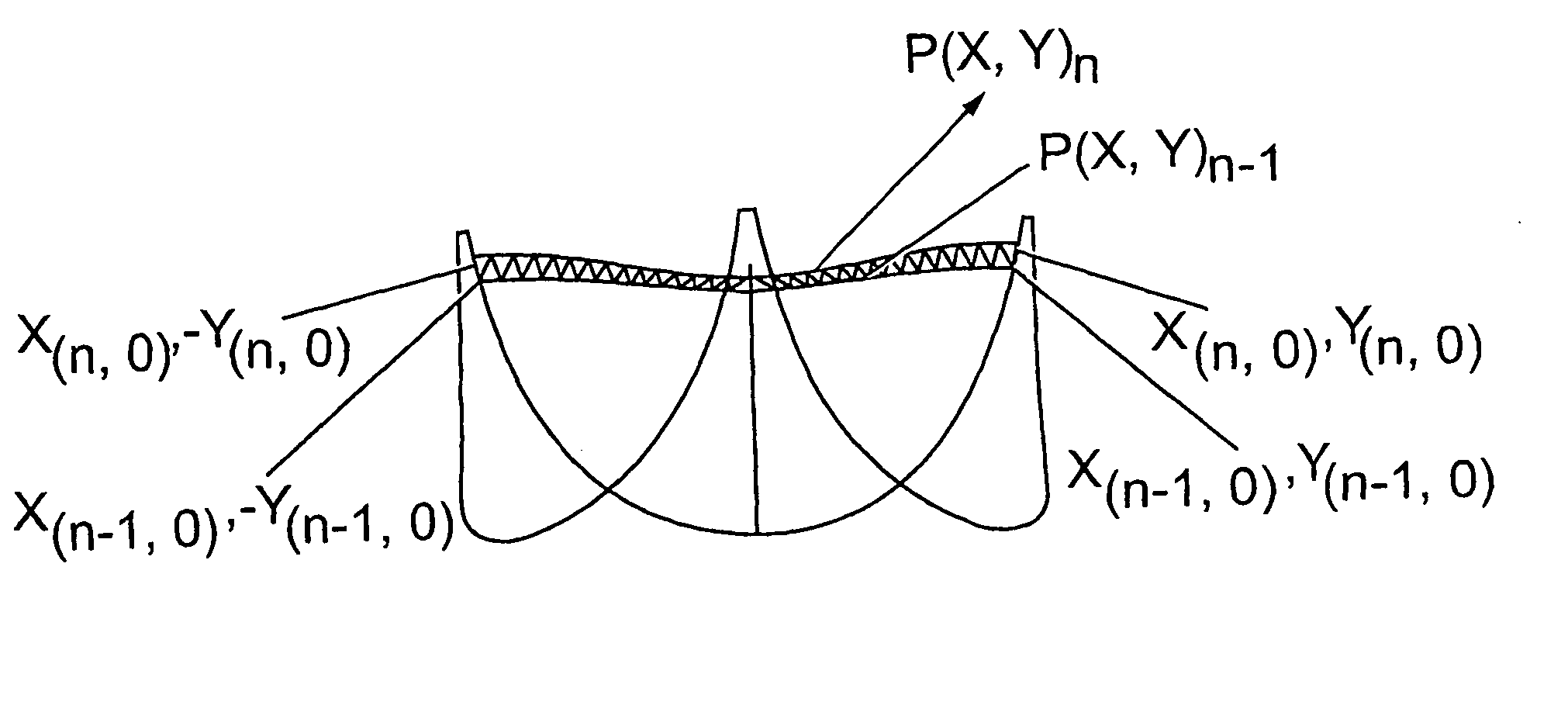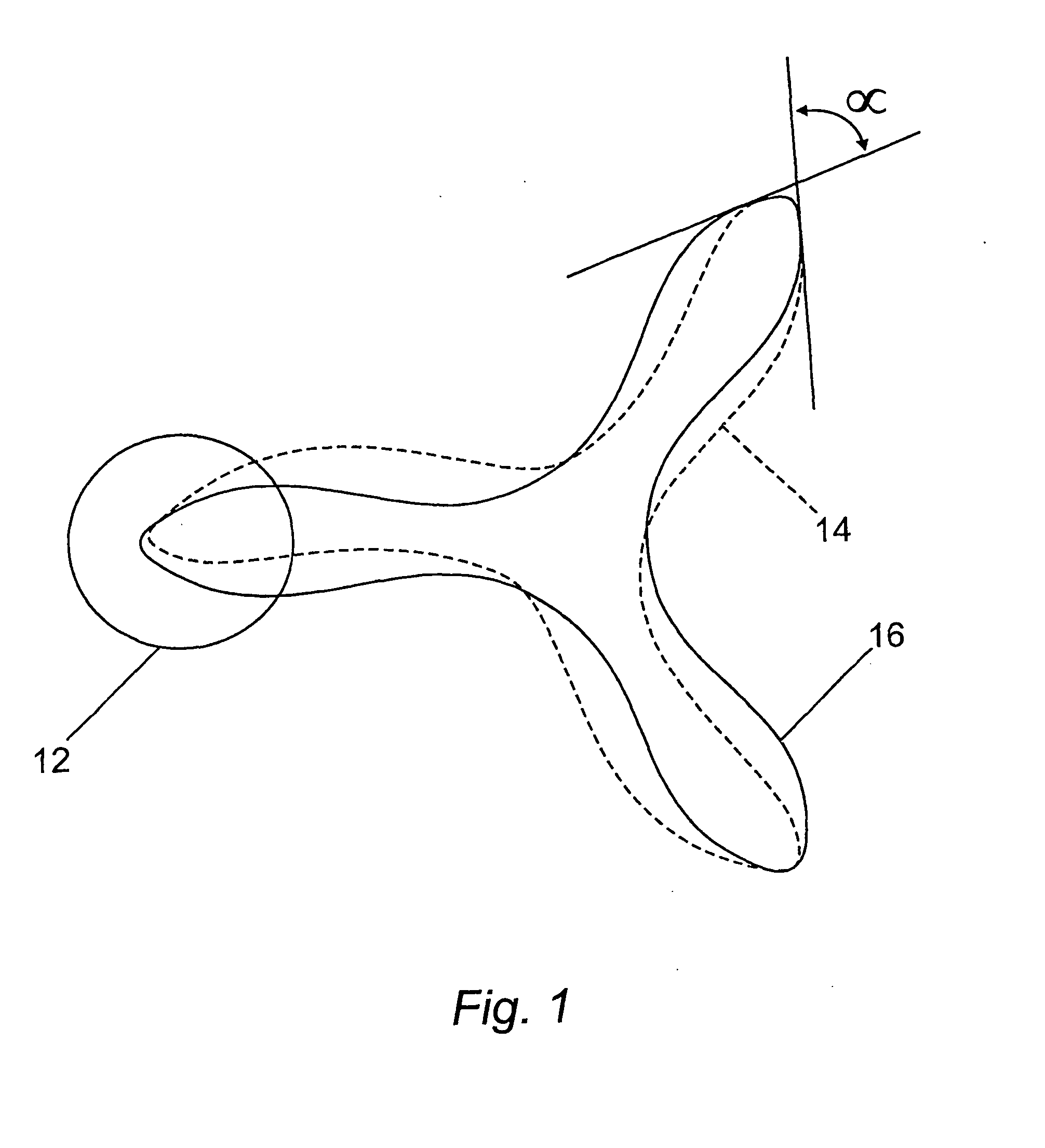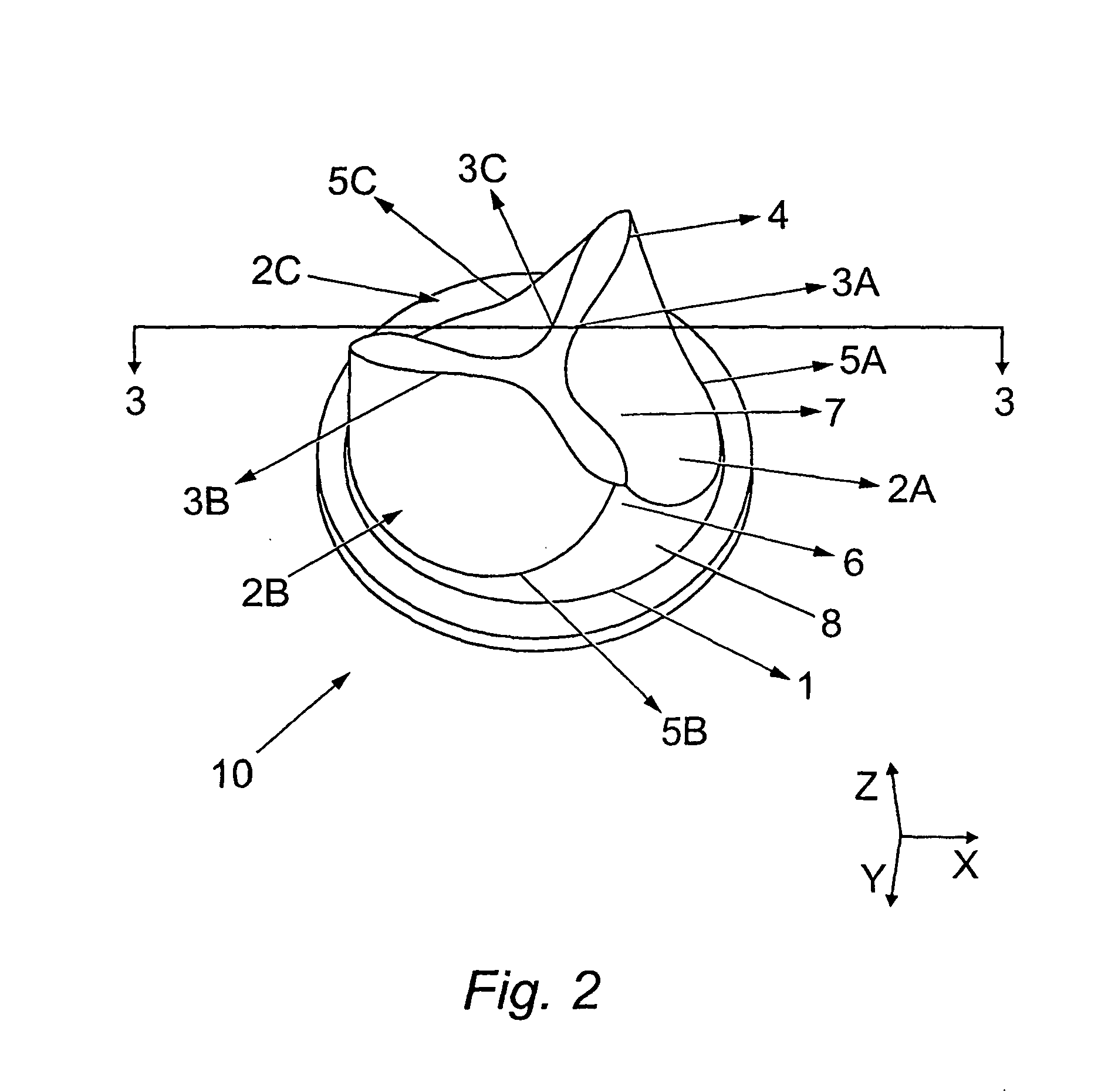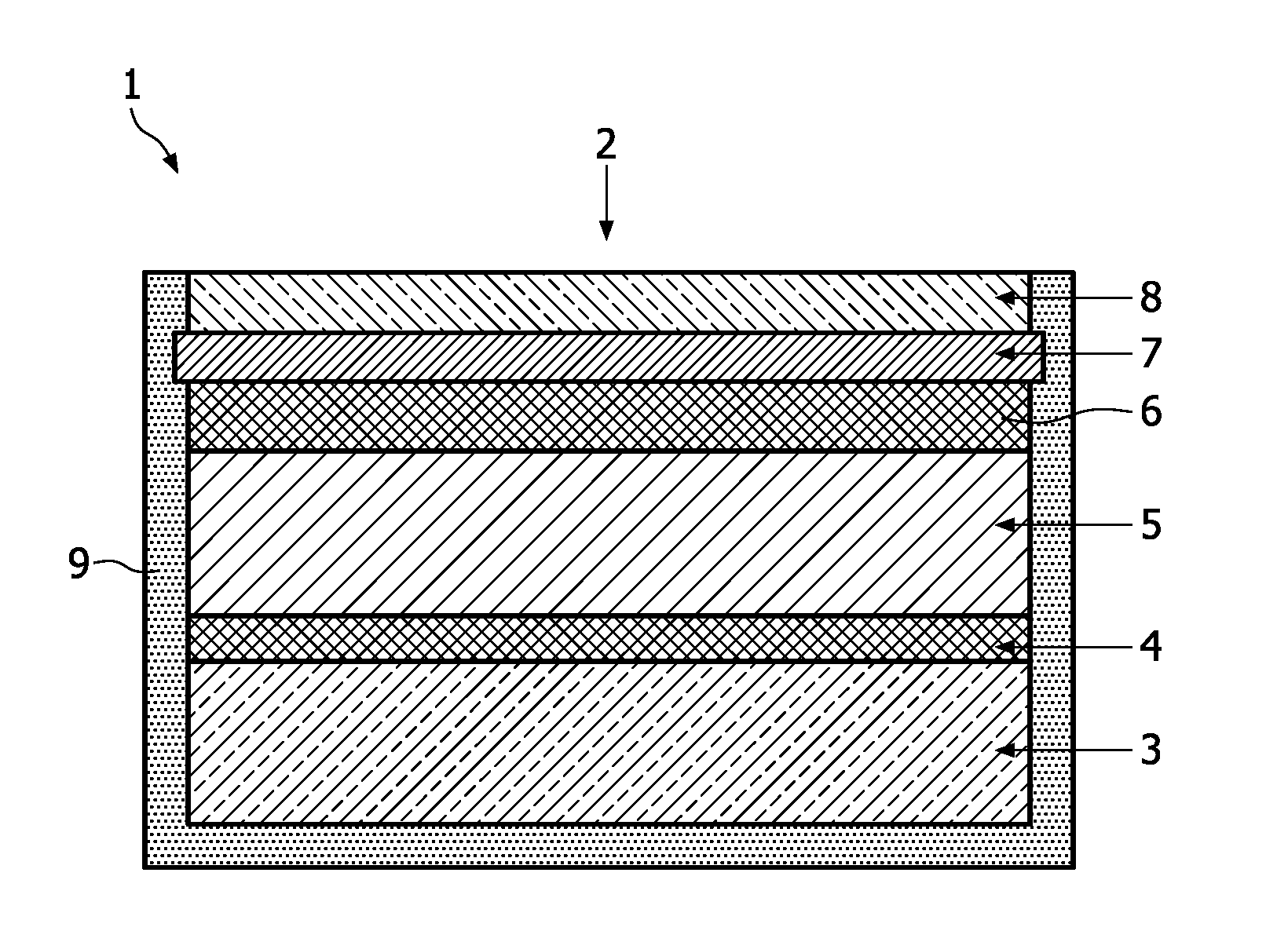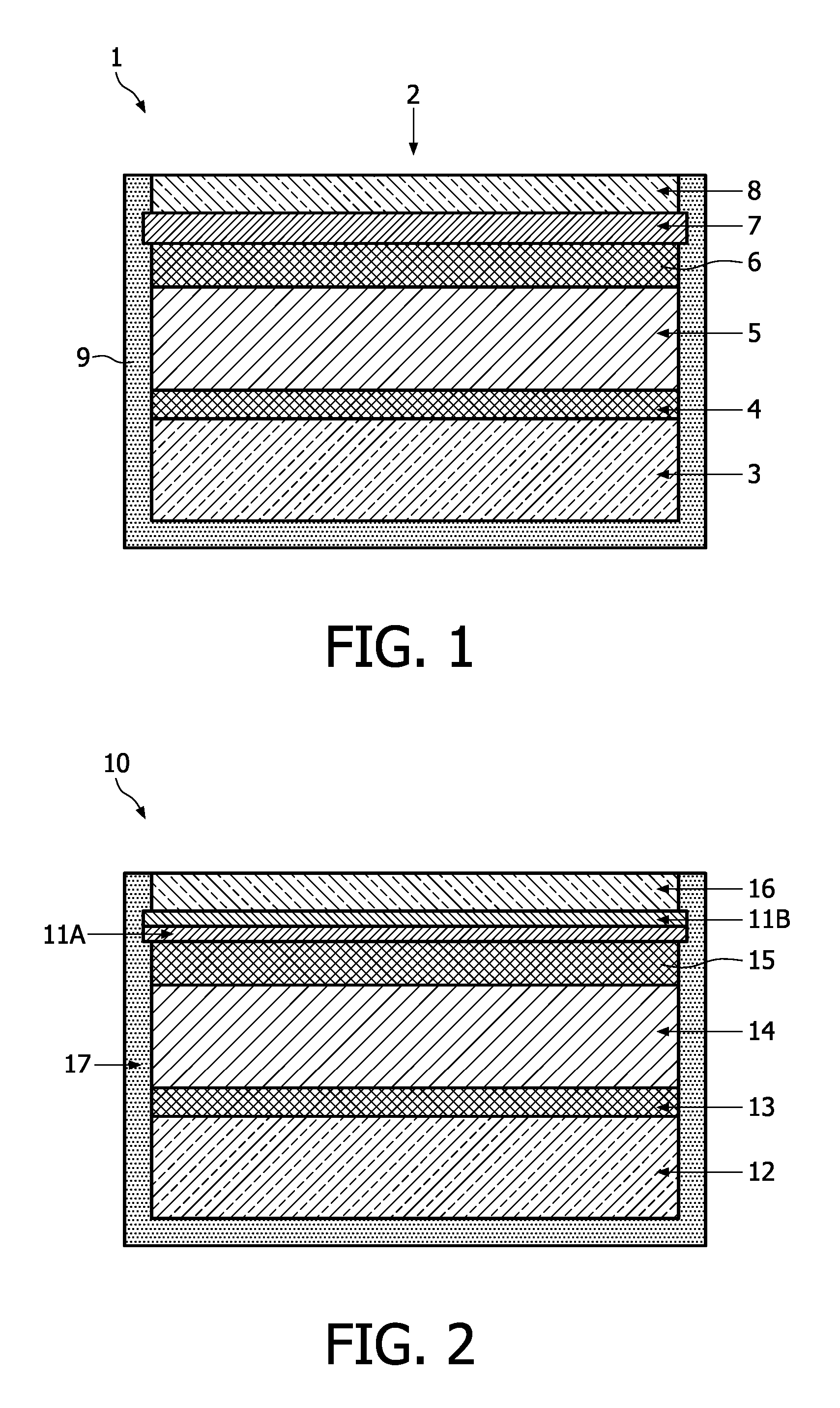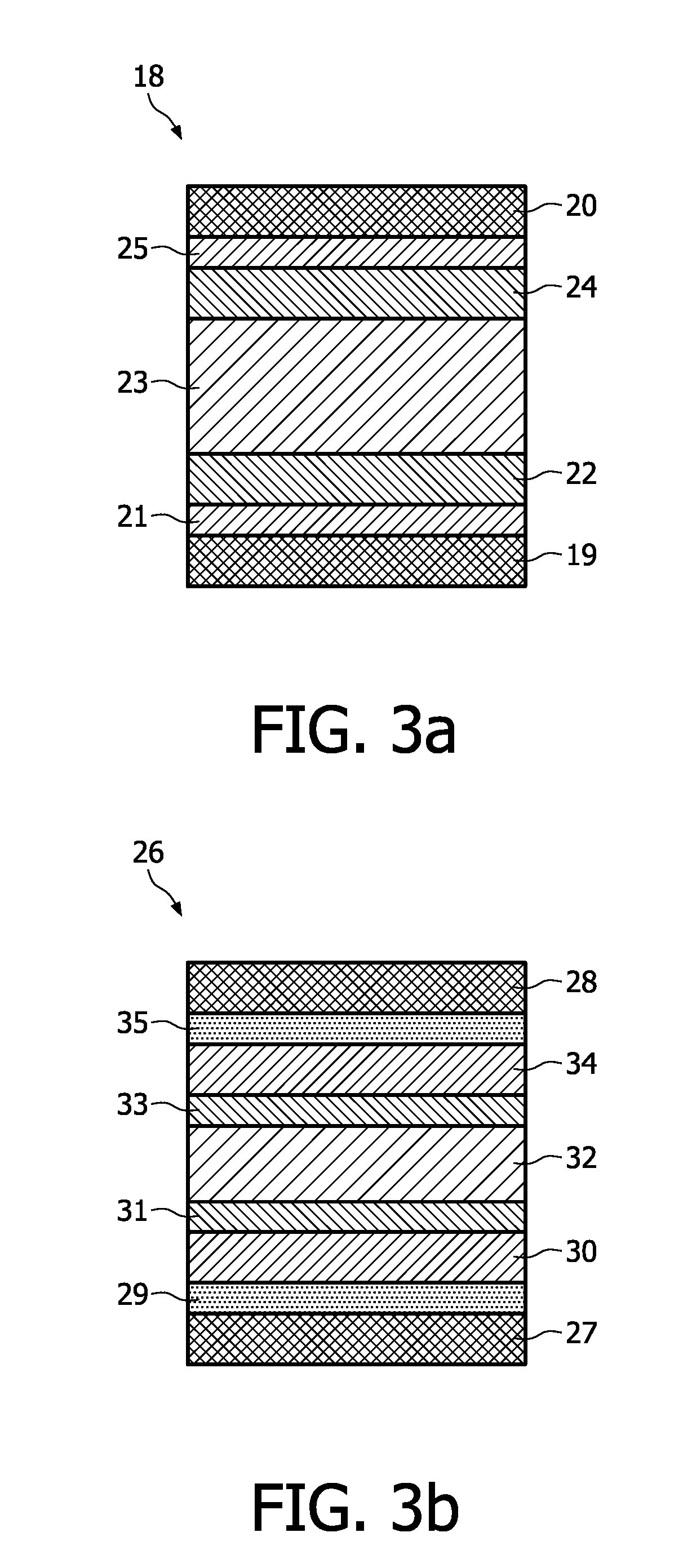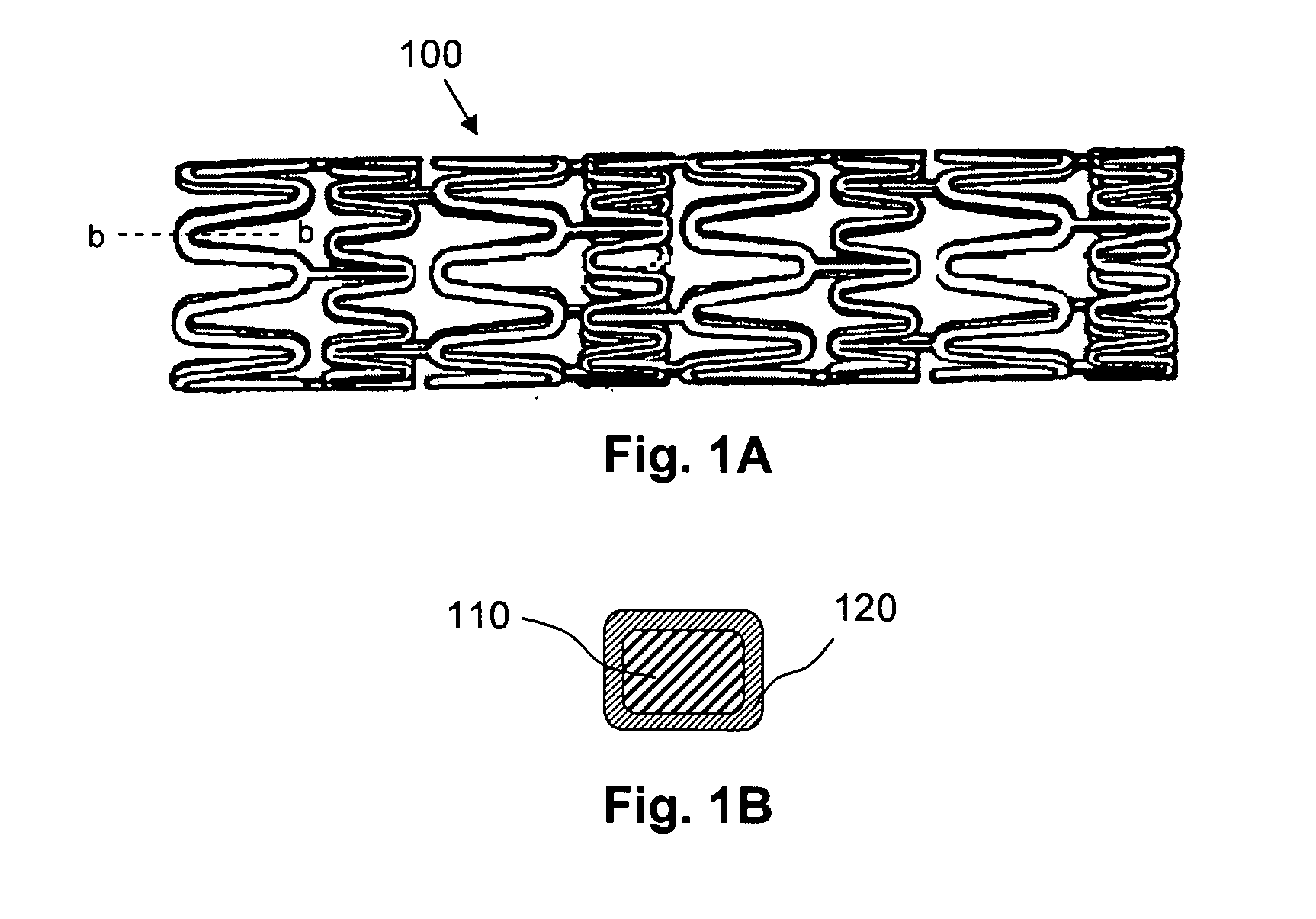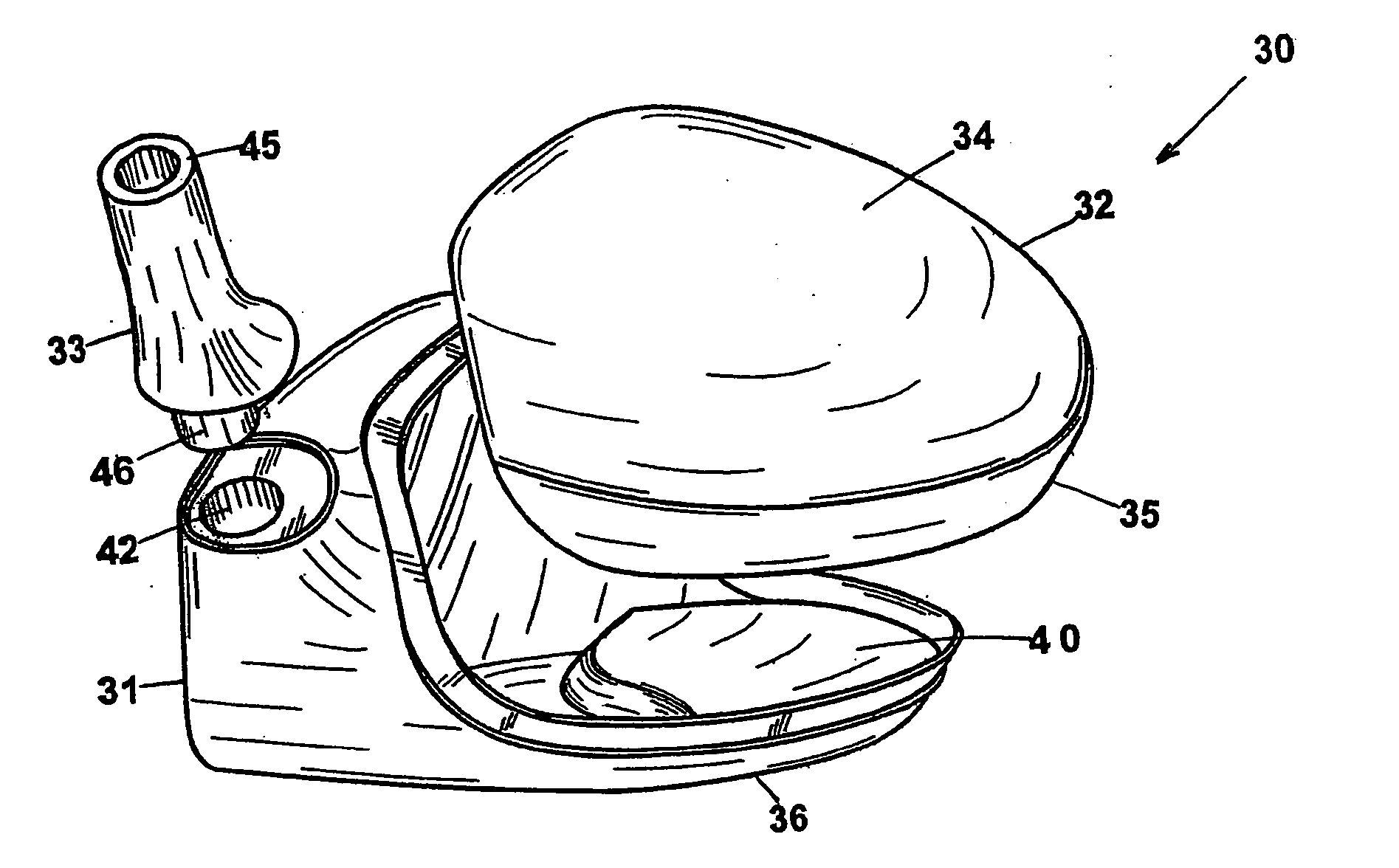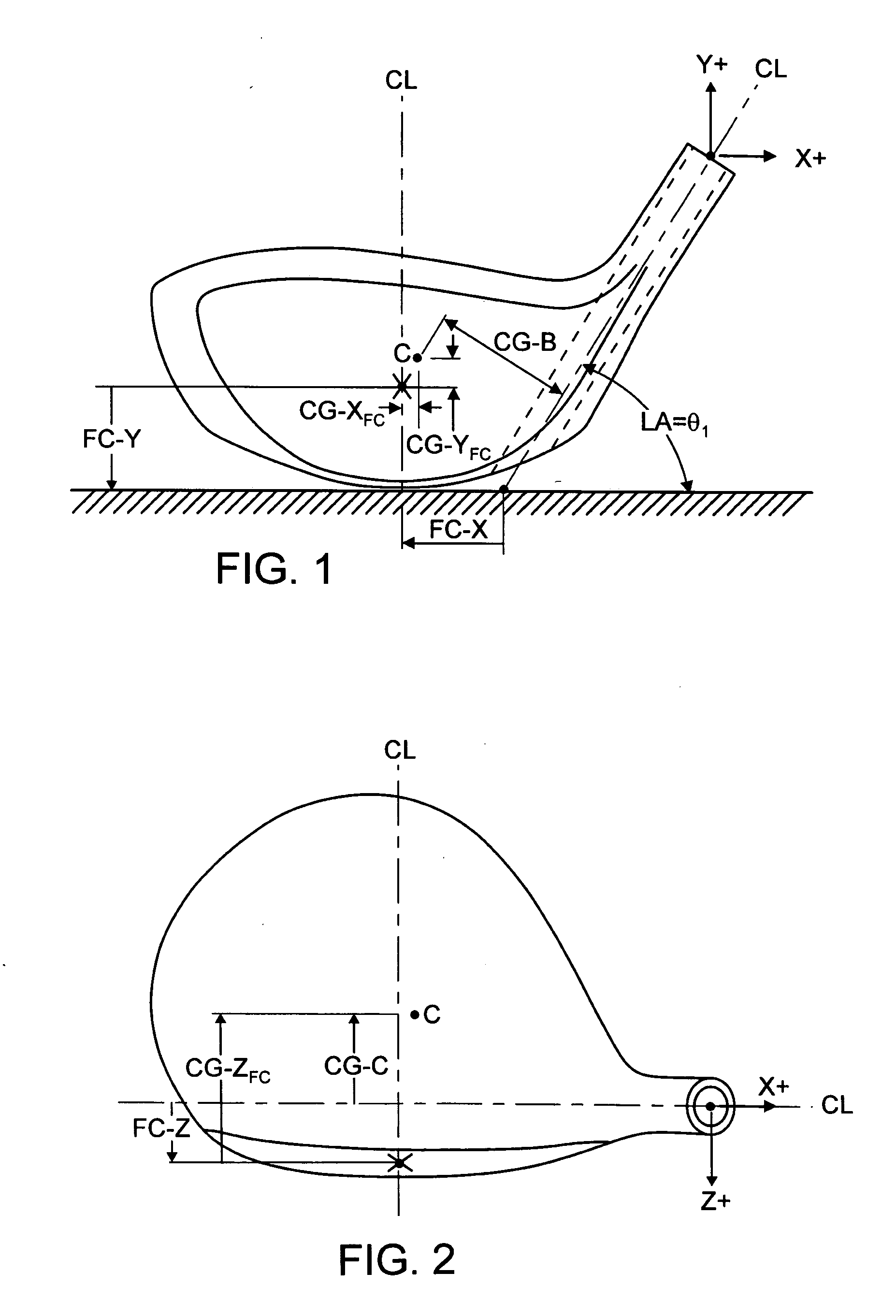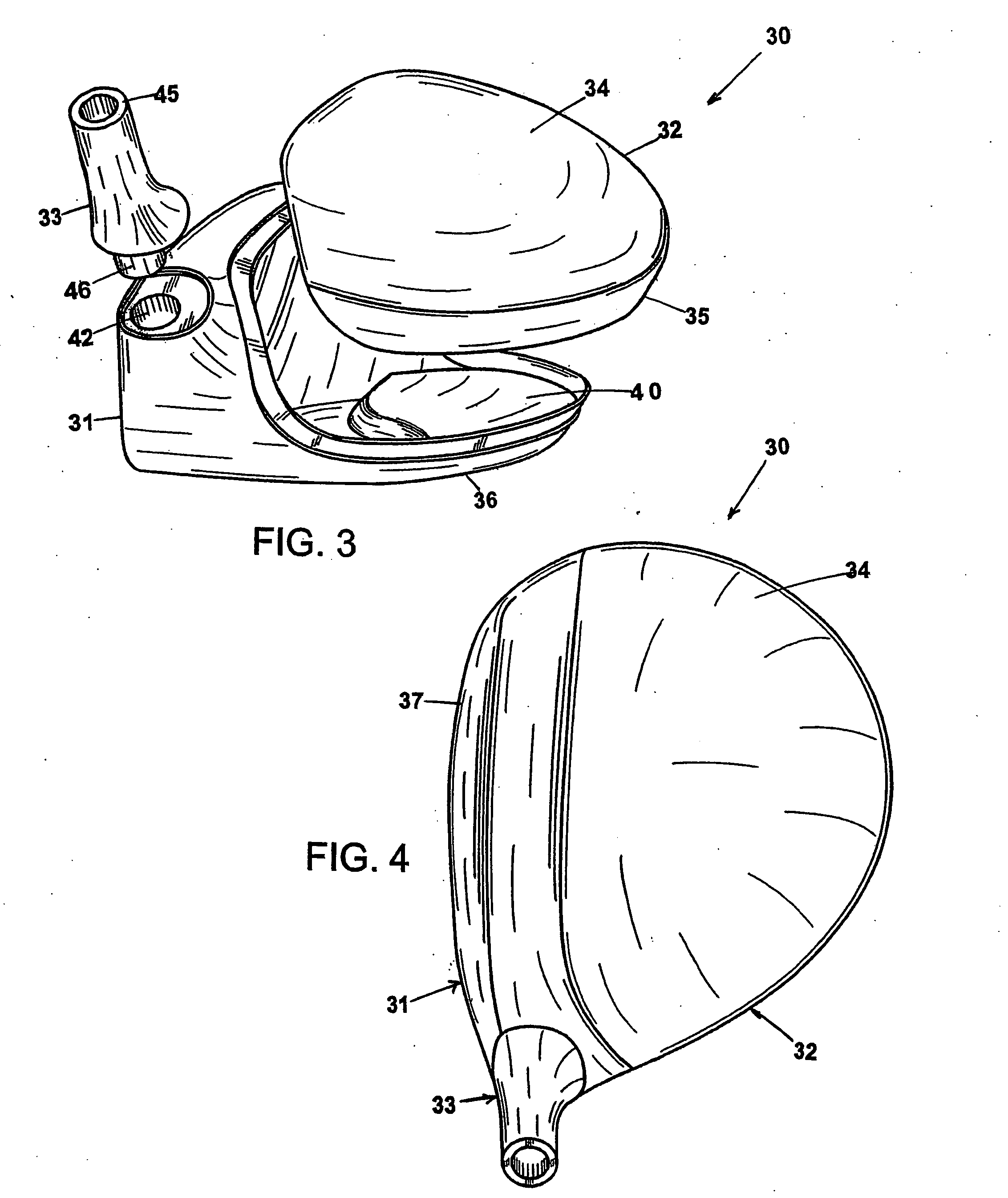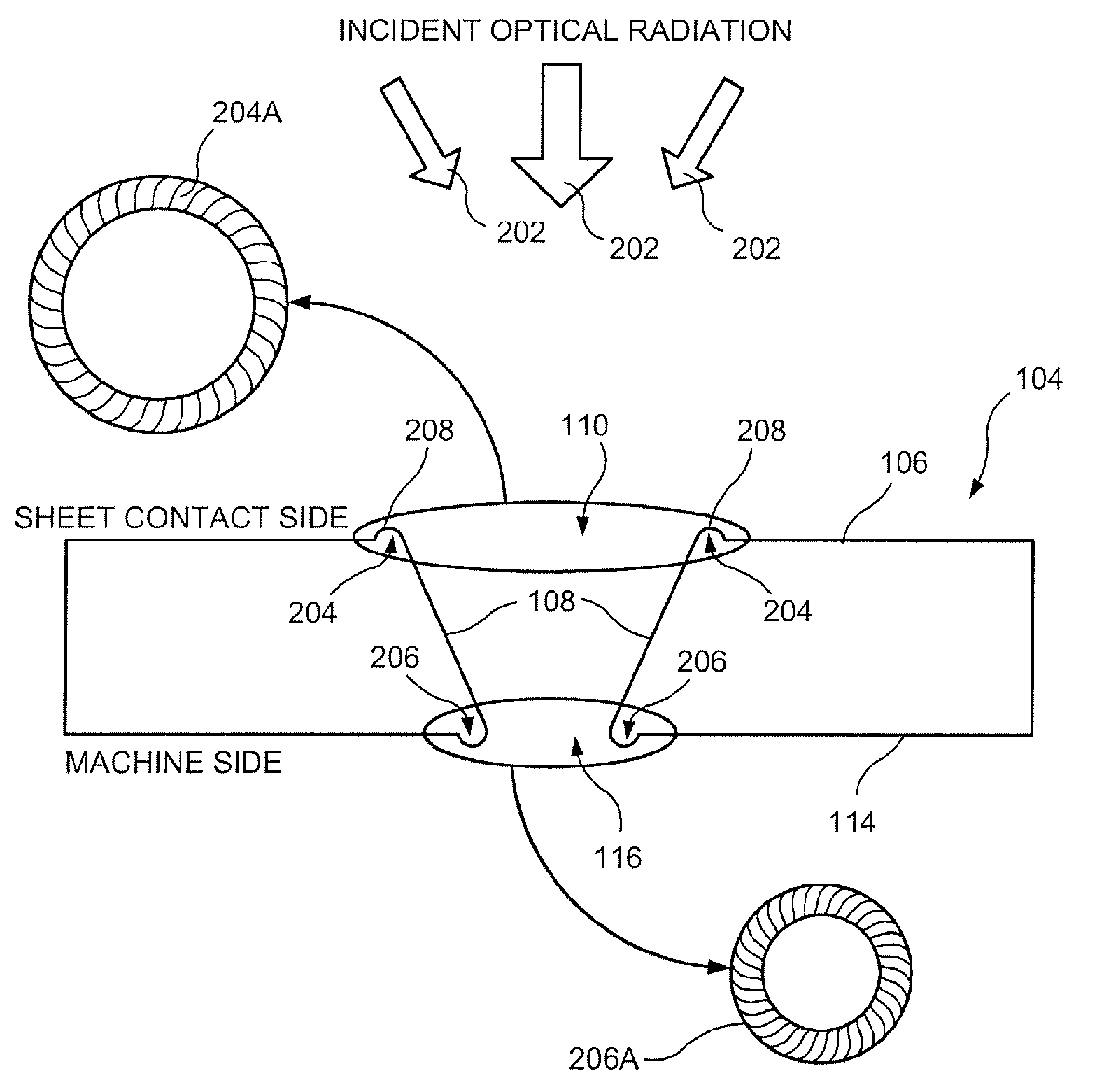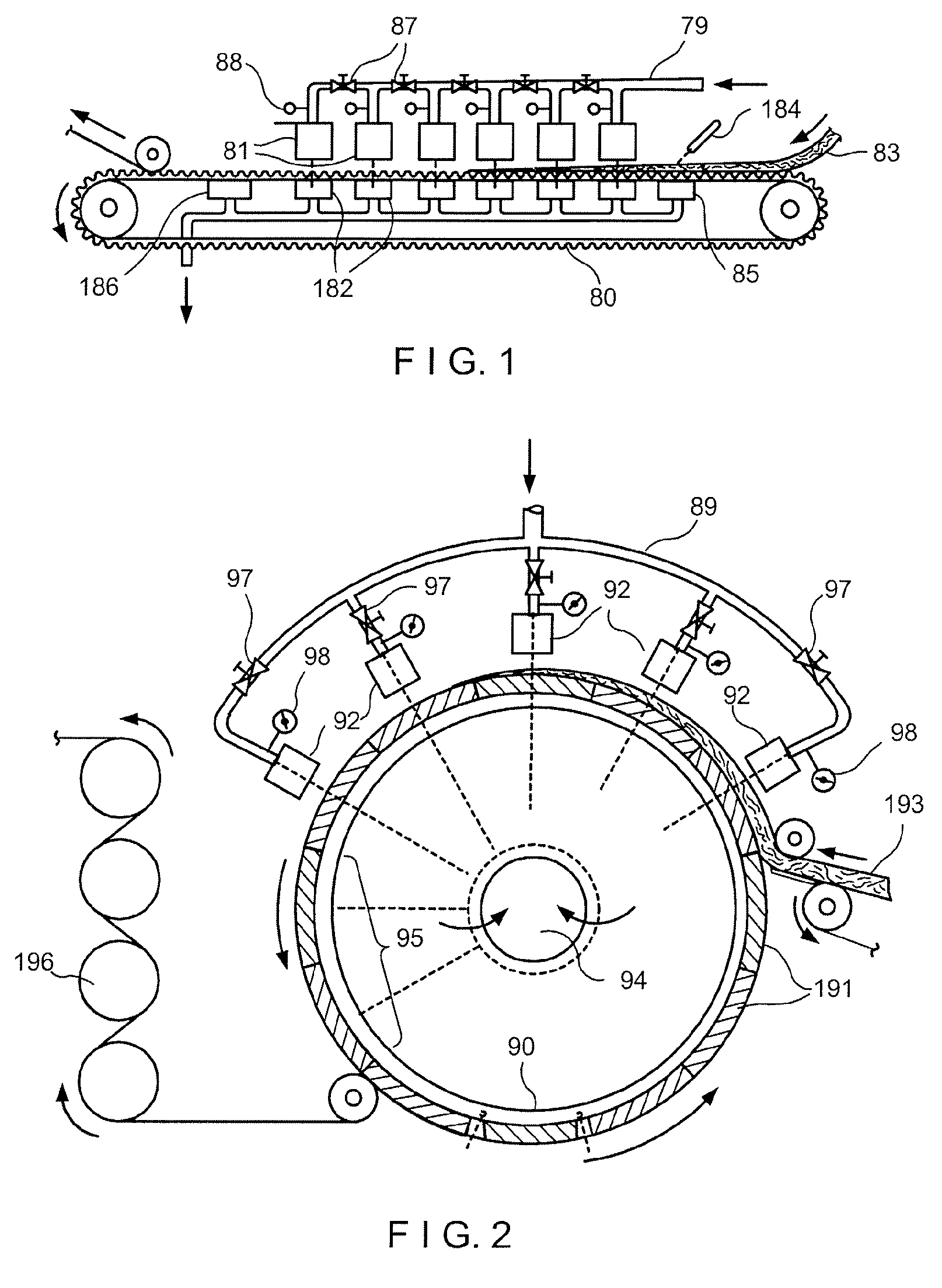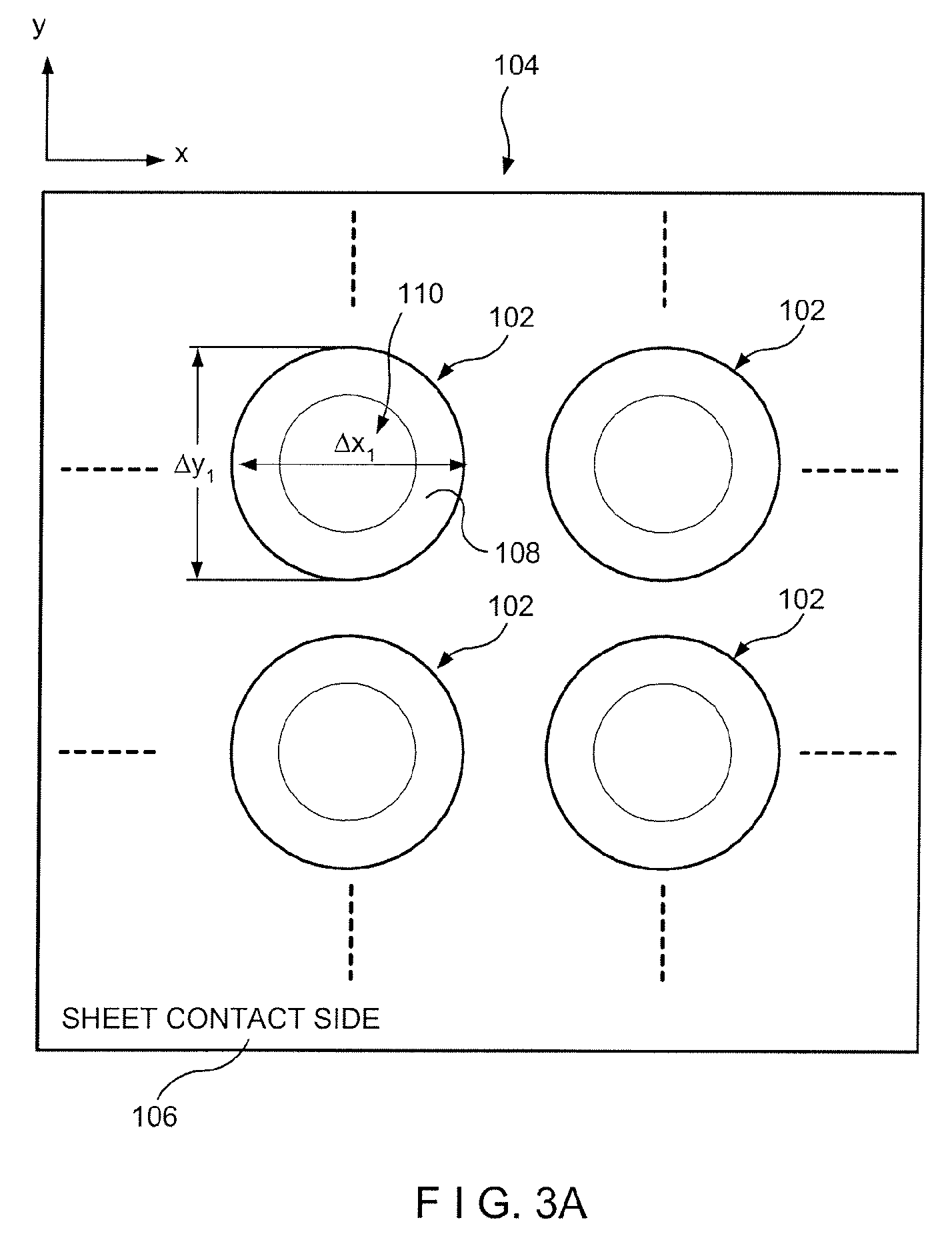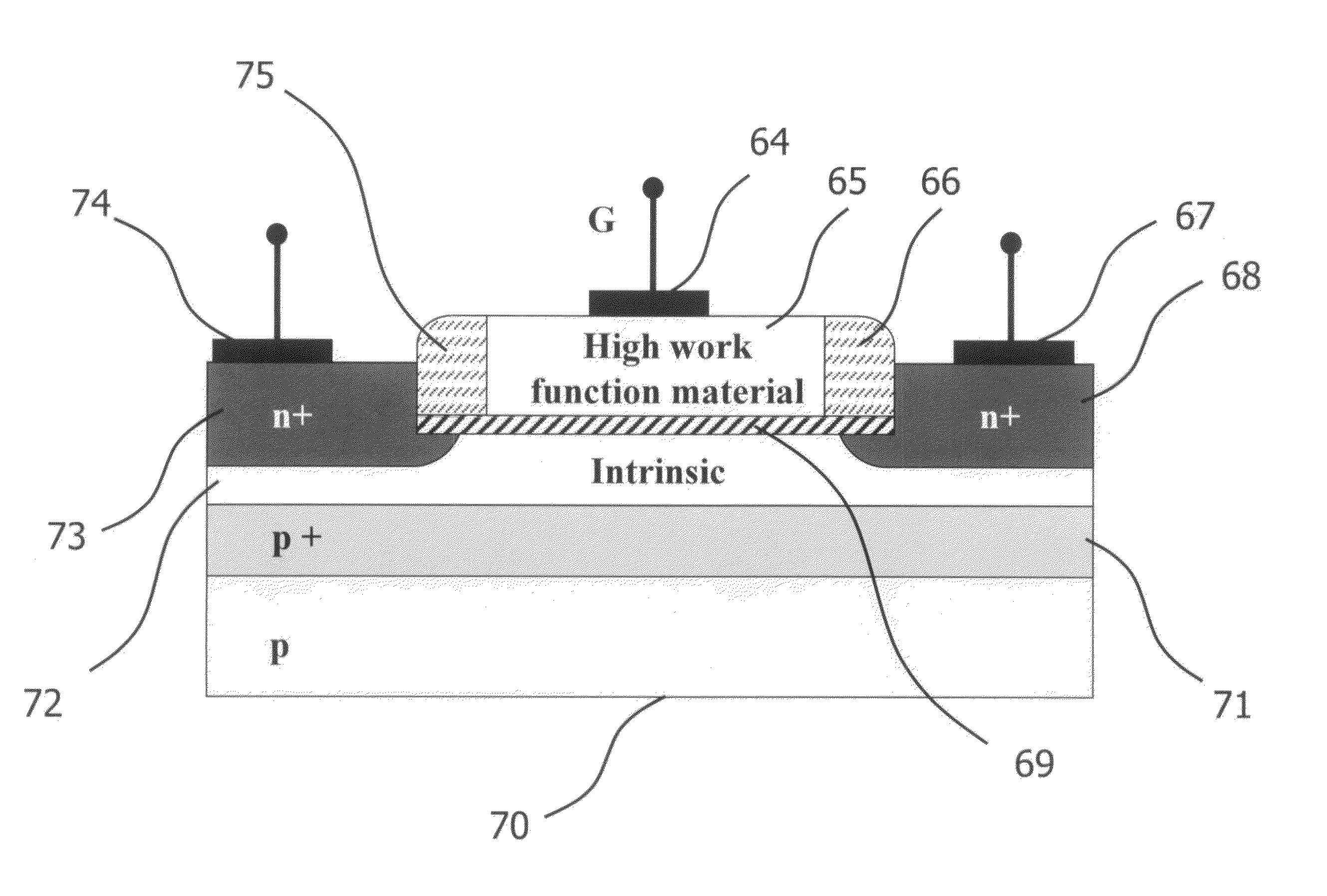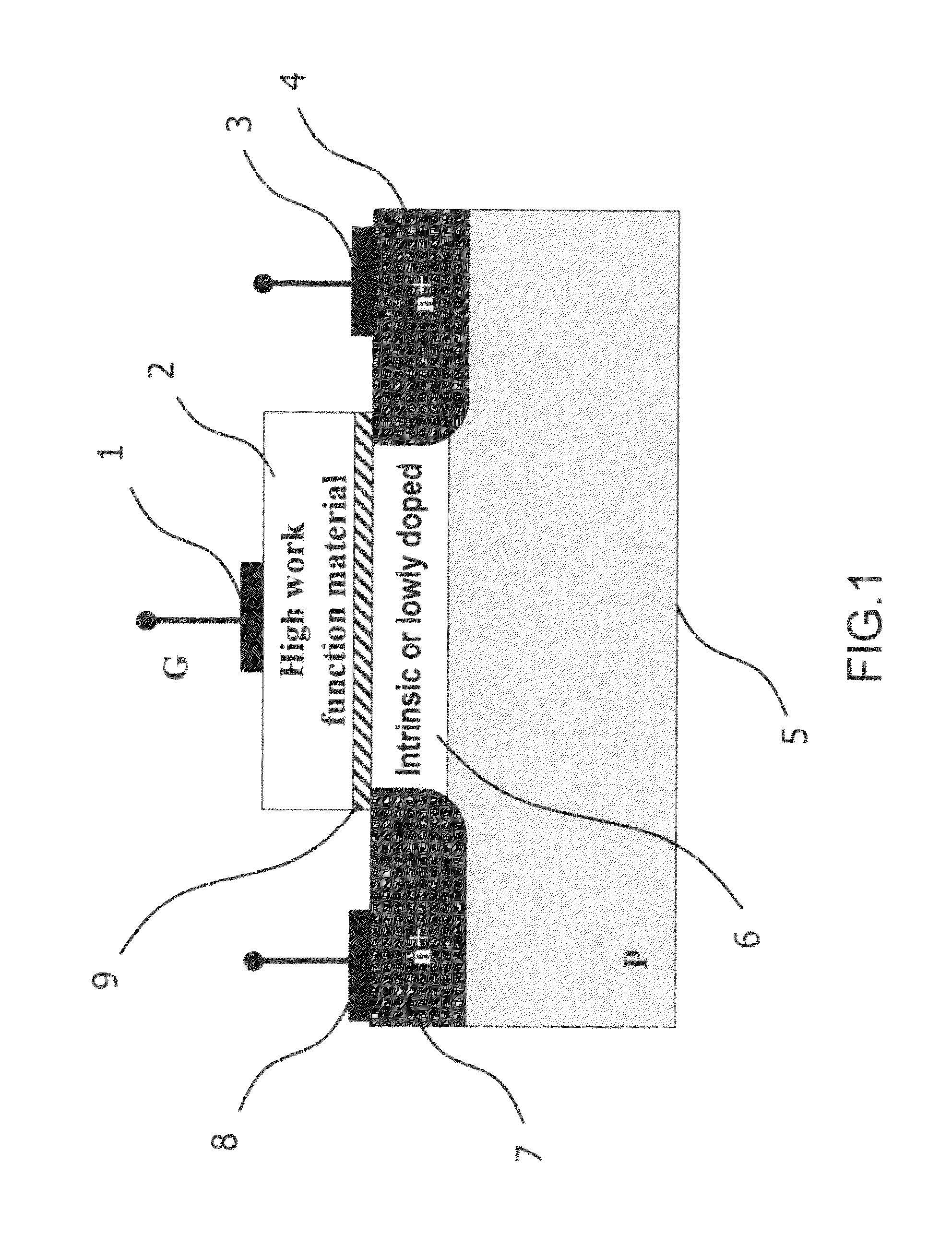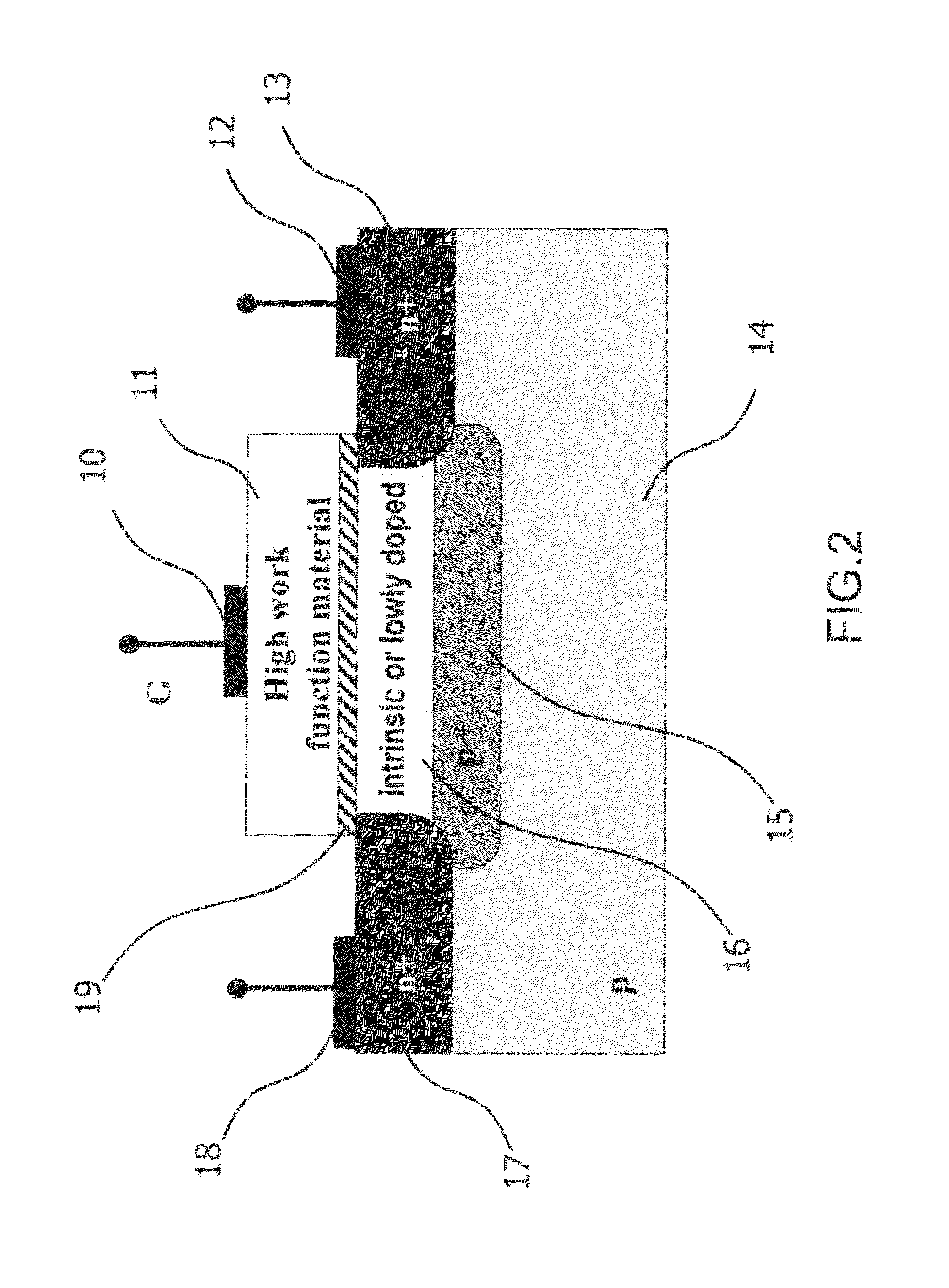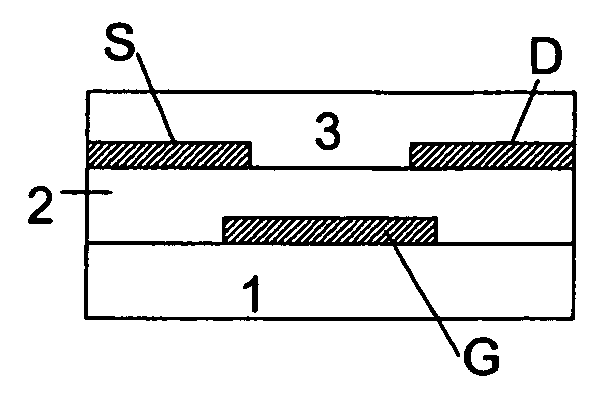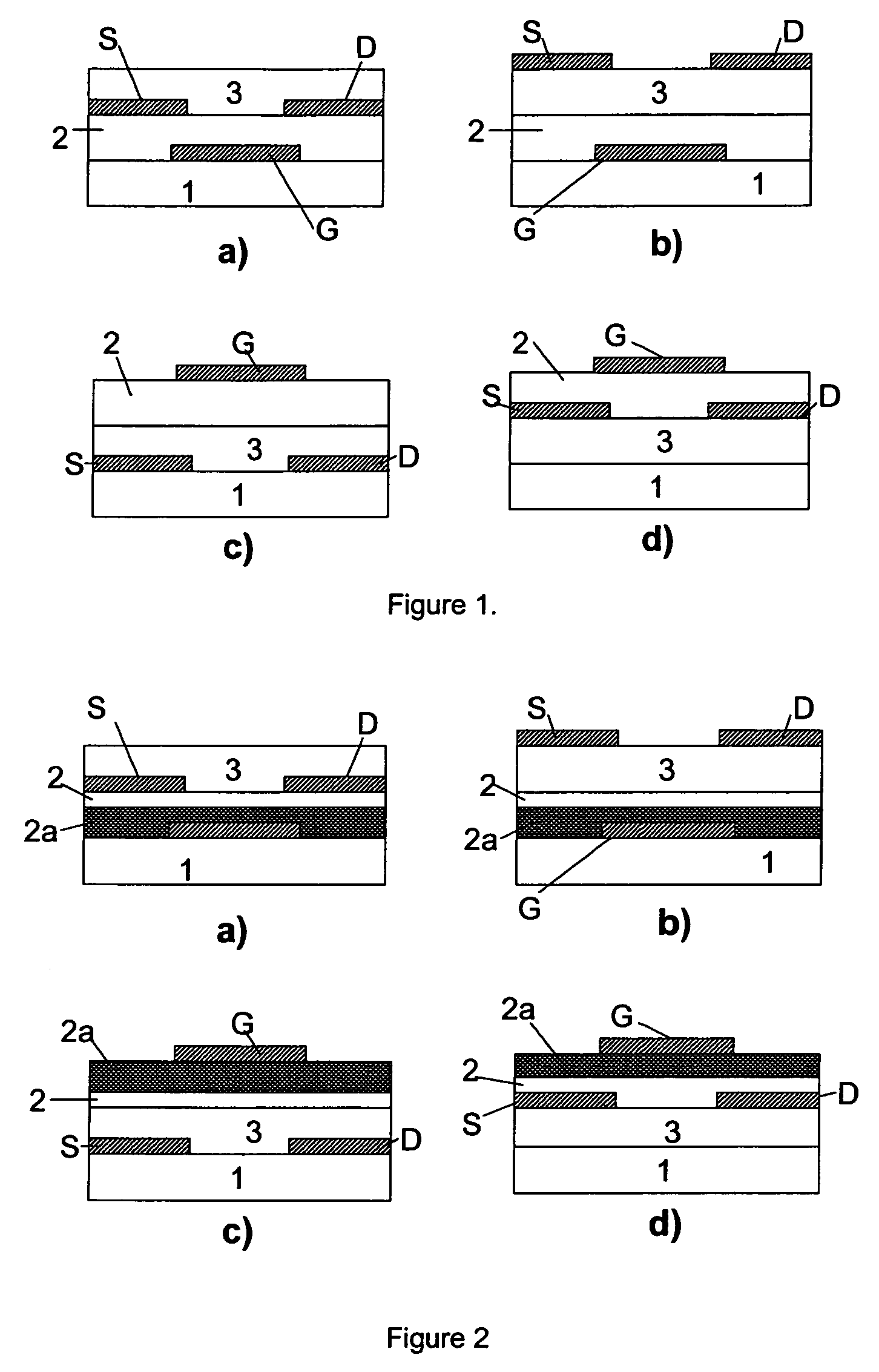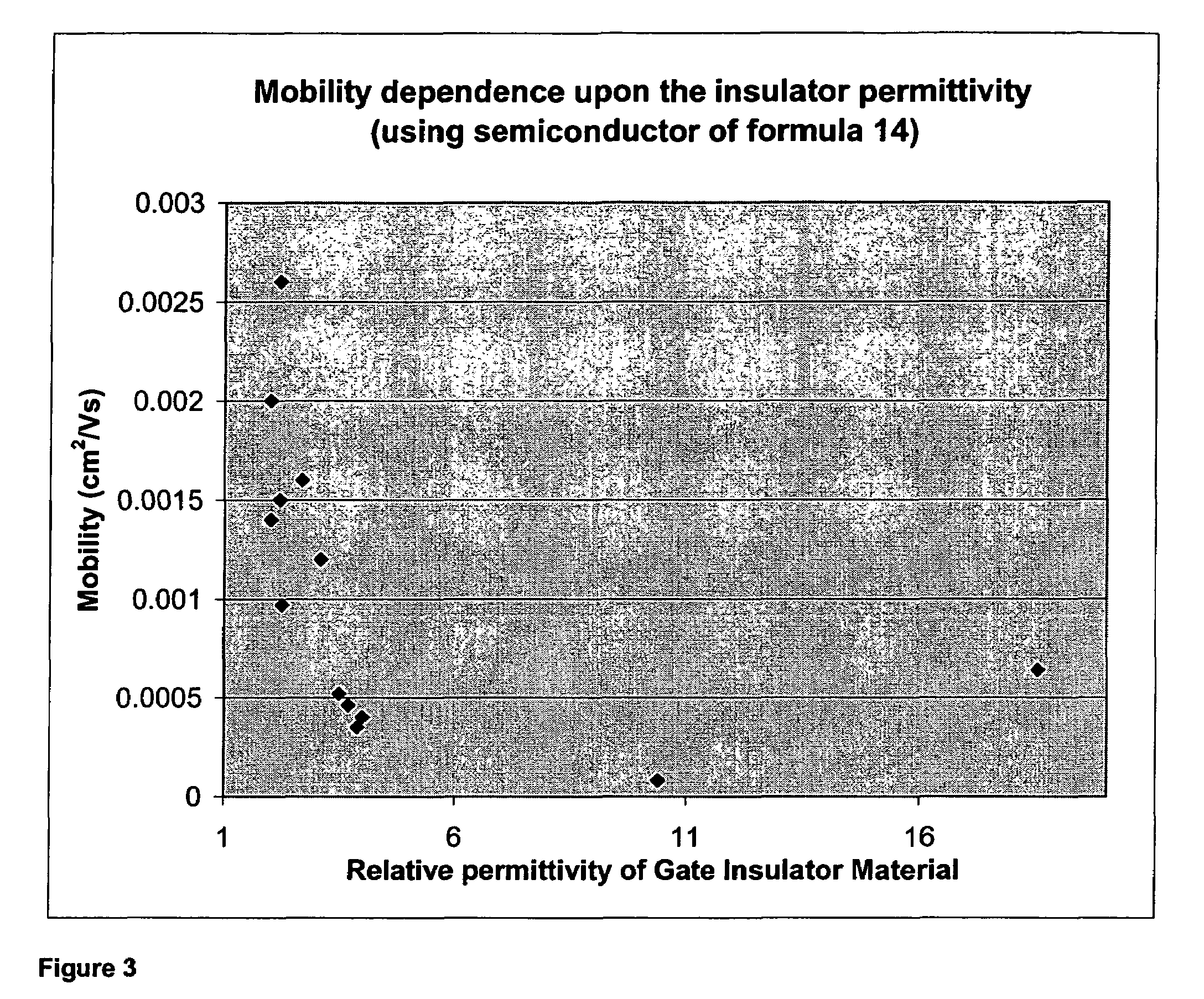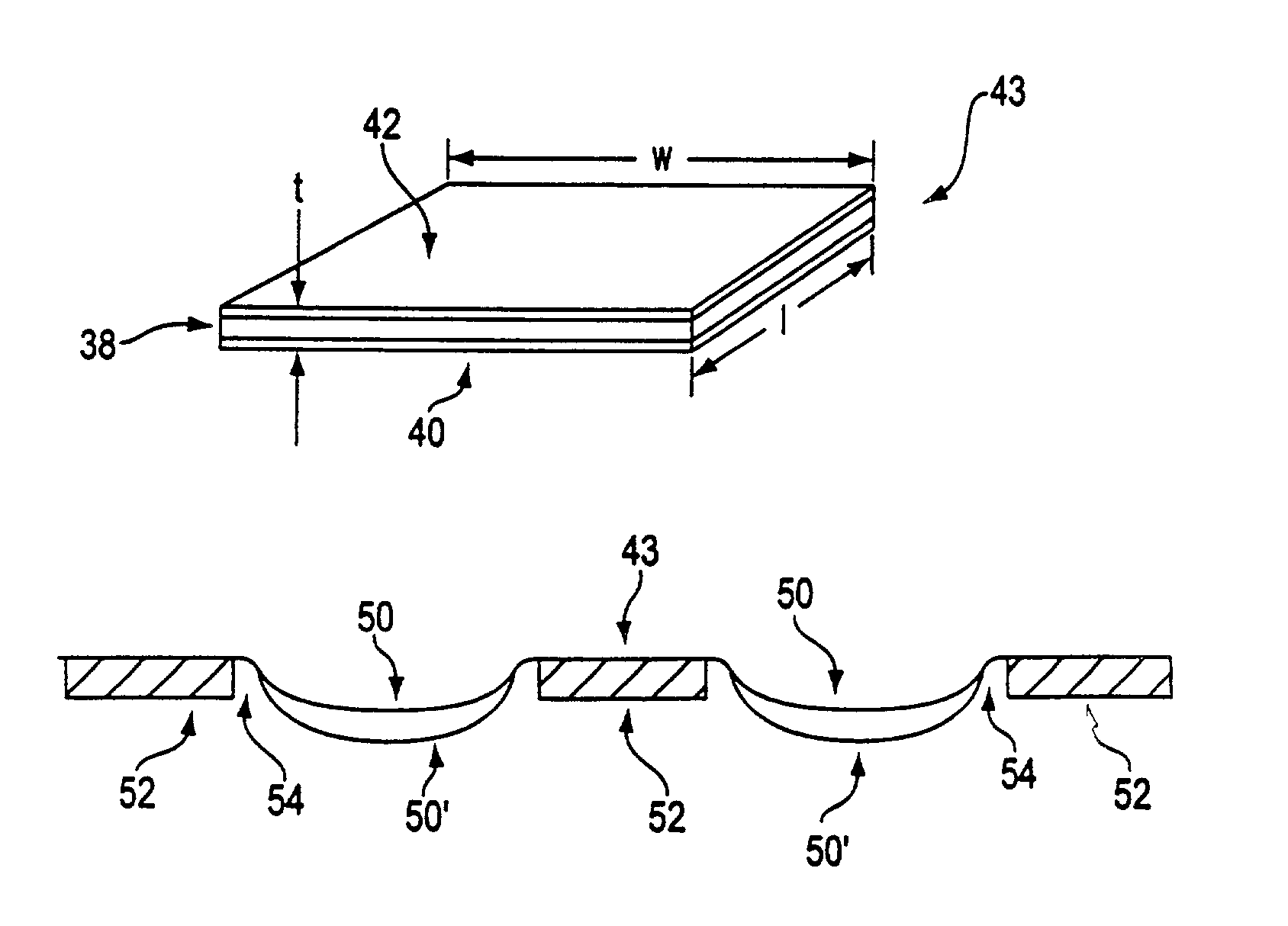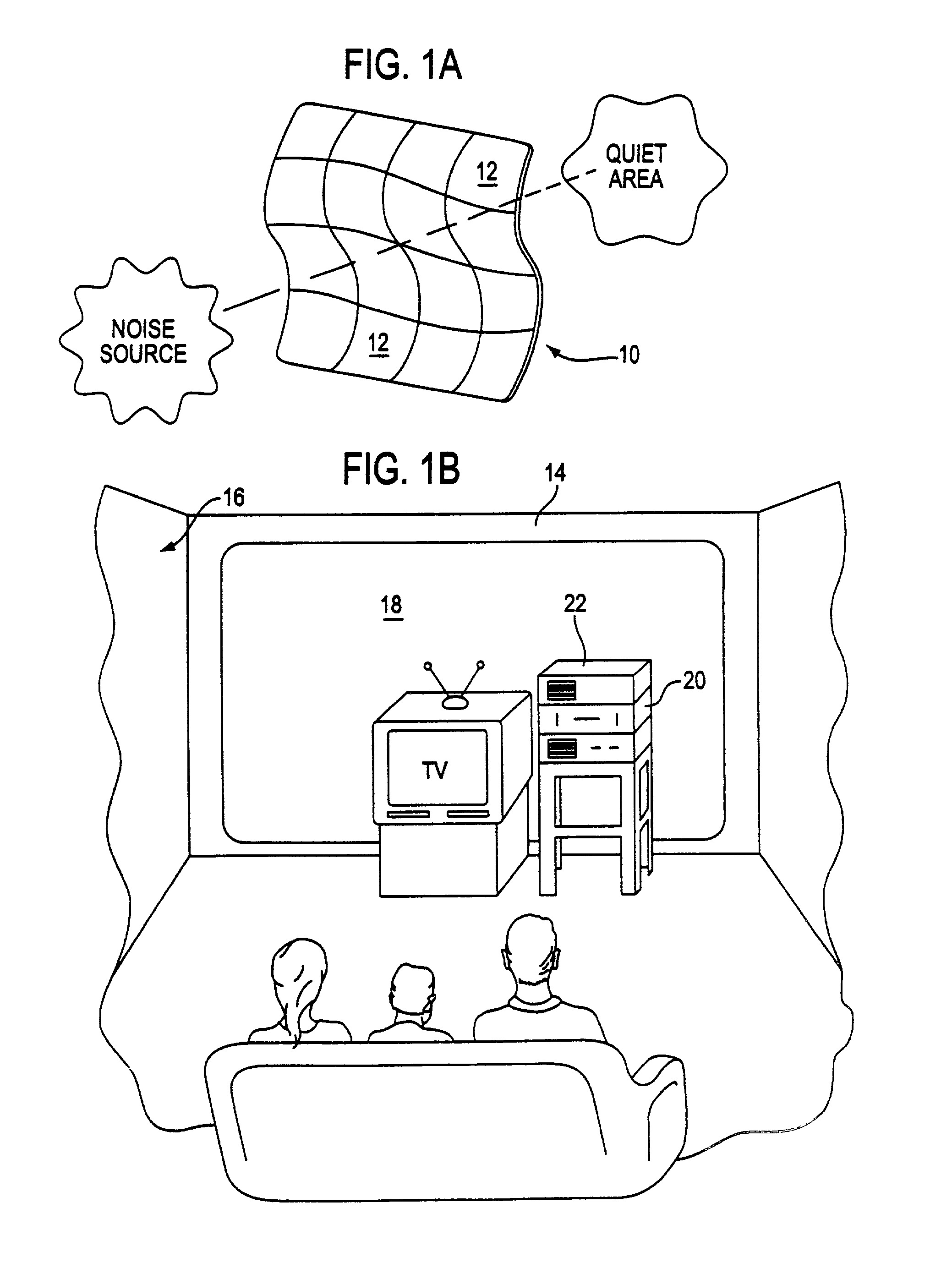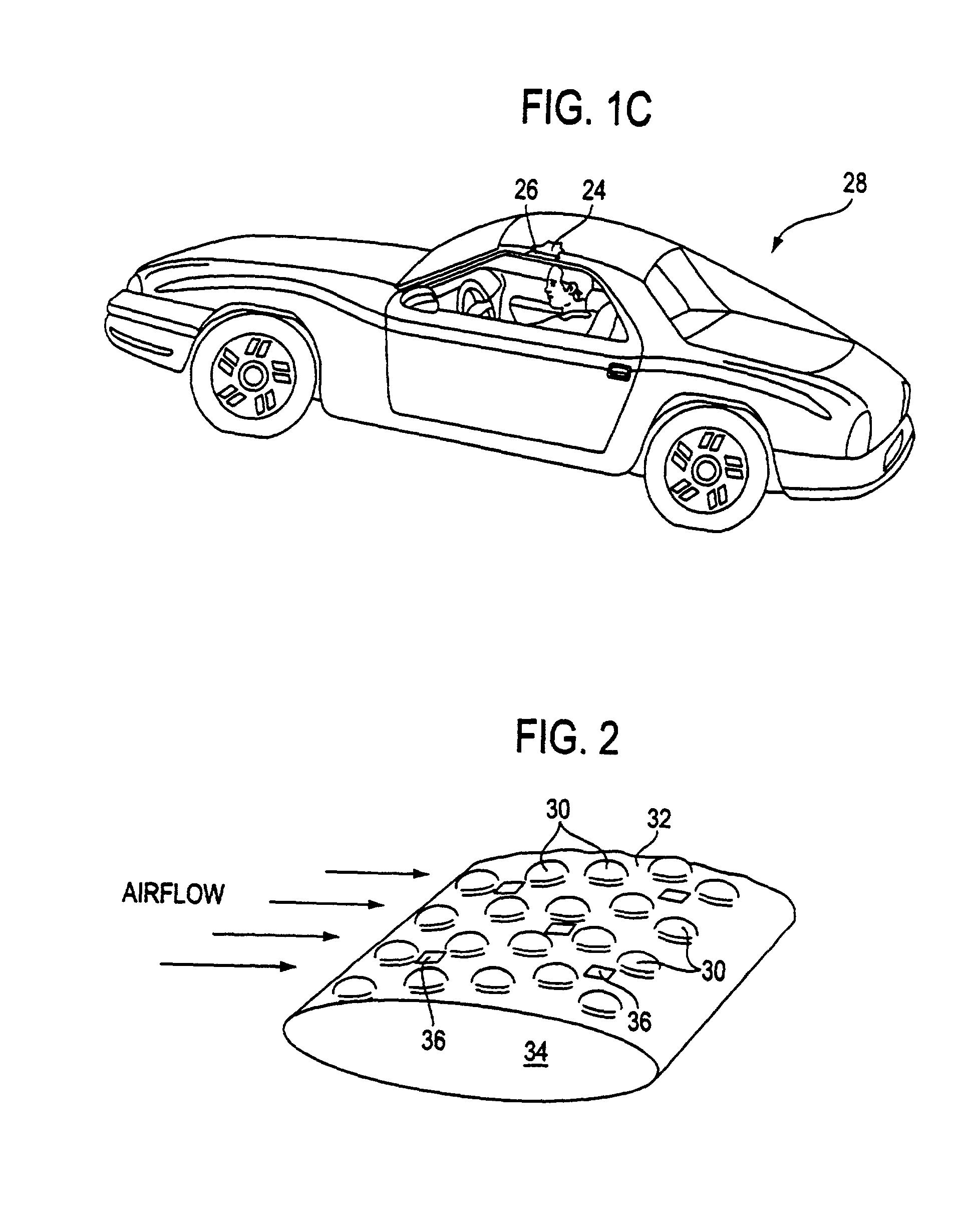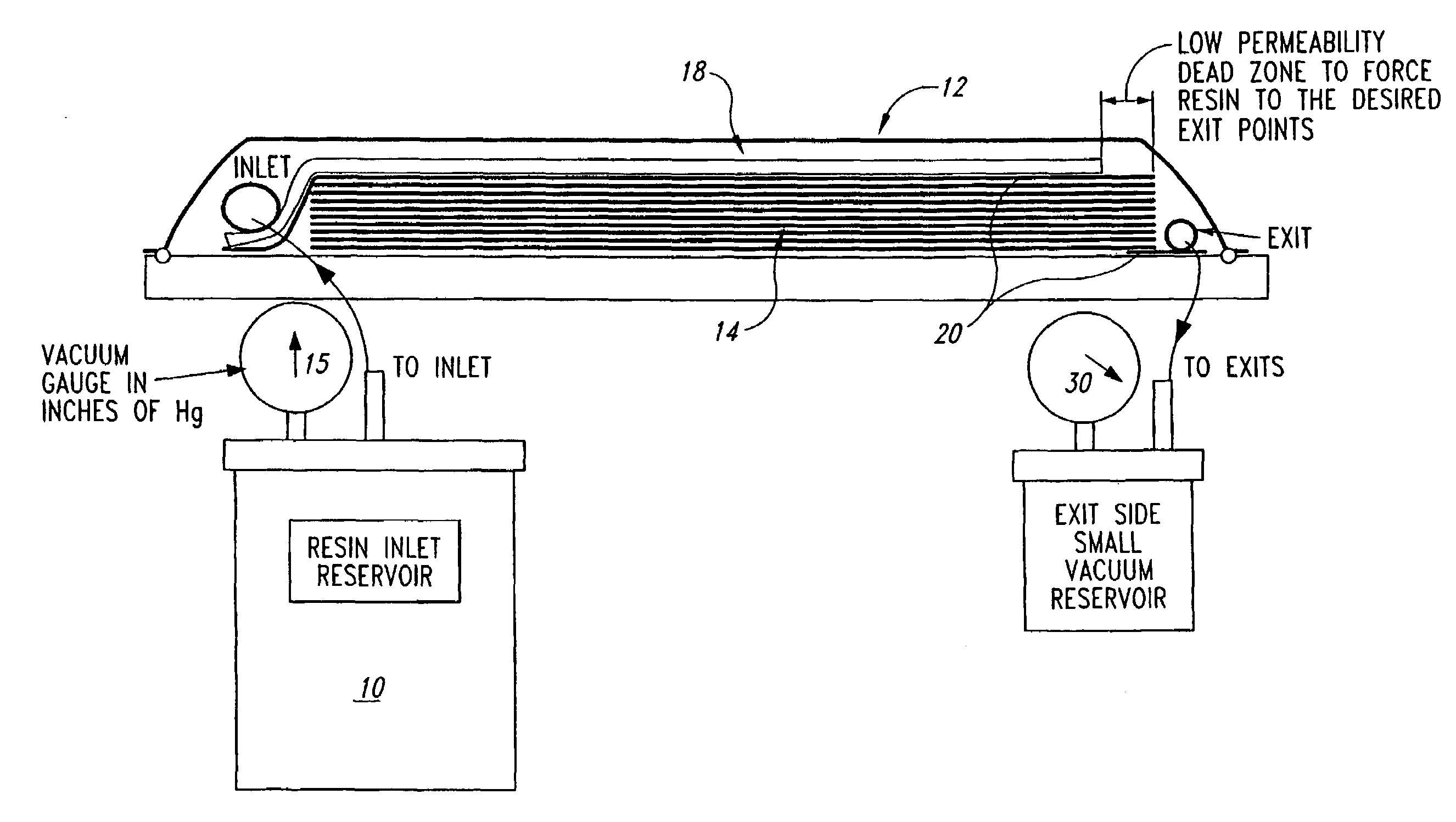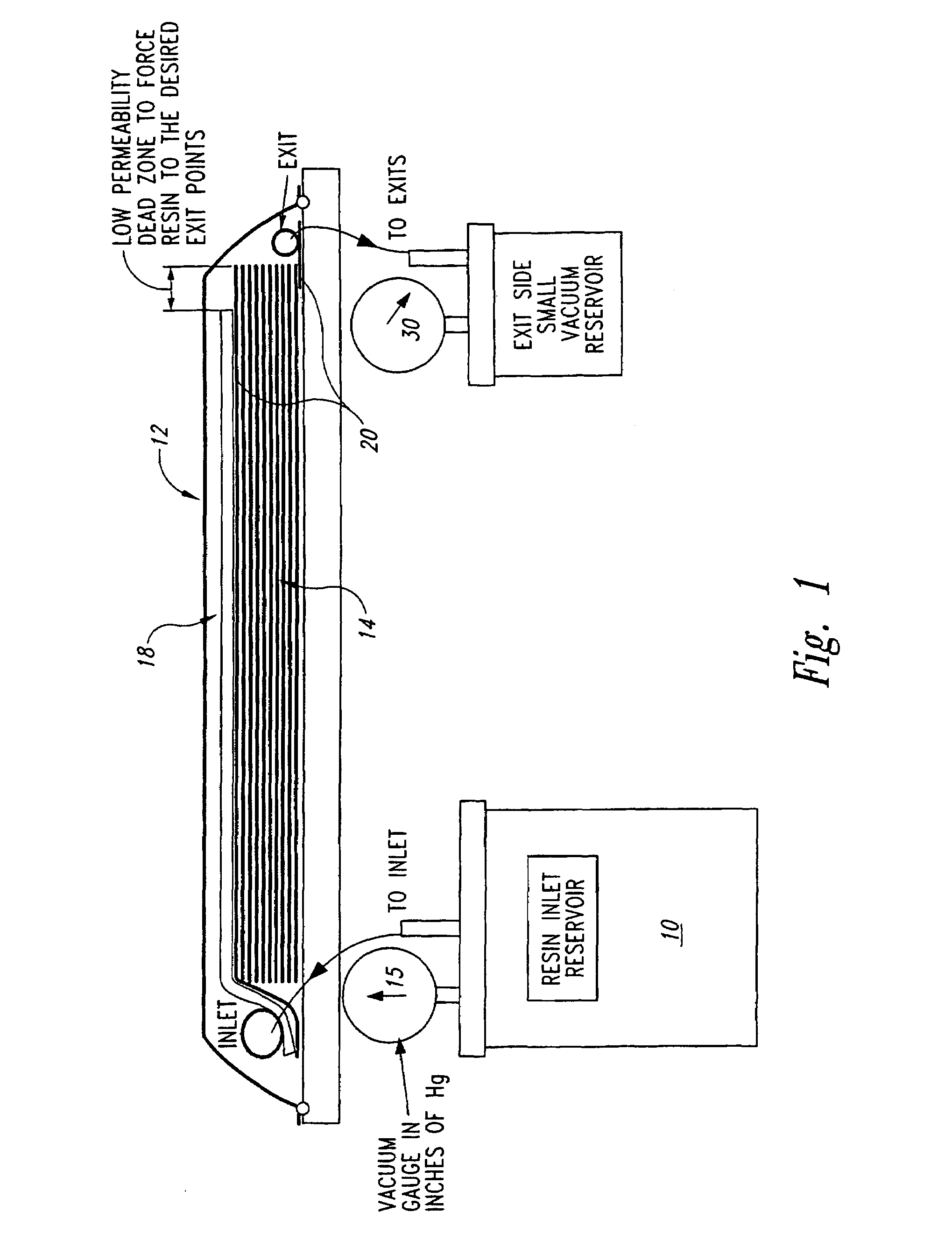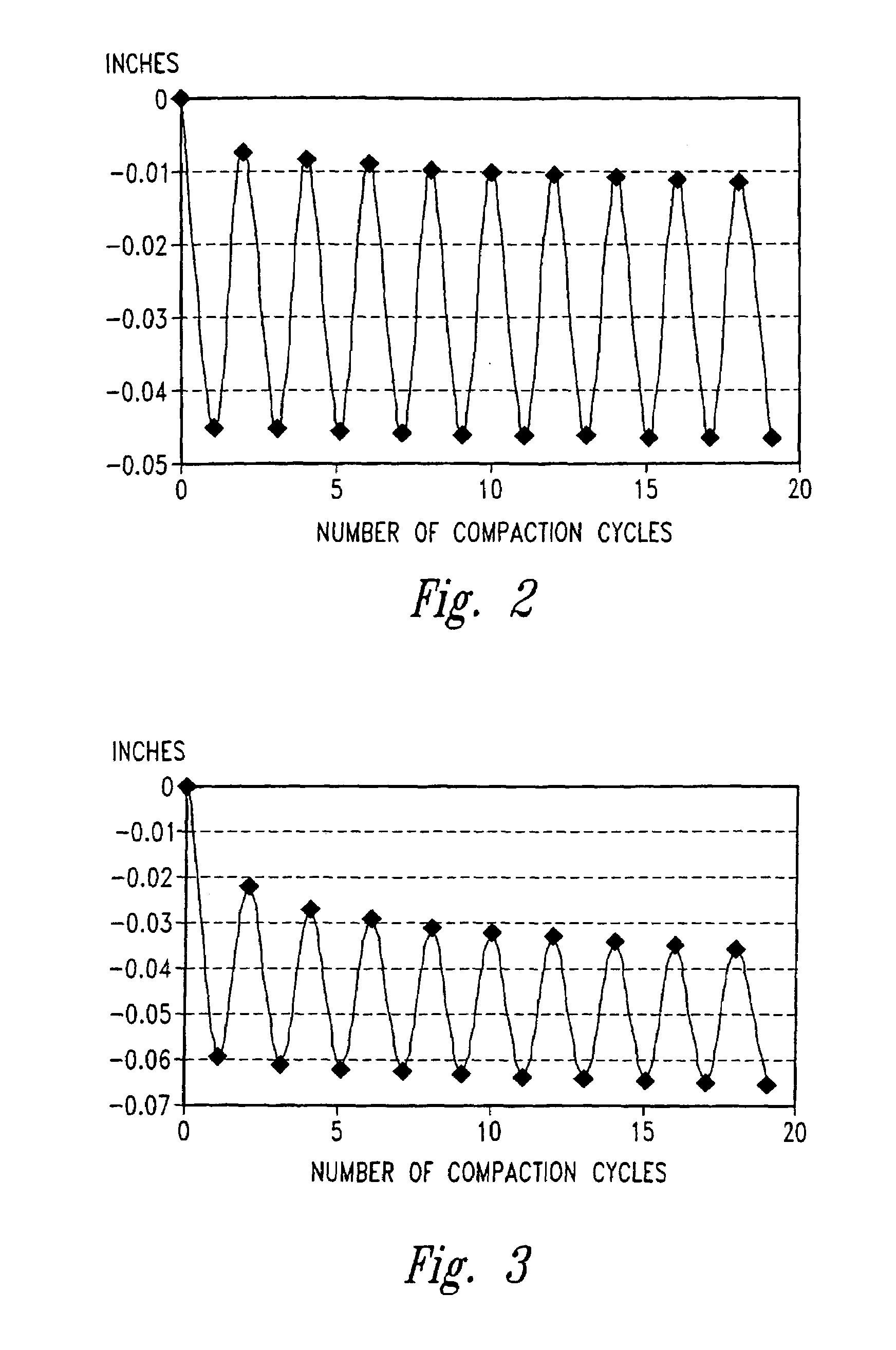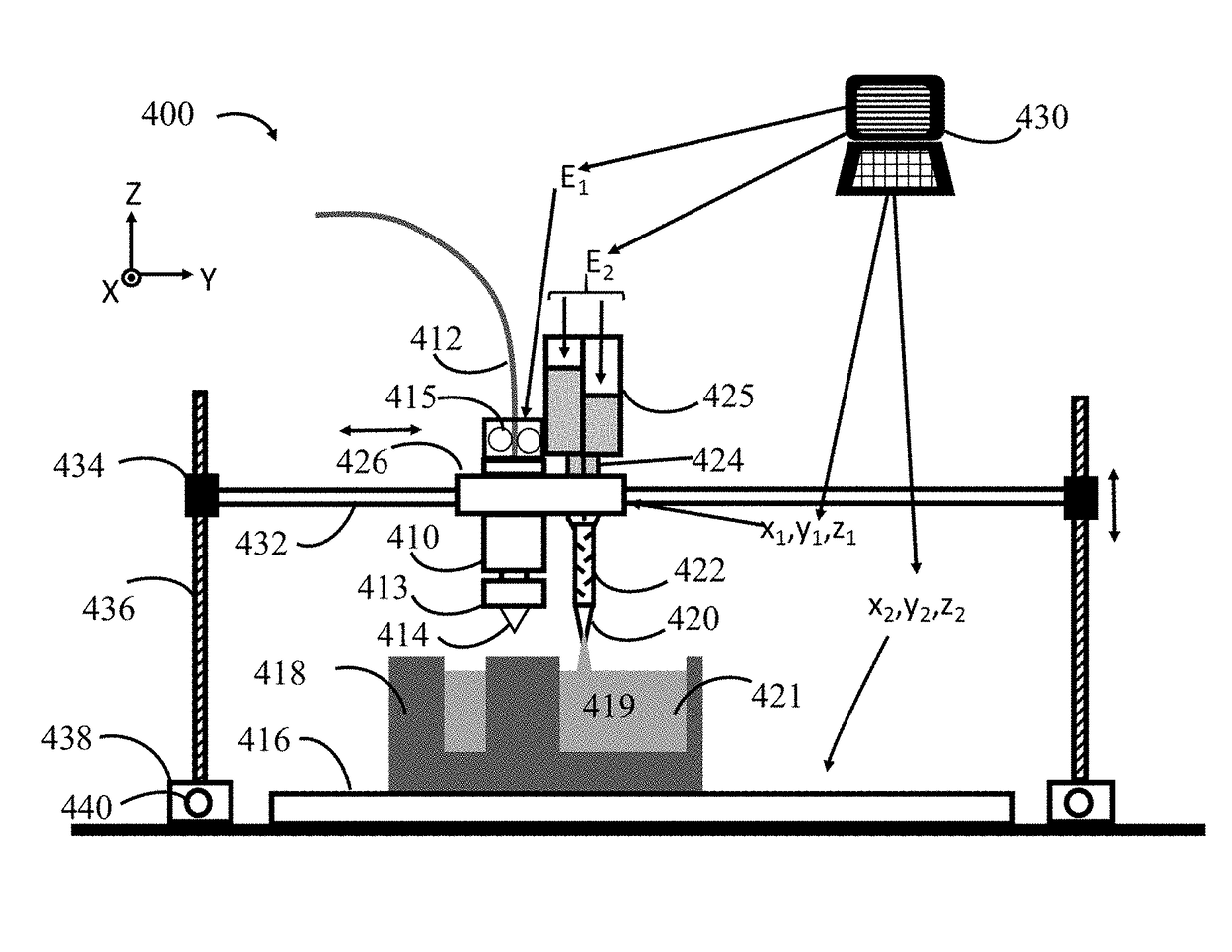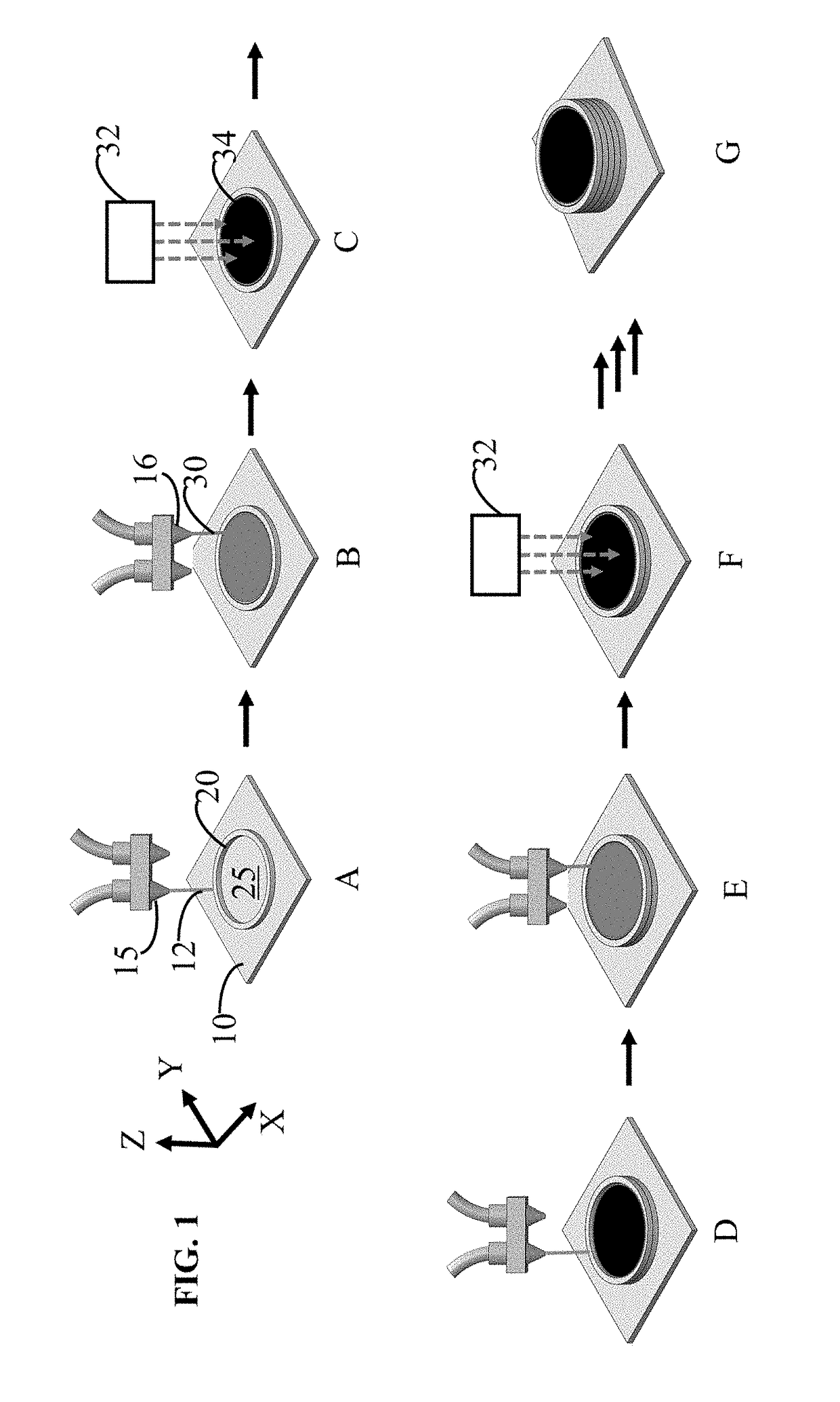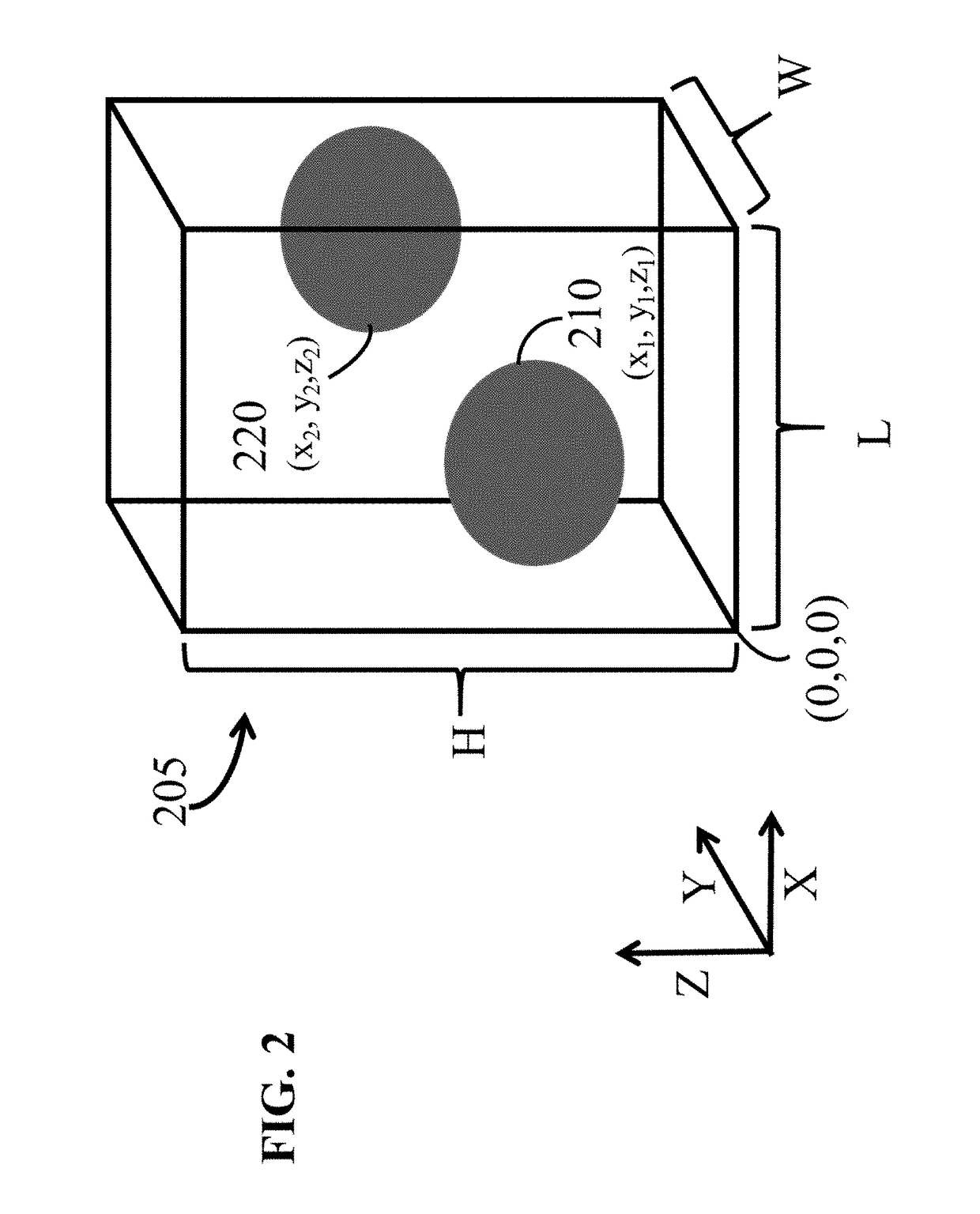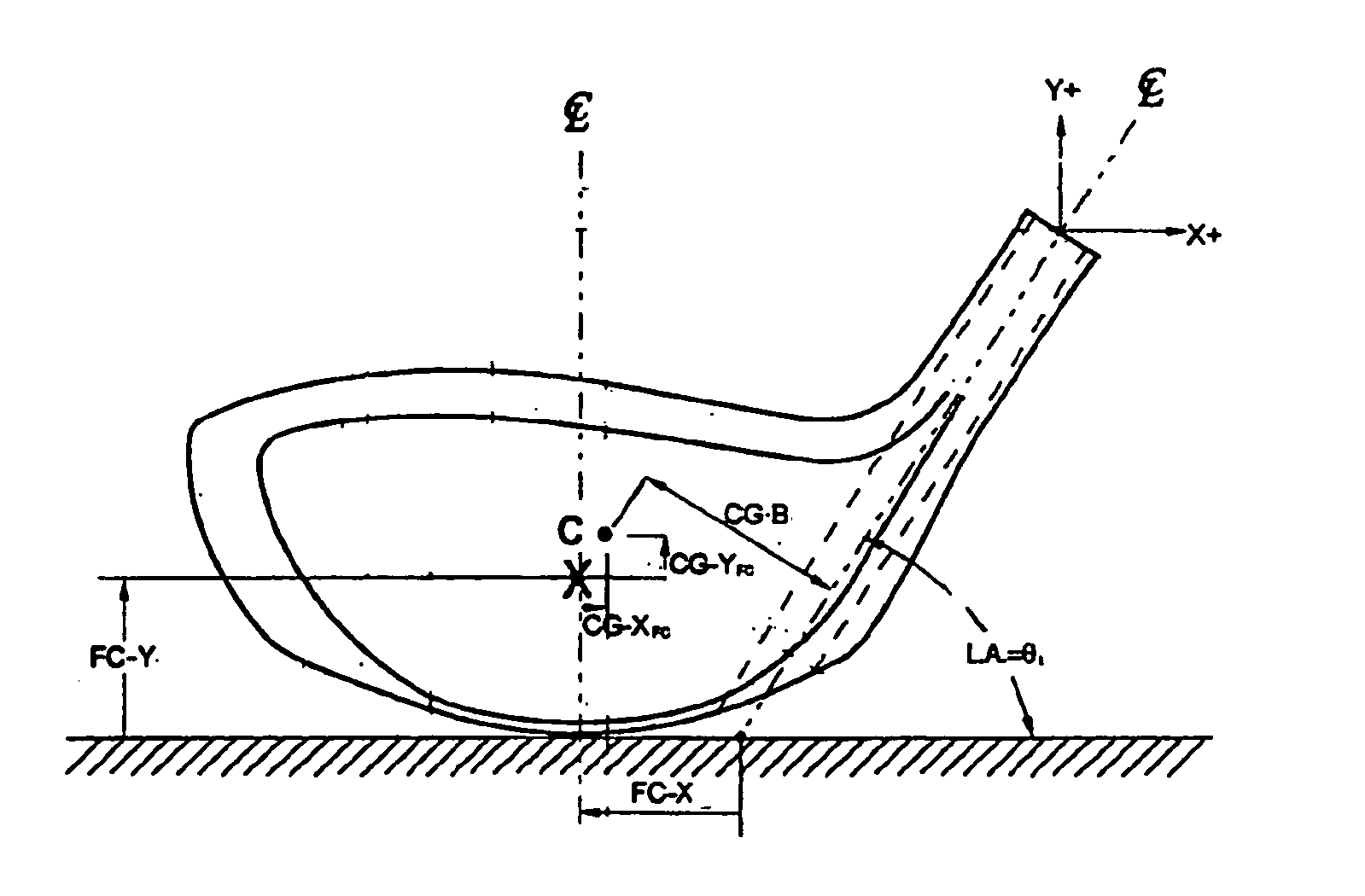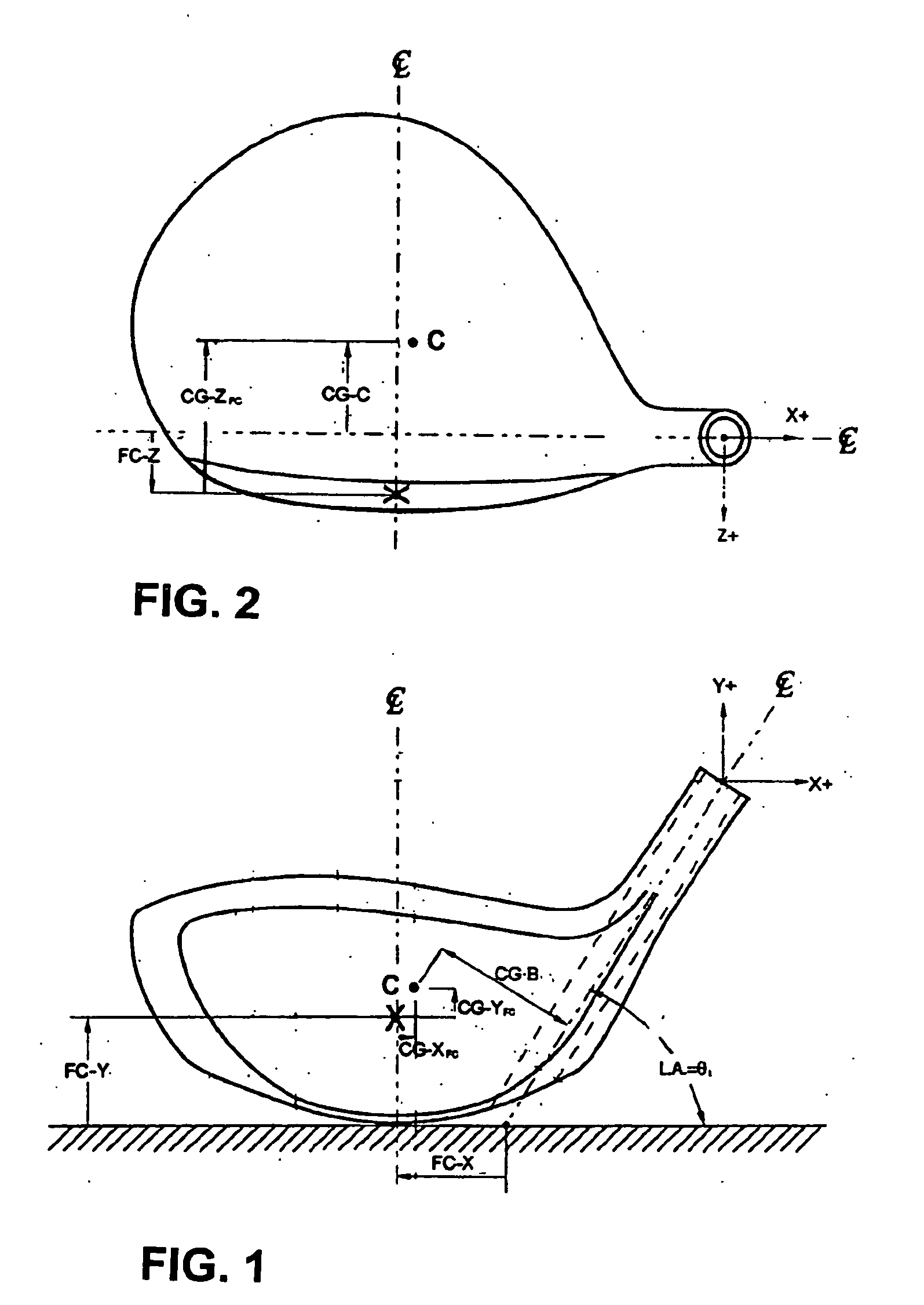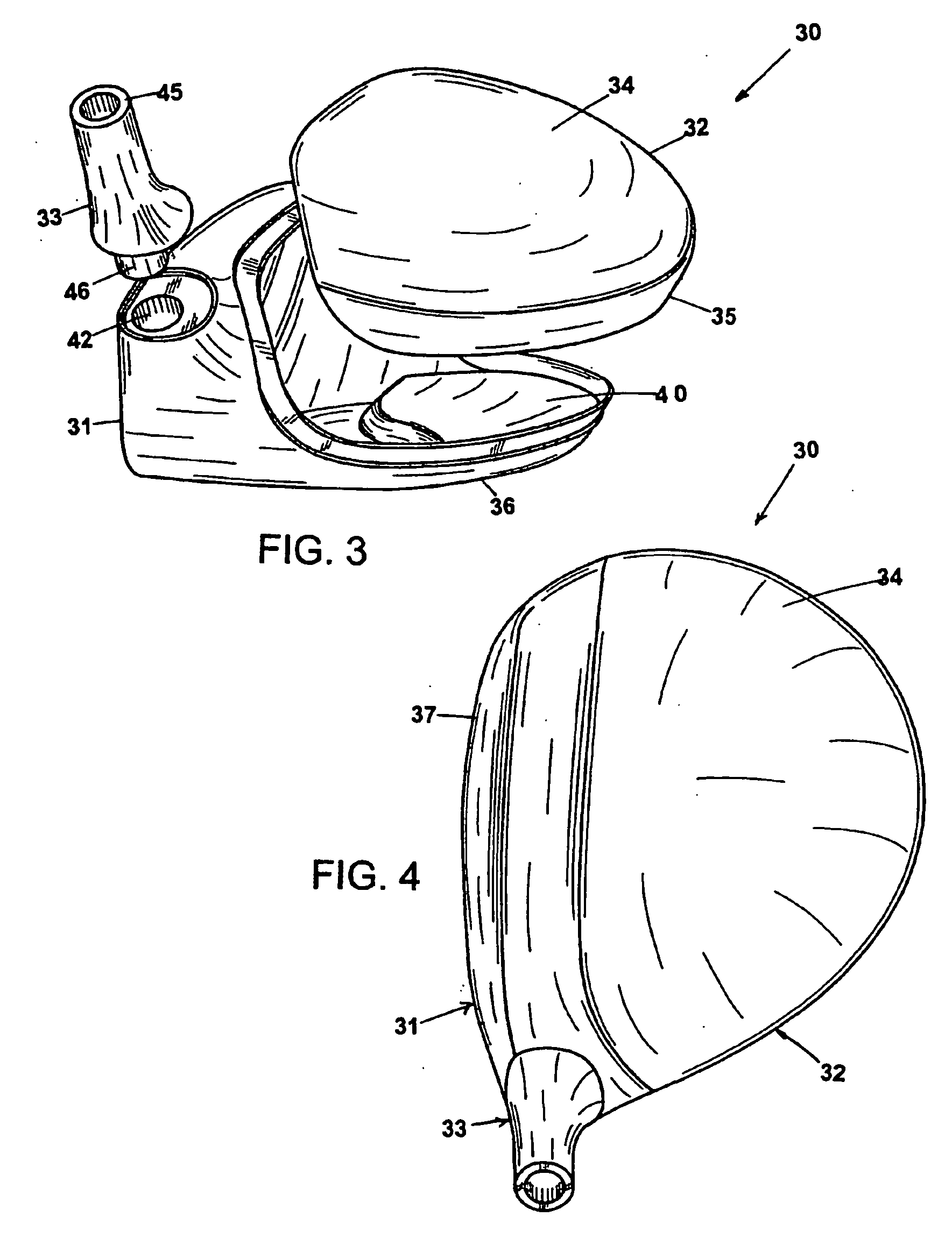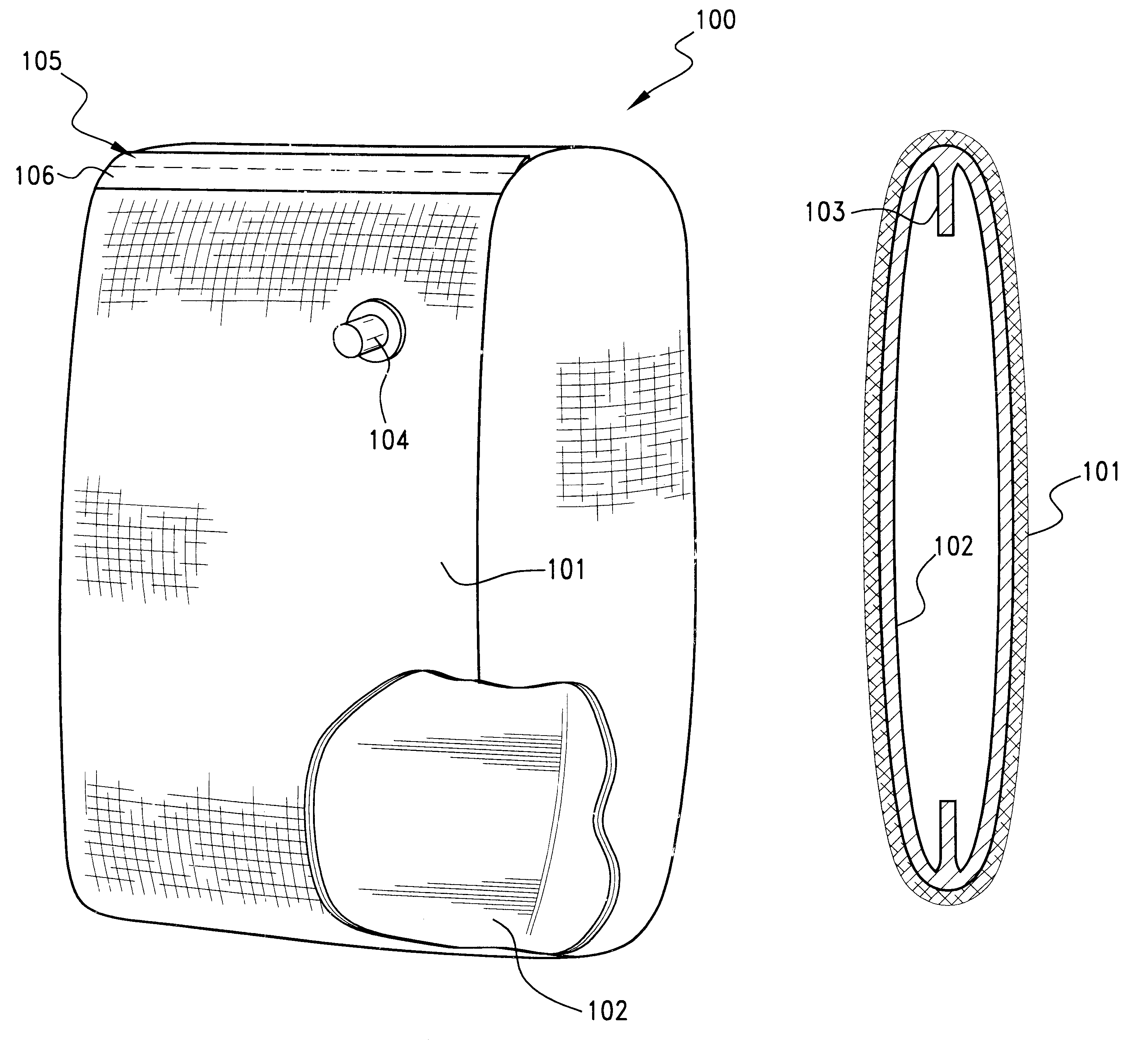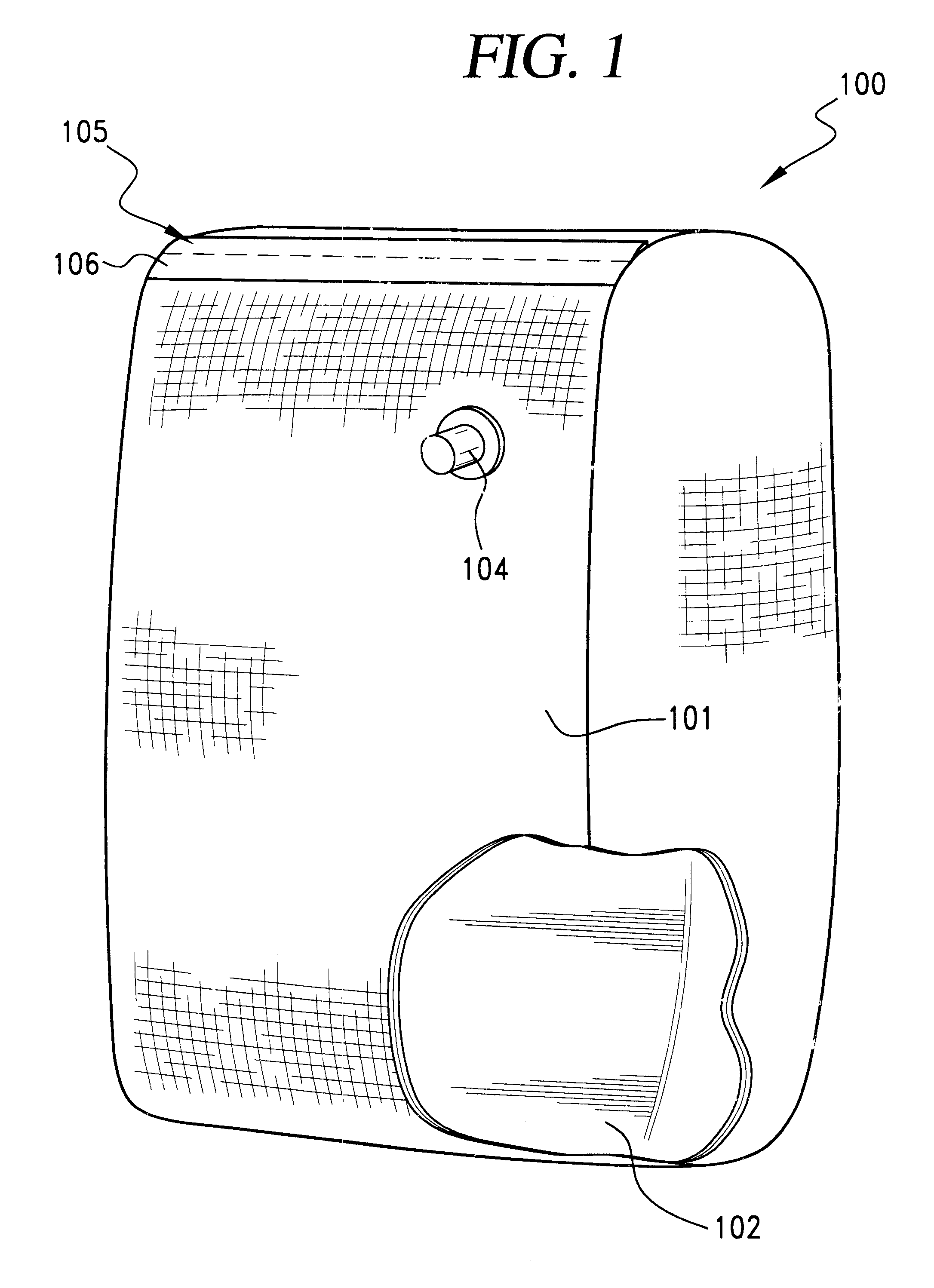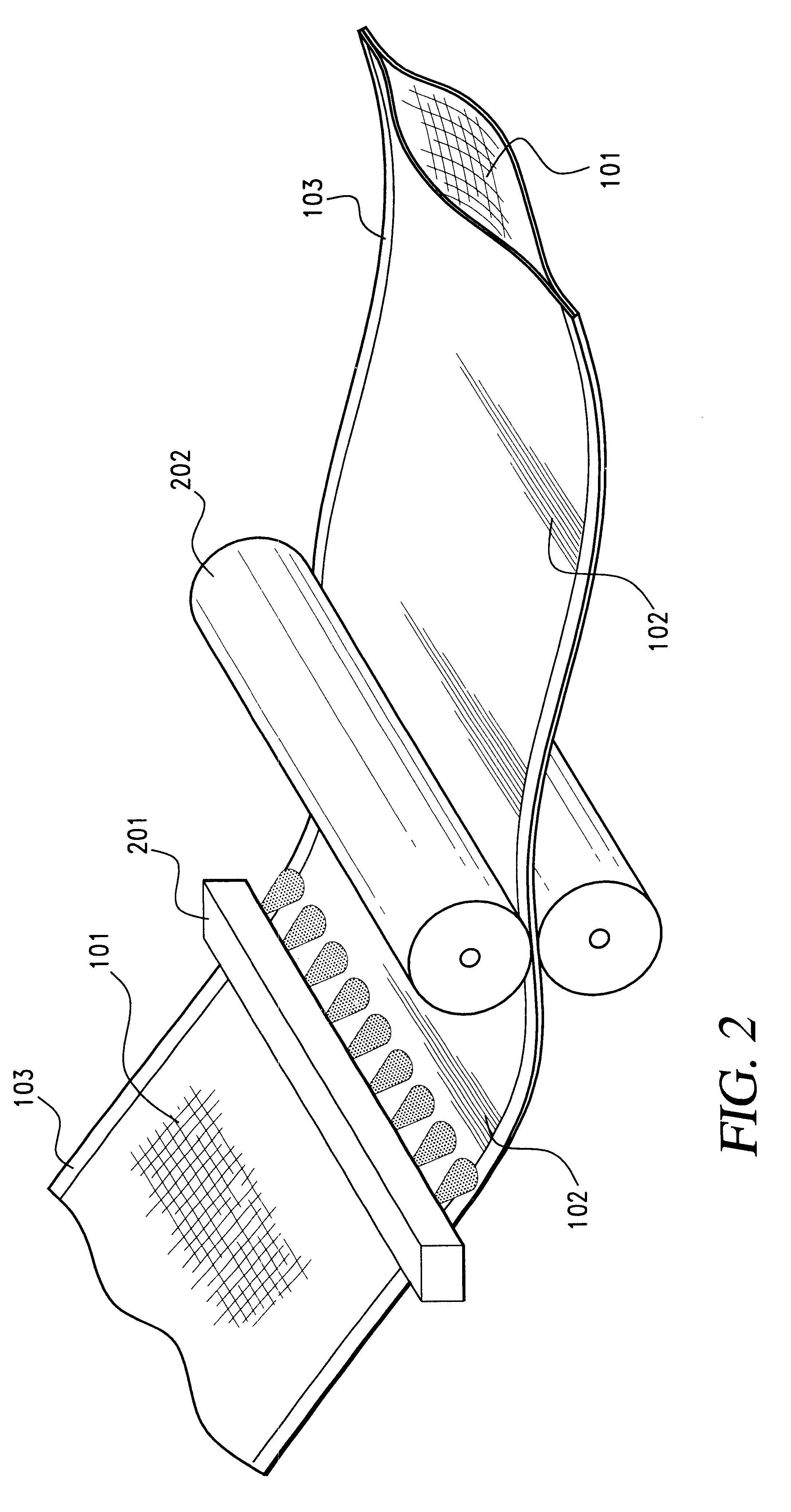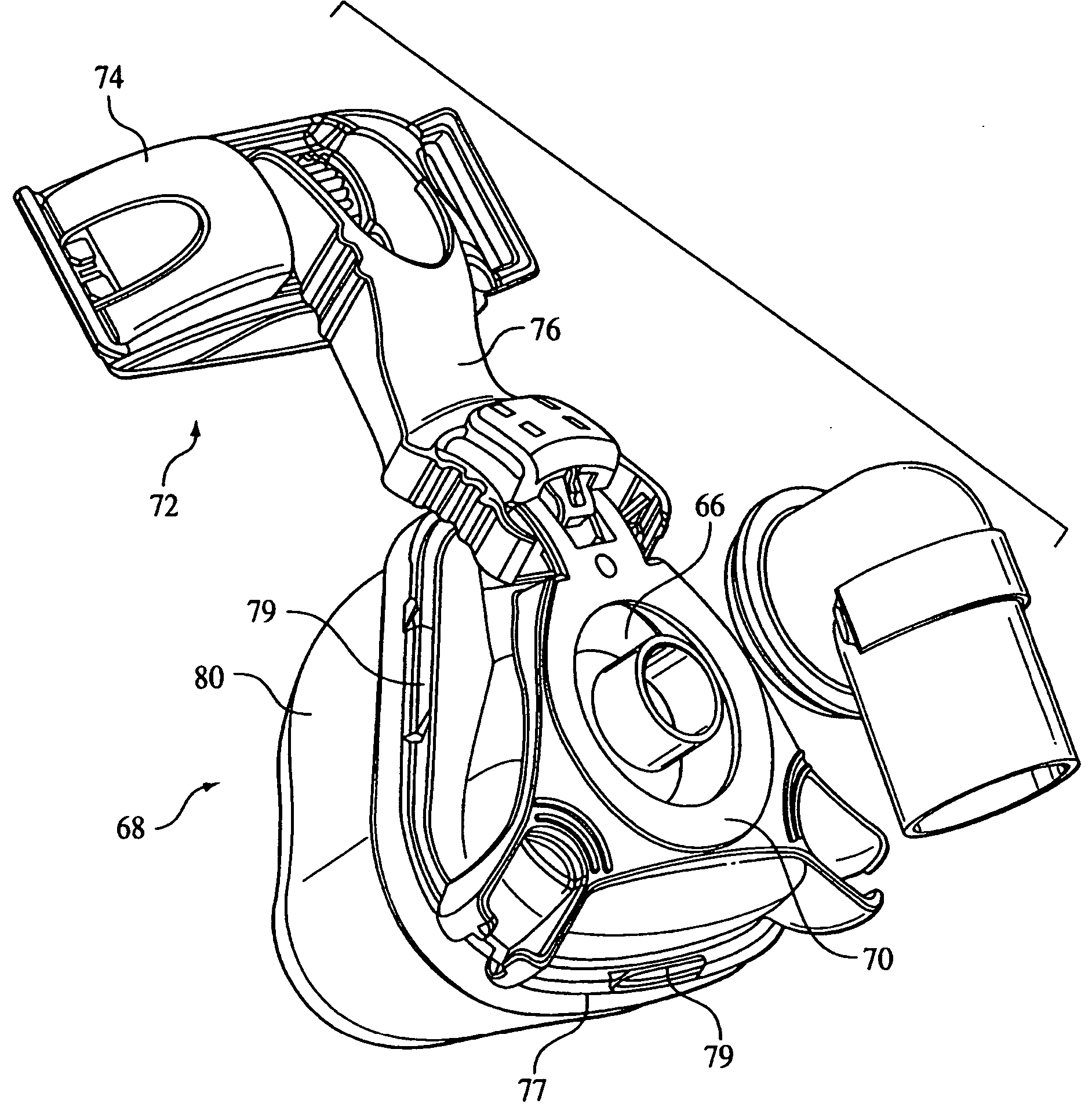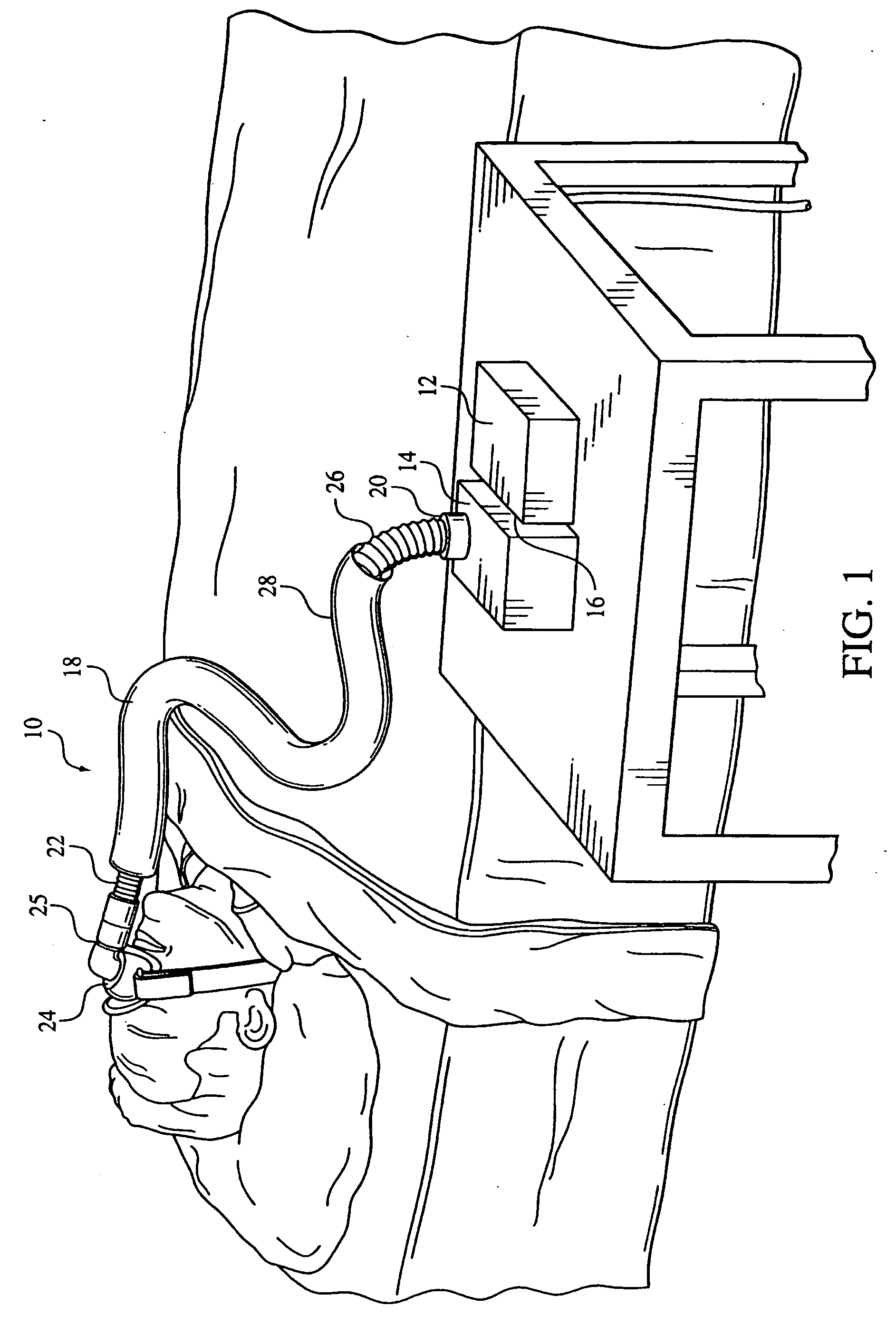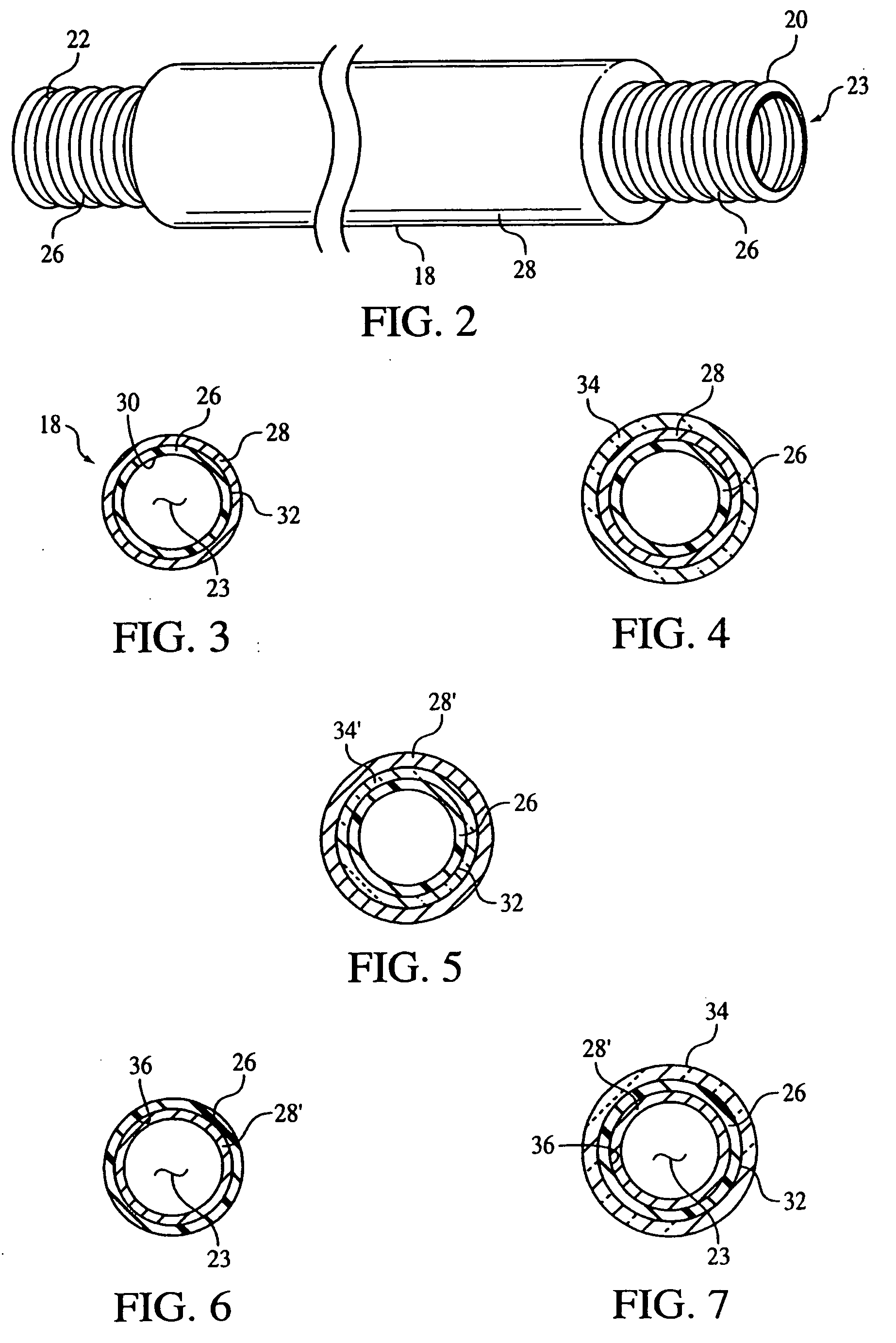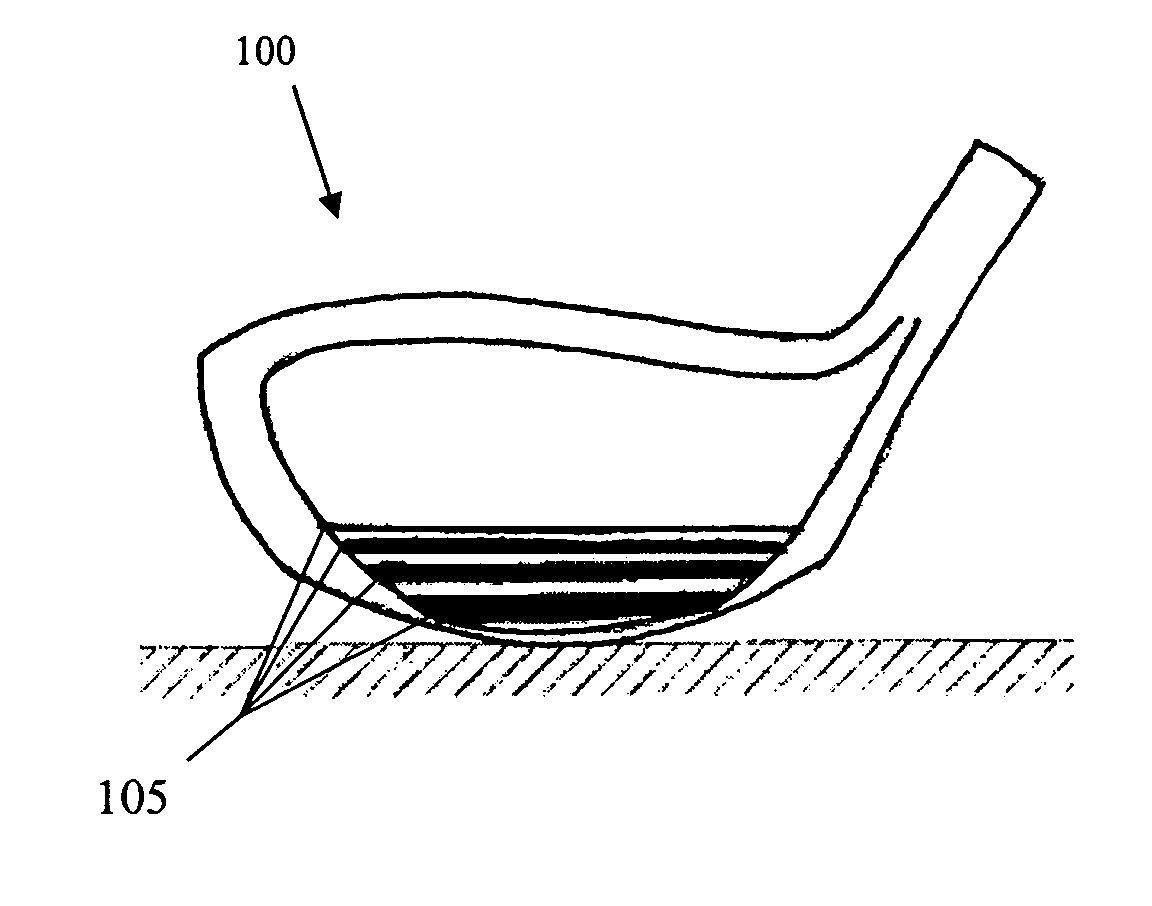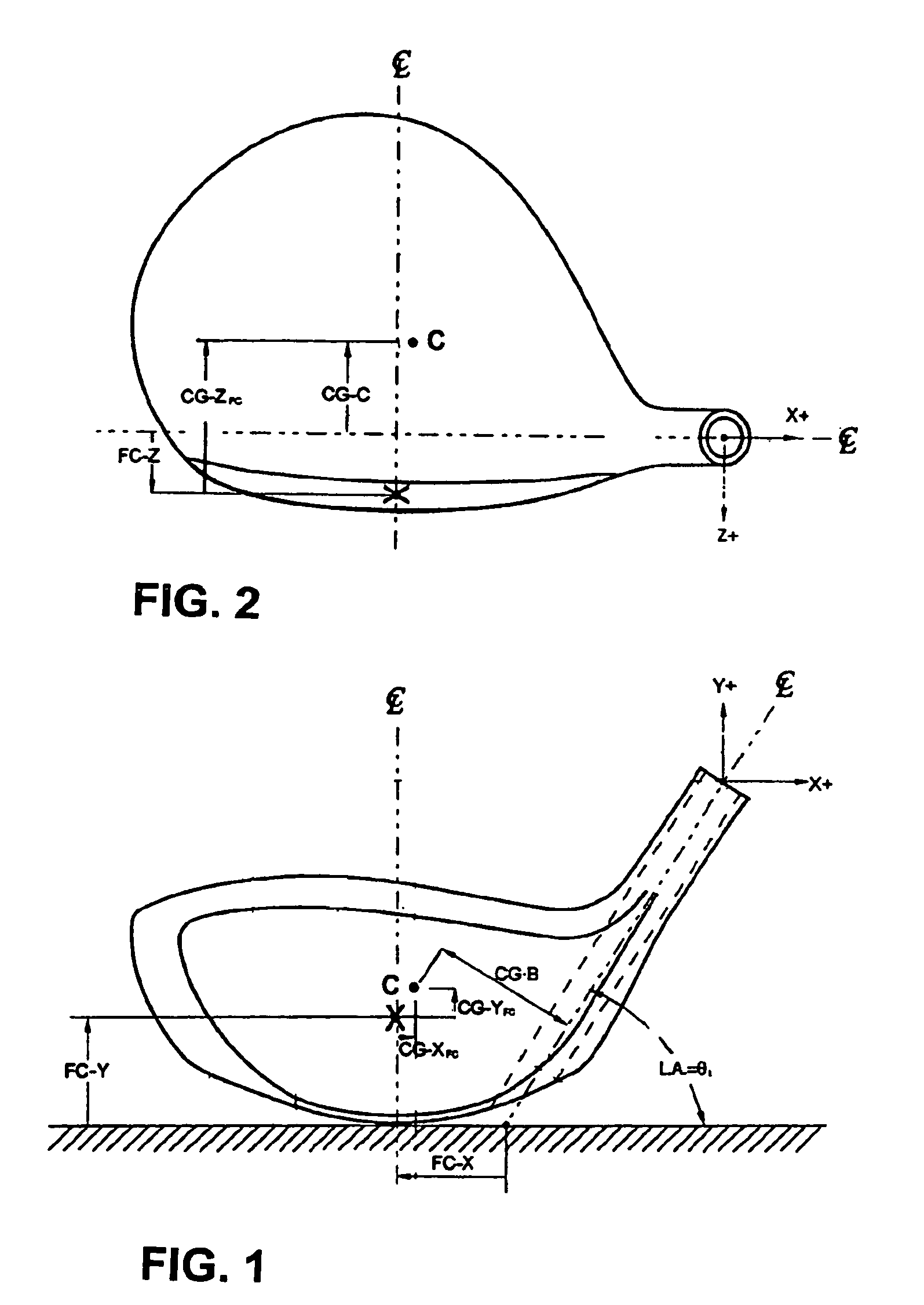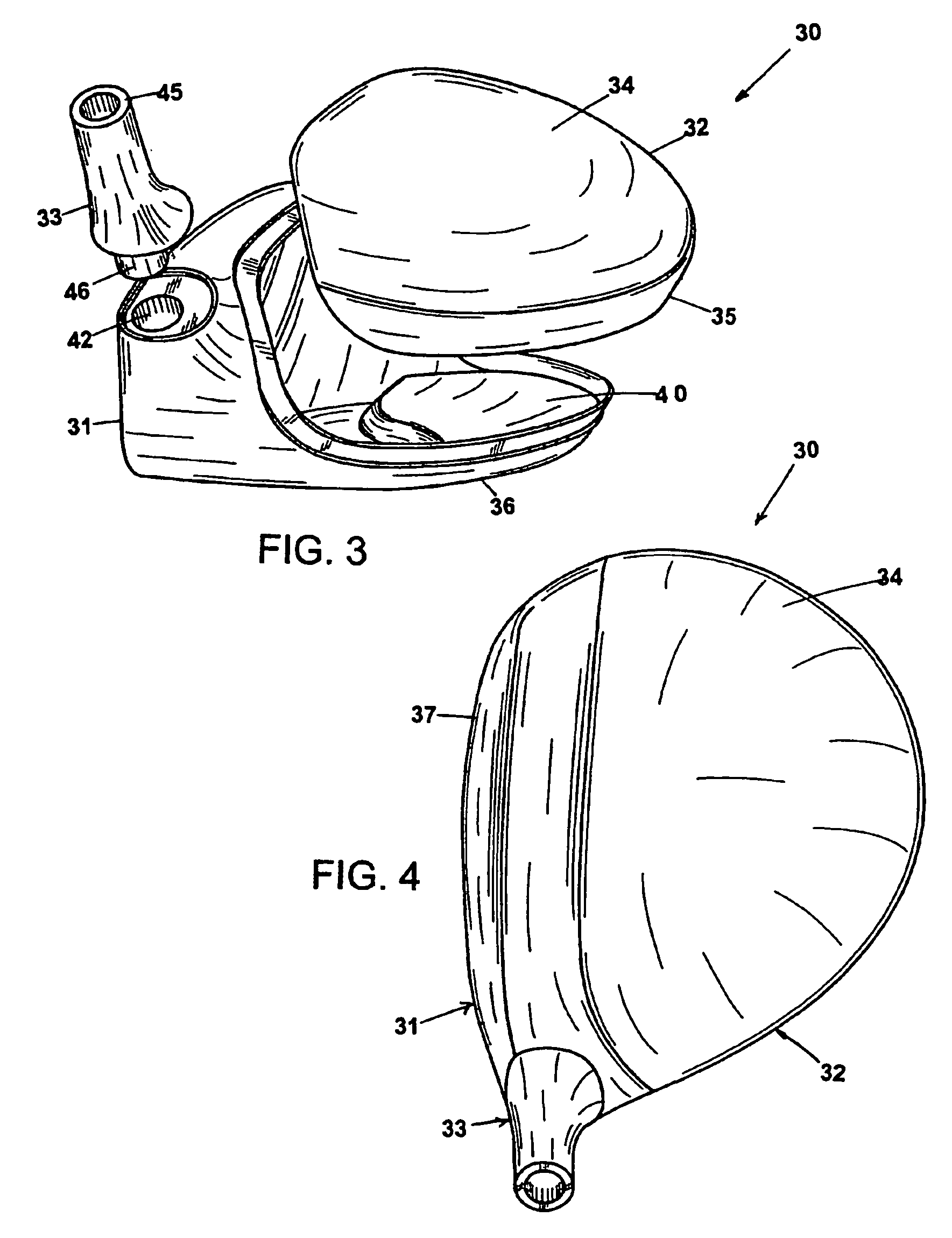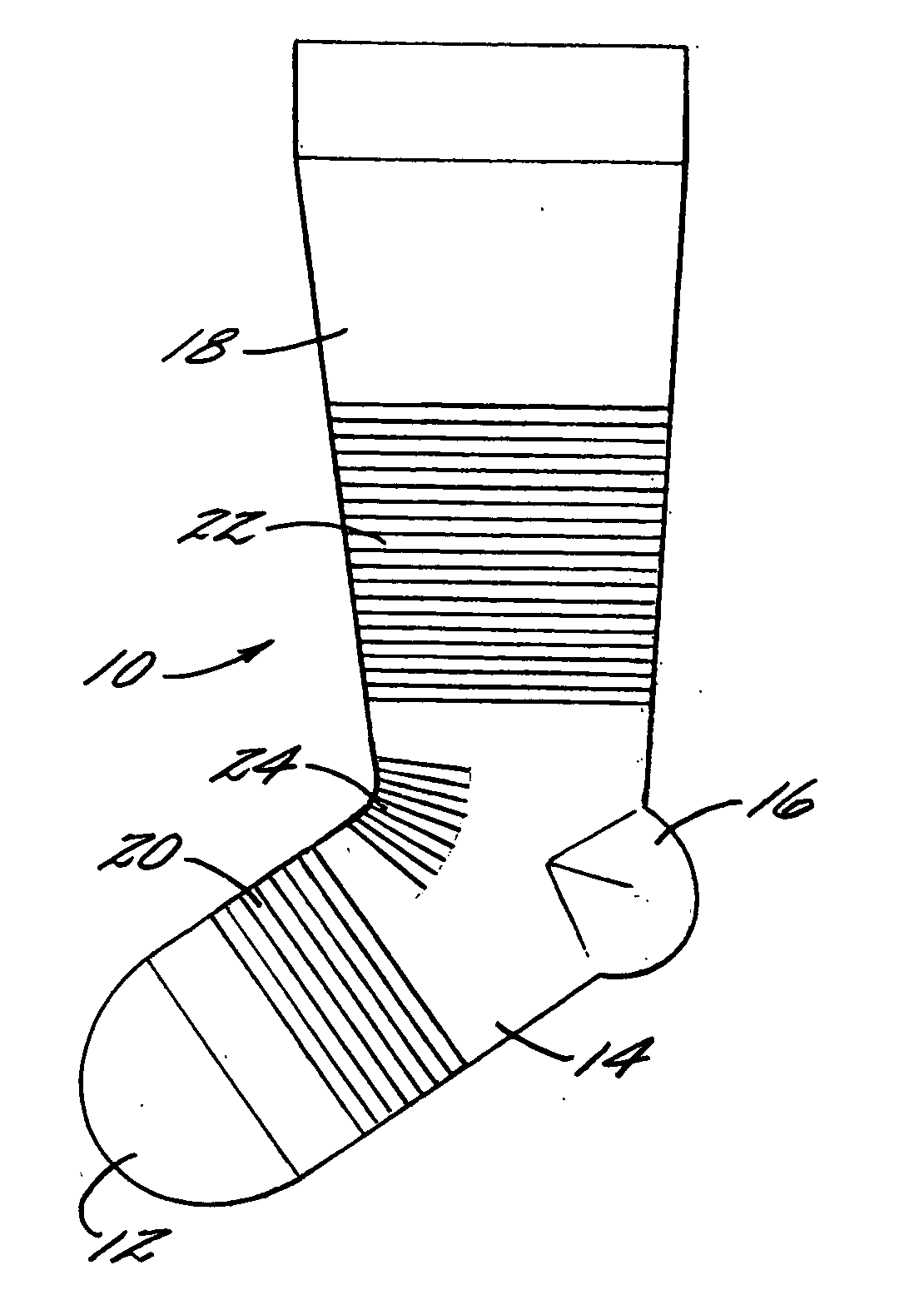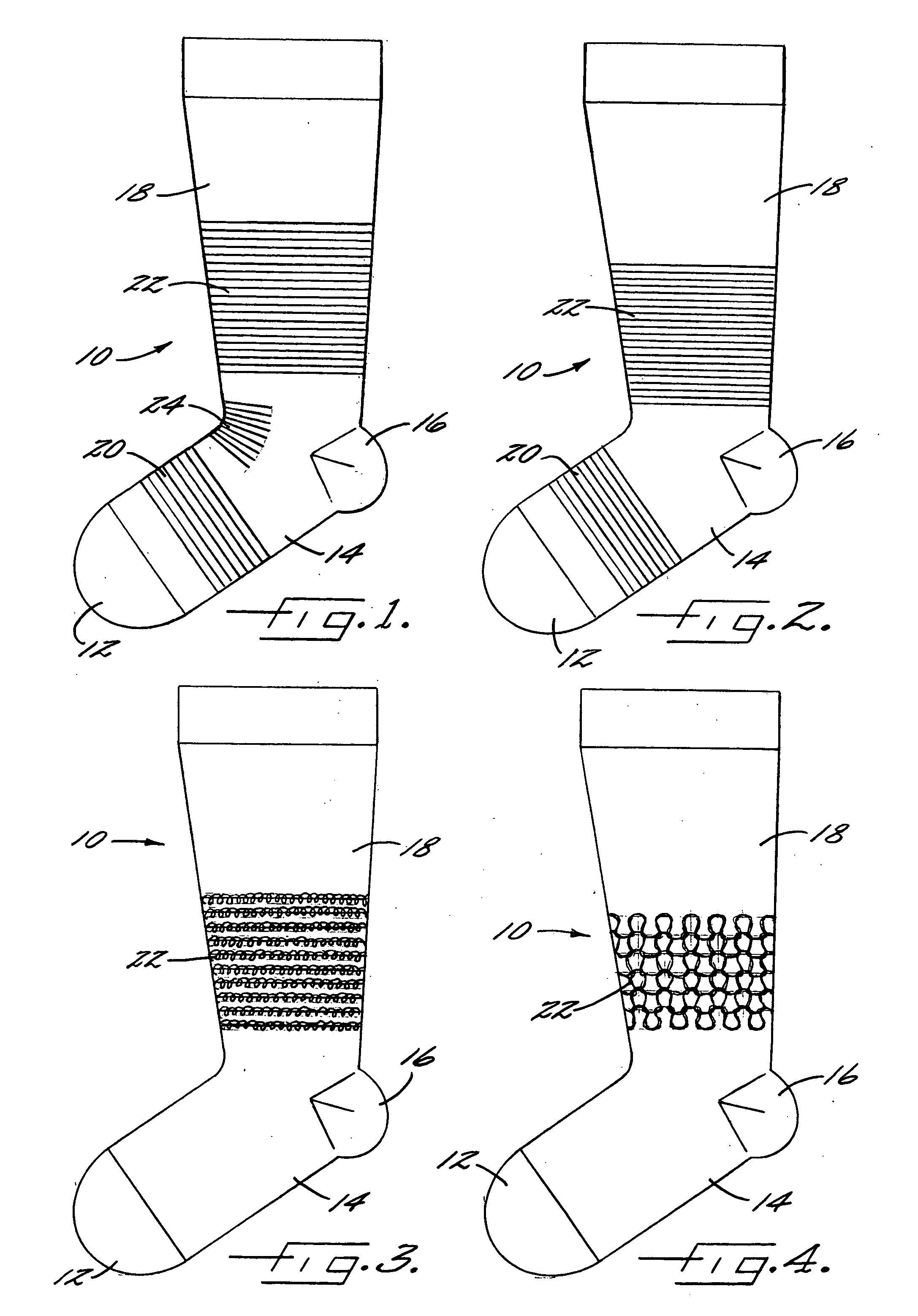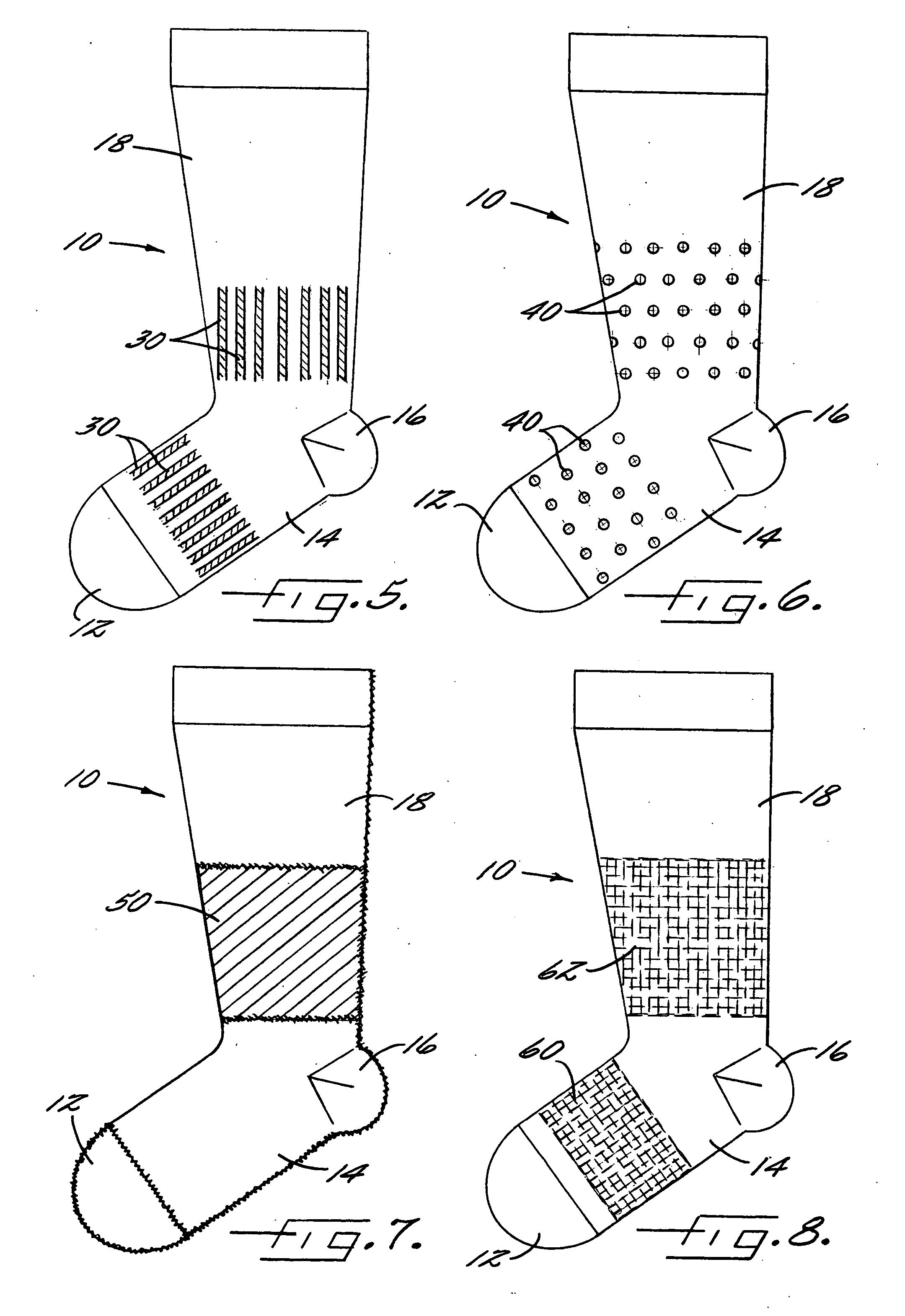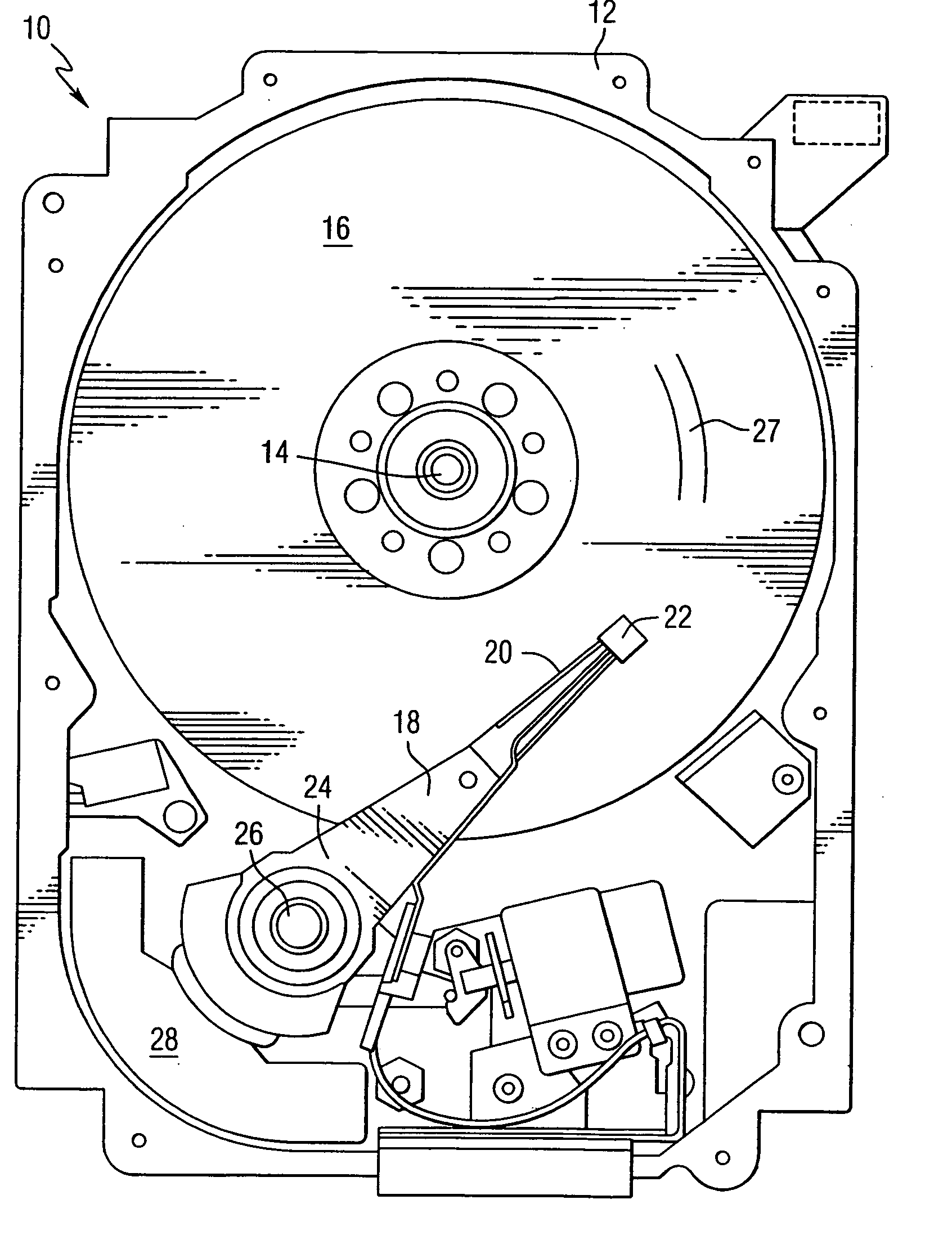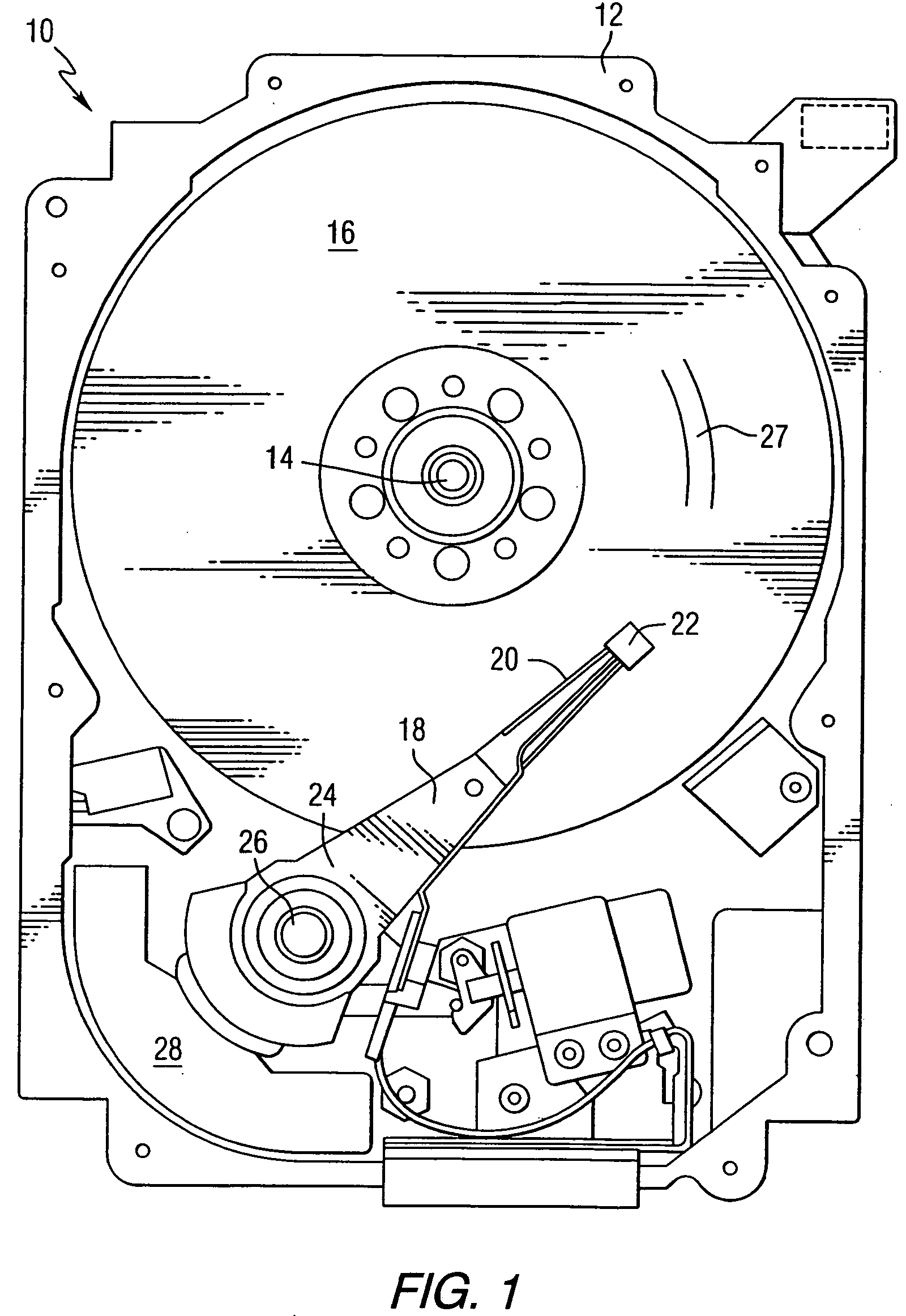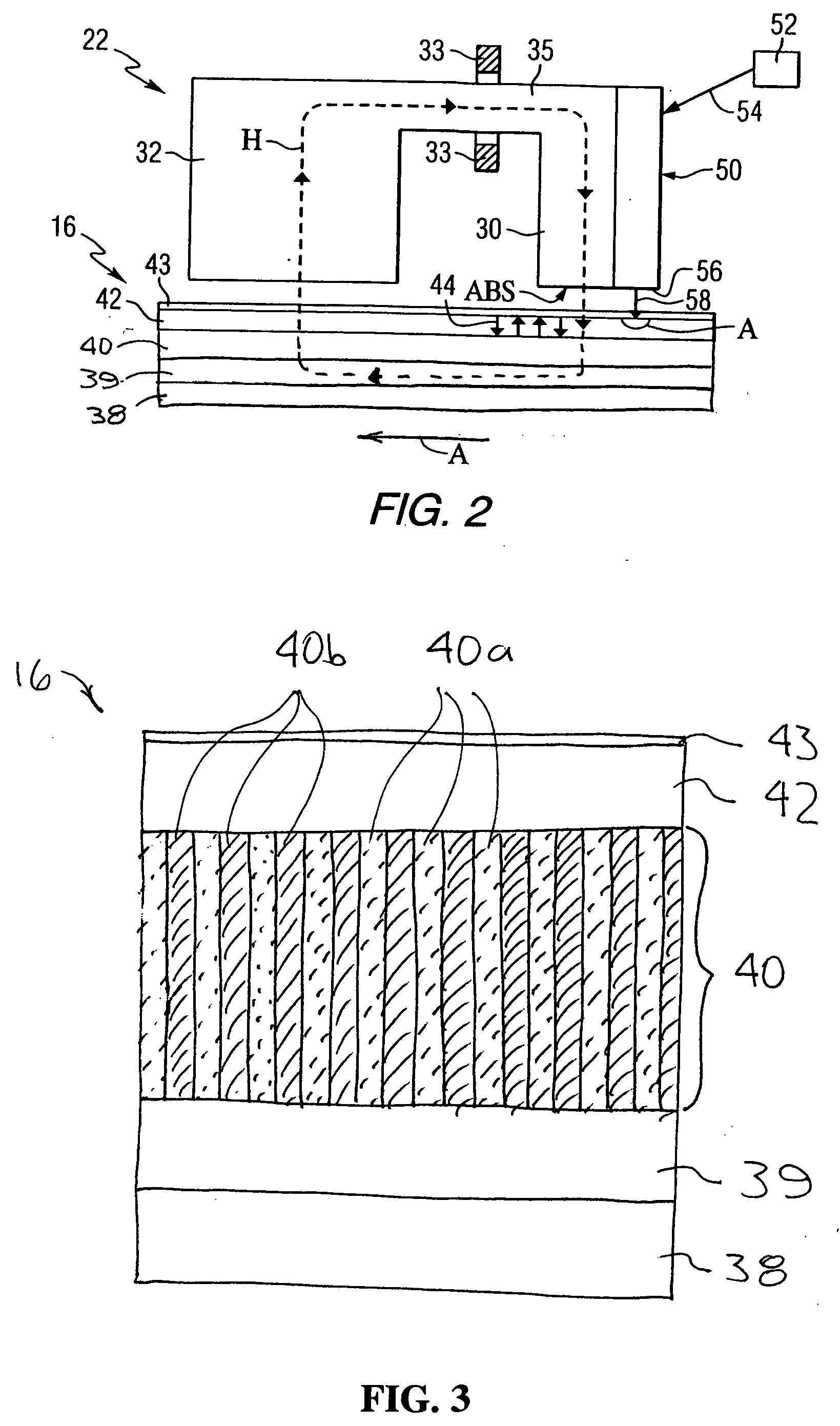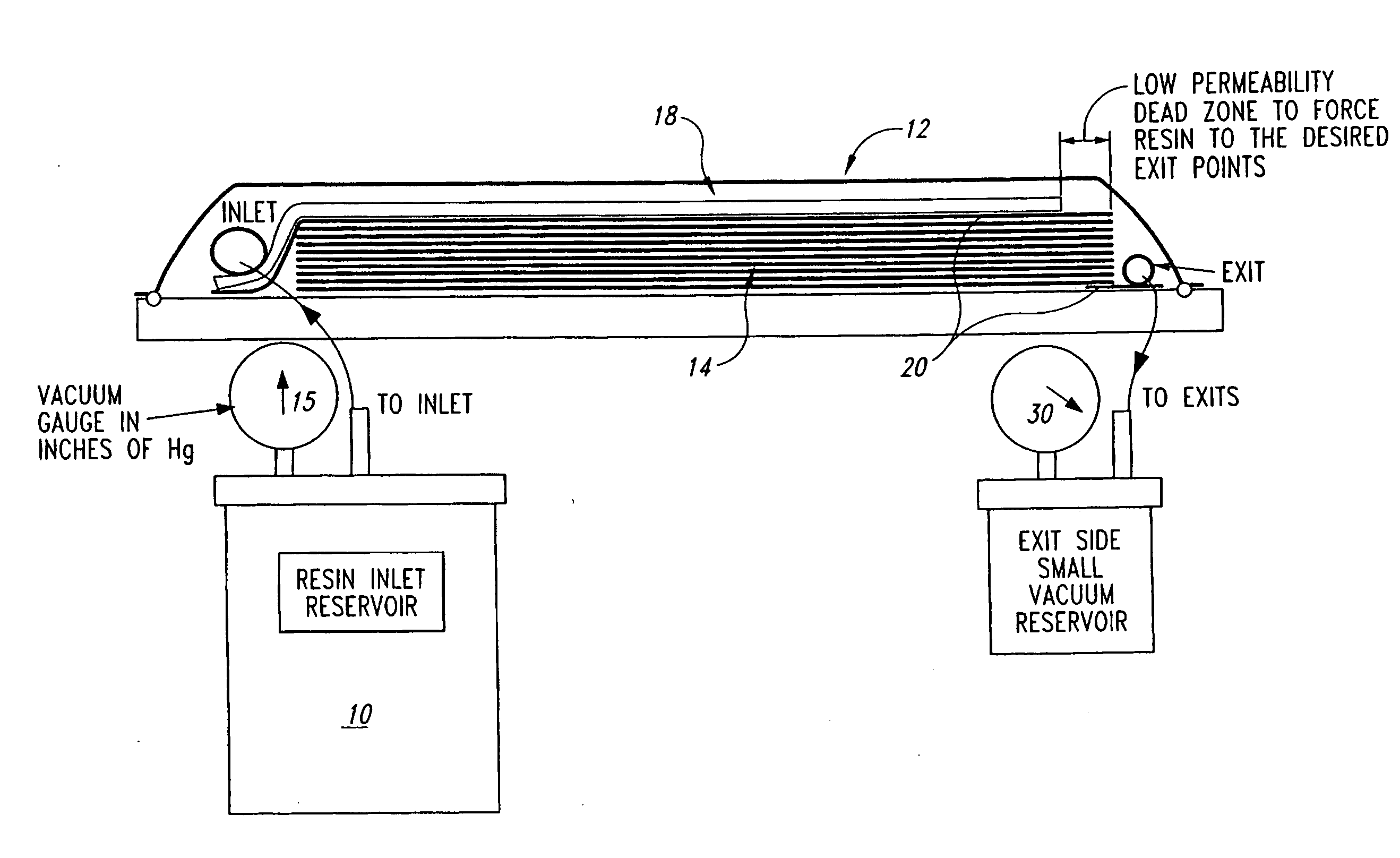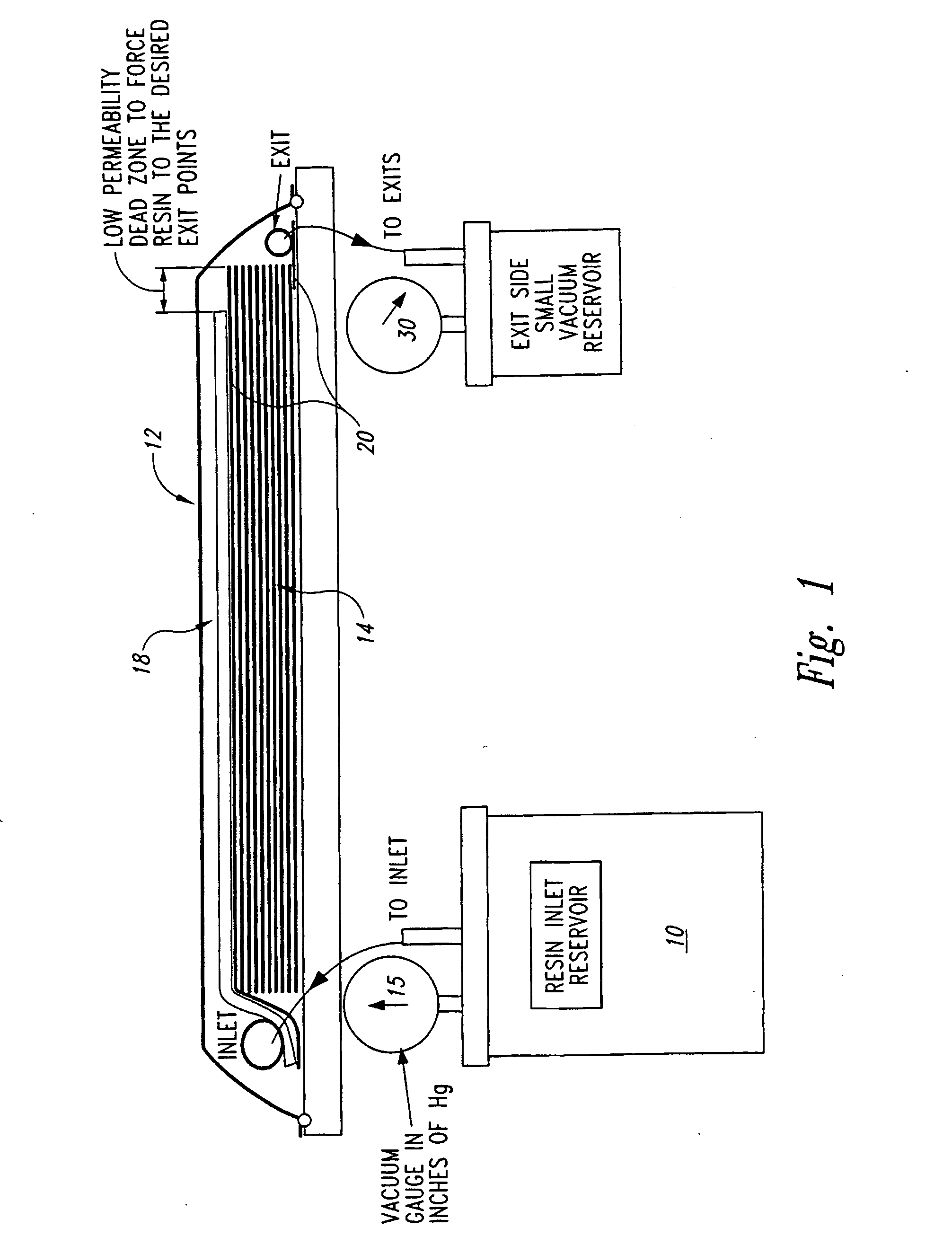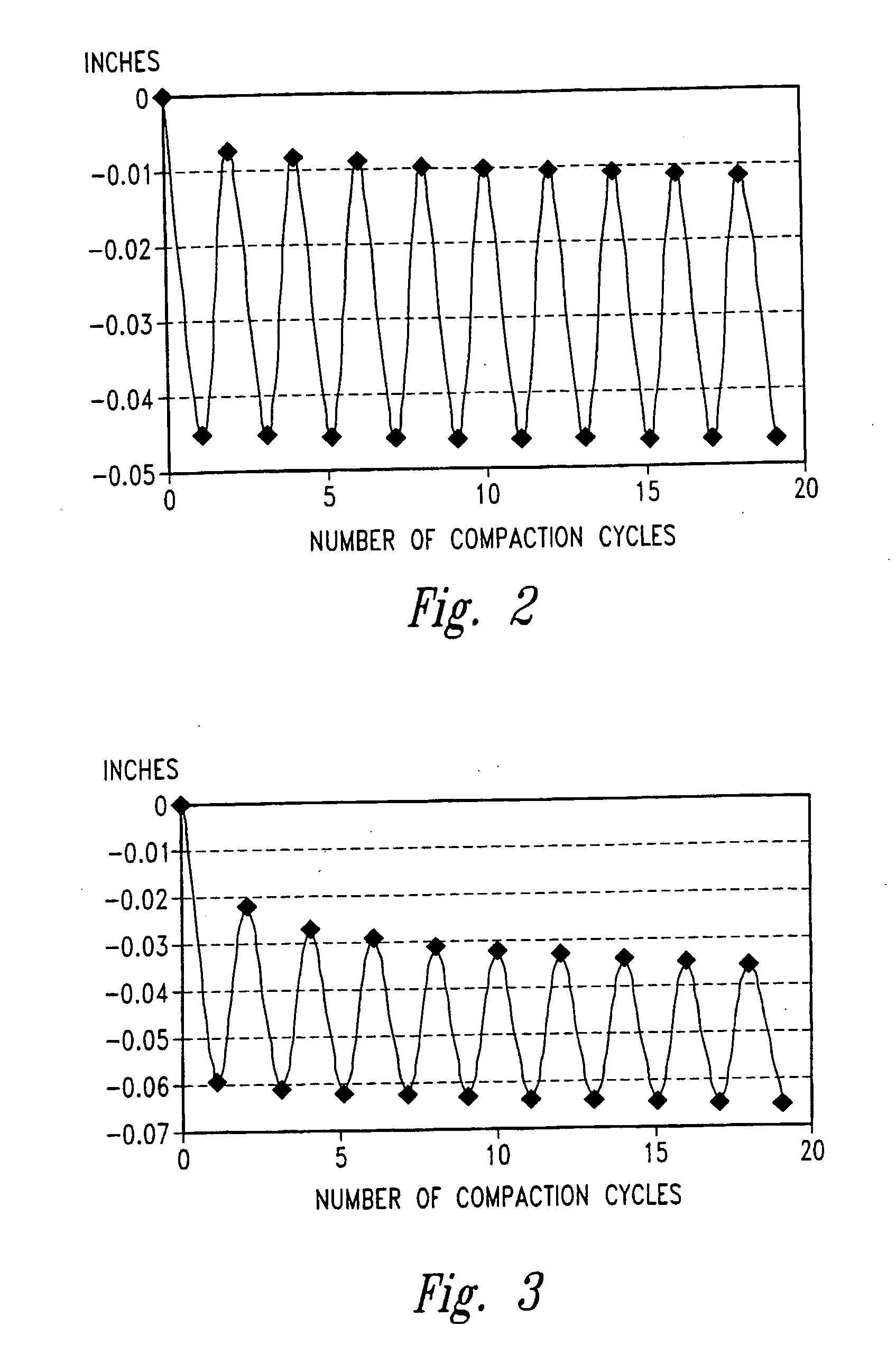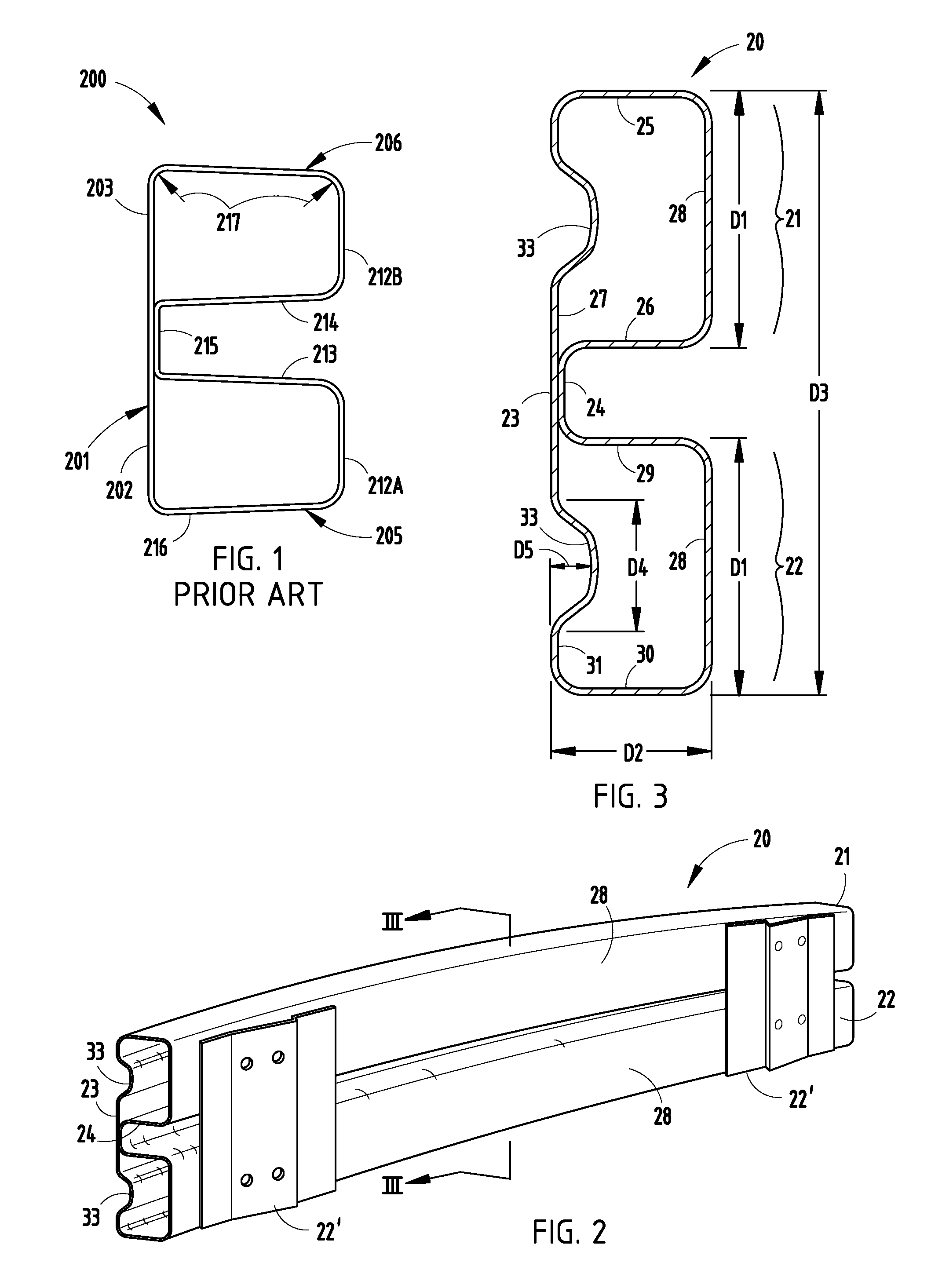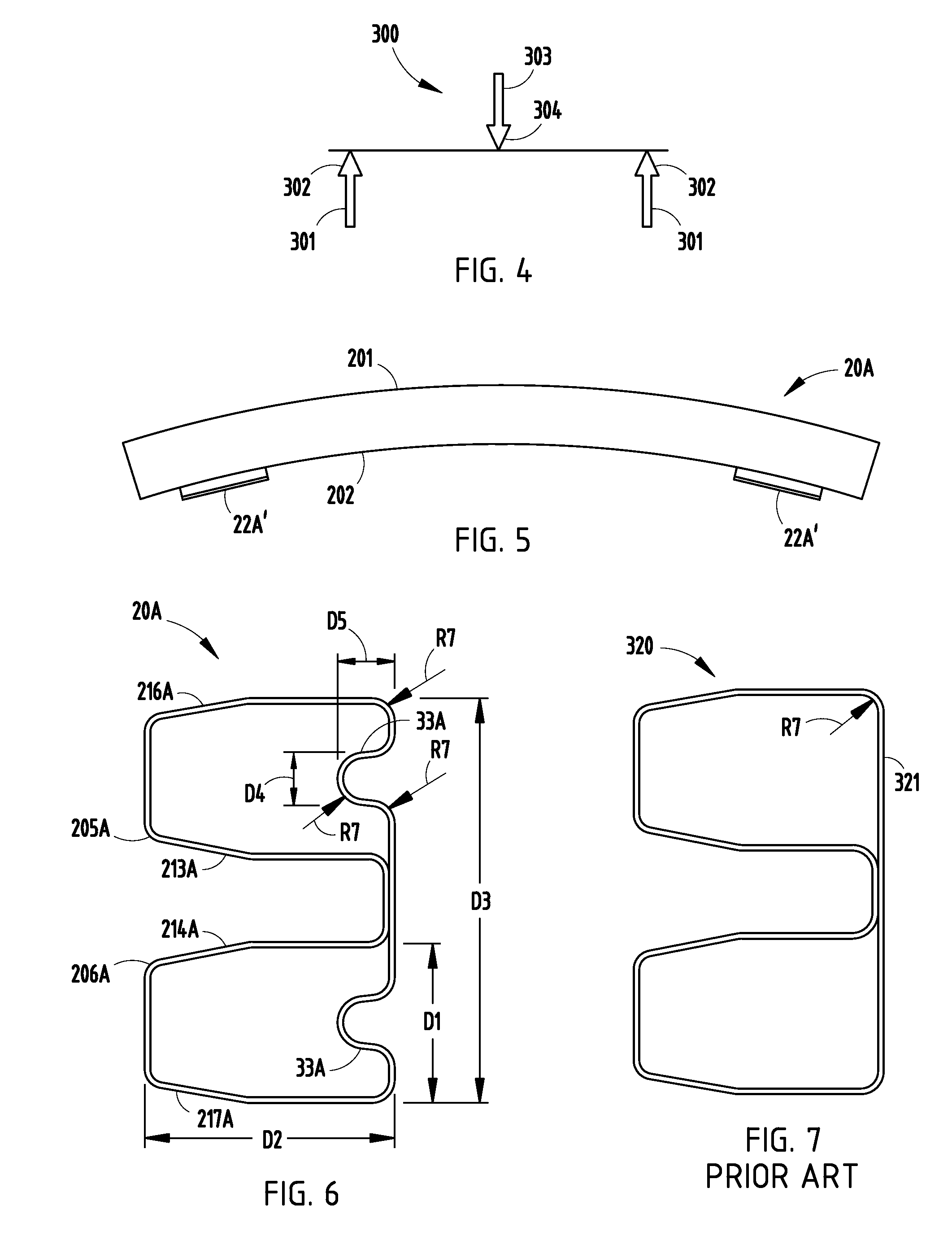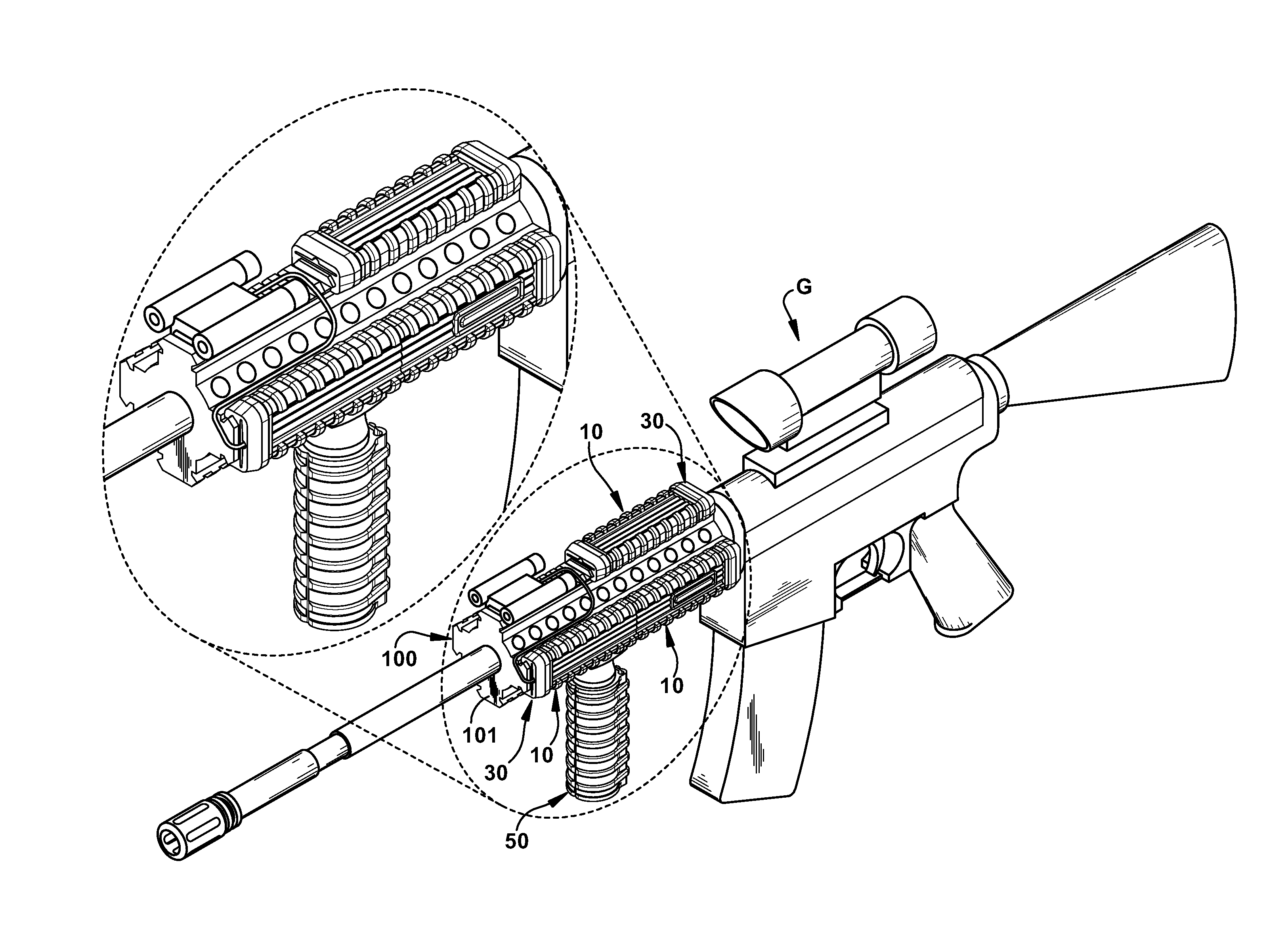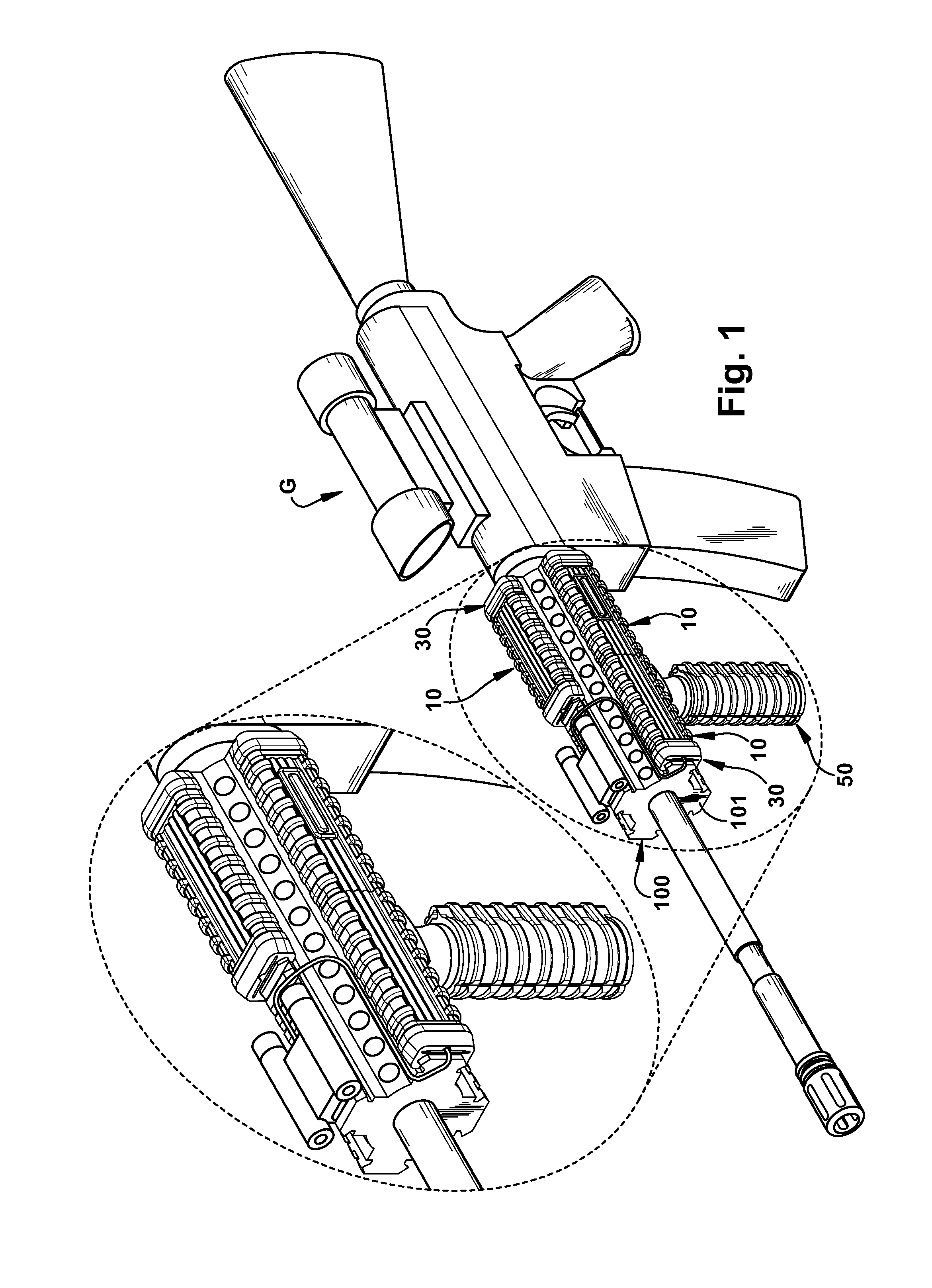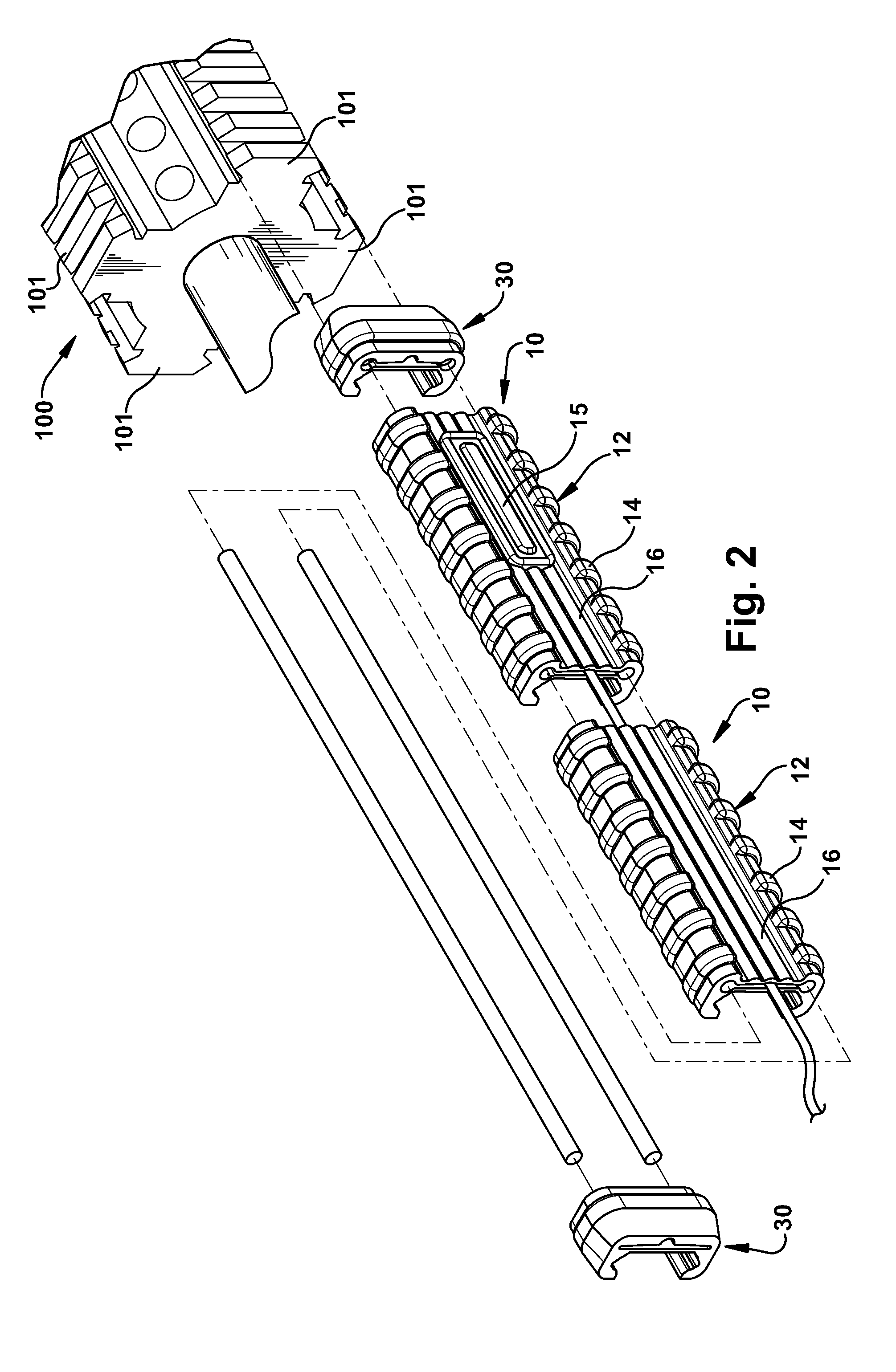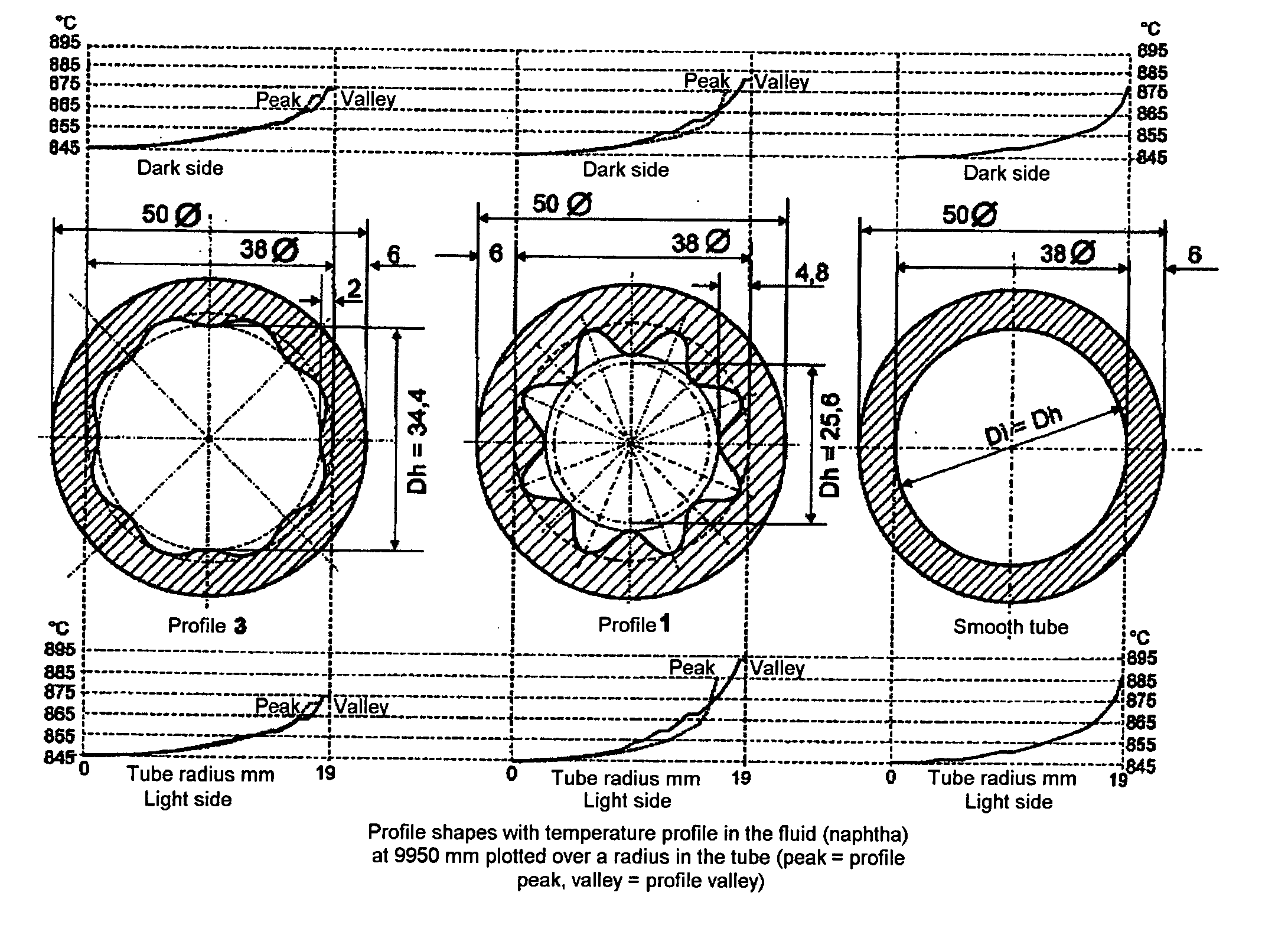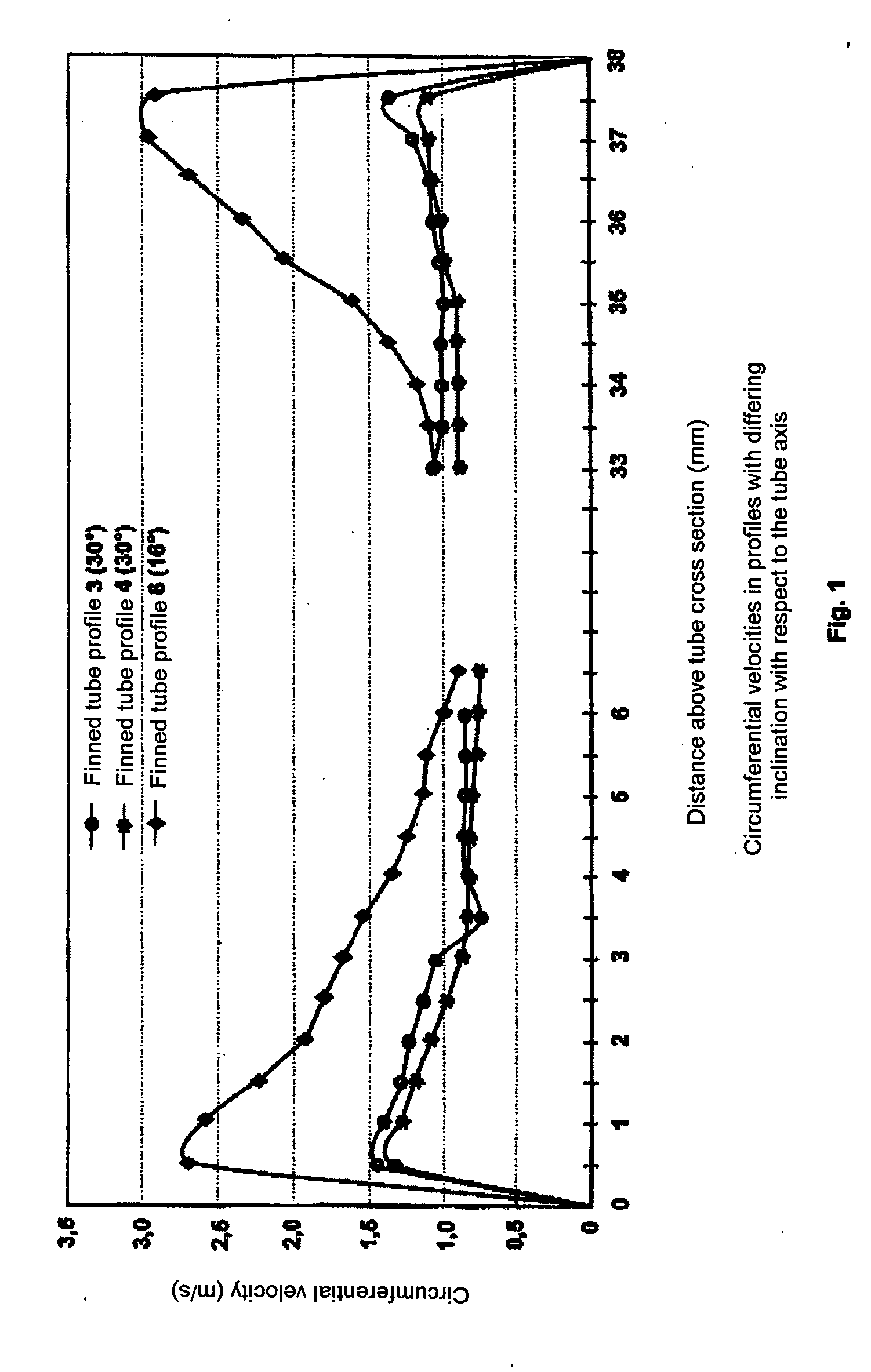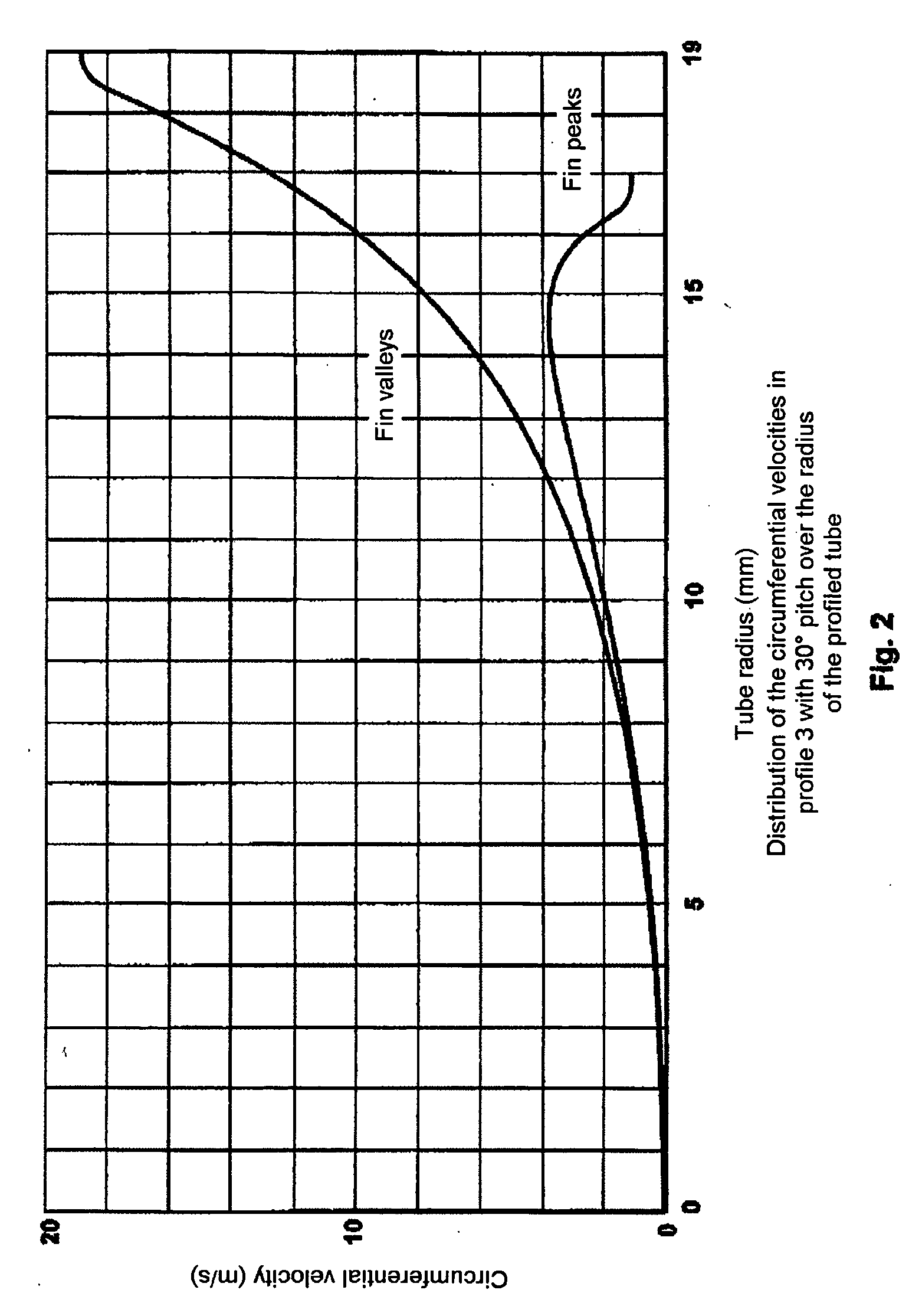Patents
Literature
Hiro is an intelligent assistant for R&D personnel, combined with Patent DNA, to facilitate innovative research.
523results about How to "The material is low" patented technology
Efficacy Topic
Property
Owner
Technical Advancement
Application Domain
Technology Topic
Technology Field Word
Patent Country/Region
Patent Type
Patent Status
Application Year
Inventor
Gas sampling line
ActiveUS9861298B2Improve accuracyReduce distortion problemsDispersed particle separationRespiratory organ evaluationGas analysisLine tubing
A gas sampling line having a channel for conducting respiratory gases from a patient respiratory interface to a gas monitor, the gas sampling line comprising, i.a., a gas sampling tube comprised of a polyether block amide material, the polyether segments of which comprise polyethyleneoxide. Use of a tube comprised of a polyether block amide material, the polyether segments of which comprise polyethyleneoxide, for sampling of respiratory gases; and a method for sampling of respiratory gases, the method comprising conducting respiratory gases through such a tube. A gas analysis system for analyzing respiratory gases, comprising a gas sampling line as defined above and a gas monitor connectable to the gas sampling line.
Owner:JPMORGAN CHASE BANK NA
Mechanical locking system for panels and method of installing same
ActiveUS20080034708A1Simple horizontal displacementReduces snapping resistanceCovering/liningsWallsMechanical engineeringEngineering
Floor panels ( 1, 1 ') are provided with a mechanical locking system including a flexible locking element 15 in a locking groove 14 which during a horizontal motion is displaced vertically.
Owner:VÄLINGE INNOVATION AB
Planar capacitor memory cell and its applications
InactiveUS7209384B1Less complicated to fabricateImprove performanceTransistorSolid-state devicesHemt circuitsEngineering
A capacitor memory is realized, wherein a capacitor stores data and a diode controls to store data “1” or “0”. Diode has four terminals wherein first terminal serves as word line, second terminal serves as storage node, third terminal is floating, and fourth terminal serves as bit line, wherein back channel effect is suppressed adding additional ions in the bottom side of third terminal or applying negative voltage in the well or substrate. A capacitor plate couples to second terminal, which plate has no coupling region to first, third and fourth terminal. With no coupling, the inversion layer of plate in the storage node is isolated from the adjacent nodes. In doing so, the plate can swing ground level to positive supply level to write. As a result, no negative generator is required for controlling plate. Word line and bit line keep ground level during standby, and rise to supply level for read or write operation. In this manner, no holding current is required during standby, and operating current is dramatically reduced with no negative generator. Write has a sequence to clear the state of cell before writing to store data regardless of previous state. Refresh cycle is periodically asserted to sustain data. The present invention can be applied for destructive read, or for nondestructive read adding pull-down device to bit line. The height of cell is almost same as control circuit on the bulk or SOI wafer.
Owner:KIM JUHAN
Mechanical locking system for panels and method of installing same
ActiveUS7841145B2Function increaseLower resistanceCovering/liningsWallsEngineeringMechanical engineering
Floor panels are provided with a mechanical locking system including a flexible locking element in a locking groove, which during a horizontal motion is displaced vertically.
Owner:VÄLINGE INNOVATION AB
Mechanical locking system for panels and method of installing same
ActiveUS20080155930A1Function increaseLower resistanceCovering/liningsFloorsEngineeringMechanical engineering
Floor panels are provided with a mechanical locking system including a flexible locking element in a locking groove, which during a horizontal motion is displaced vertically.
Owner:VÄLINGE INNOVATION AB
Mechanical locking system for floor panels
ActiveUS20120036804A1Function increaseLower resistanceConstruction materialCovering/liningsMechanical engineering
Floor panels (1, 1′) are shown, which are provided with a mechanical locking system consisting of a flexible locking element 15 in a locking groove 14 which during a horizontal motion is displaced vertically.
Owner:VÄLINGE INNOVATION AB
Conversion of carbohydrates to hydroxymethylfurfural (HMF) and derivatives
InactiveUS20090156841A1Increase conversion rateStable formOrganic compound preparationCarboxylic compound preparationMANGANESE ACETATEFuran
A method of producing substantially pure HMF, HMF esters and other derivatives from a carbohydrate source by contacting the carbohydrate source with a solid phase catalyst. A carbohydrate starting material is heated in a solvent in a column and continuously flowed through a solid phase catalyst in the presence of an organic acid, or heated with the organic acid and a solid catalyst in solution to form a HMF ester. Heating without organic acid forms HMF. The resulting product is purified by filtration to remove the unreacted starting materials and catalyst. The HMF ester or a mixture of HMF and HMF ester may then be oxidized to 2,5-furandicarboxylic acid (FDCA) by combining the HMF ester with an organic acid, cobalt acetate, manganese acetate and sodium bromide under pressure. Alternatively, the HMF ester may be reduced to form a furan or tetrahydrofuran diol.
Owner:ARCHER DANIELS MIDLAND CO
Heart valve prosthesis and method of manufacture
ActiveUS20060290027A1Easy to cleanRelieving problemHeart valvesPharmaceutical containersProsthesisThrombus
A cardiac valve prosthesis having a frame and two or more leaflets (preferably three) attached to the frame. The leaflets are attached to the frame between posts, with a free edge which can seal the leaflets together when the valve is closed under back pressure. The leaflets are created in a mathematically defined shape allowing good wash-out of the whole leaflet orifice, including the area close to the frame posts, thereby relieving the problem of thrombus deposition under clinical implant conditions.
Owner:AORTECH INT
Electrochromic device and photodynamic treatment device comprising such an electrochromic device
InactiveUS20100082081A1Increase the light areaOptimize and tune transmissionLight therapyNon-linear opticsAbnormal tissue growthBladder Infections
Presently, many variations of light treatment are used in health care. Prime examples are the in-vivo or ex-vivo photodynamic treatment (PDT) of skin diseases, cancer / tumors, psoriasis, mood disorders, bladder infections, promoting wound closure, recovering spinal cord injuries, and countering muscle / bone atrophy. PDT is a treatment that uses a drug, called a photo-sensitizer or photosensitizing agent, and a particular type of light. The invention relates to an improved PDT device.
Owner:KONINKLIJKE PHILIPS ELECTRONICS NV
Medical devices having multiple charged layers
InactiveUS20070154513A1Increasing the thicknessGood for uniformity controlStentsSurgeryPolyelectrolyteCharge layer
According to an aspect of the present invention, medical devices are provided, which are adapted for implantation or insertion into a subject and which include at least one multilayer region that contains multiple charged layers of alternating charge. The multiple charged layers, in turn, include the following: (i) at least one charged block copolymer (e.g., a charged block copolymer that contains one or more polyelectrolyte blocks) and (ii) at least one charged therapeutic agent (e.g., a charged therapeutic agent that contains one or more polyelectrolyte blocks).
Owner:BOSTON SCI SCIMED INC
Golf club head
InactiveUS20060116218A1Increase deflectionSlow down the spin rateGolf clubsRacket sportsElastomerCoefficient of restitution
A metal wood golf club head is provided having a front face with an impact zone including a compliant area. Preferably, the compliant area is disposed in an upper portion of the front face. Preferably, a through-slit is provided in the front face to form the compliant area. The through-slit may be an elongated slot substantially parallel to a top of the front face and may include an elastomeric reinforcement. The compliant area creates an ultra-low center of gravity relative to the geometric face center, resulting in higher launch angles and spin rate ratios. The compliant area upwardly shifts the coefficient of restitution to the geometric center of the face and thereby increases the carry distance of a golf ball hit off the club head.
Owner:ACUSHNET CO
Industrial fabric, and method of making thereof
ActiveUS8822009B2Wet shapingEasy to cleanPattern makingSynthetic resin layered productsEngineeringMaterial Perforation
A support member such as a belt or sleeve includes a topographical pattern on its sheet contact side. A plurality of land areas, corresponding depressions, through voids, and / or groove areas are formed on the top surface of the support member to produce the topographical pattern. The land areas, corresponding depressions, through voids, and / or groove areas may be formed by graving, cutting, etching, embossing, mechanical perforation or a combination thereof. The improved belt or sleeve imparts desired physical characteristics, such as bulk, appearance, texture, absorbency, strength, and hand to a nonwoven product produced thereon.
Owner:ALBANY INT CORP
High mobility enhancement mode FET
ActiveUS8803242B2Reduce variationReduce impurityTransistorSolid-state devicesMOSFETSemiconductor structure
A novel semiconductor transistor is presented. The semiconductor structure has a MOSFET like structure, with the difference that the device channel is formed in an intrinsic region, so as to effectively decrease the impurity and surface scattering phenomena deriving from a high doping profile typical of conventional MOS devices. Due to the presence of the un-doped channel region, the proposed structure greatly reduces Random Doping Fluctuation (RDF) phenomena decreasing the threshold voltage variation between different devices. In order to control the threshold voltage of the device, a heavily doped poly-silicon or metallic gate is used. However, differently from standard CMOS devices, a high work-function metallic material, or a heavily p-doped poly-silicon layer, is used for a n-channel device and a low work-function metallic material, or heavily n-doped poly-silicon layer, is used for a p-channel FET.
Owner:QUALCOMM INC
Organic field effect transistor with an organic dielectric
InactiveUS7029945B2Improve performancePreventing modulationTransistorSolid-state devicesOrganic field-effect transistorGate insulator
A process of manufacturing an organic field effect device is provided comprising the steps of (a) depositing from a solution an organic semiconductor layer; and (b) depositing from a solution a layer of low permittivity insulating material forming at least a part of a gate insulator, such that the low permittivity insulating material is in contact with the organic semiconductor layer, wherein the low permittivity insulating material is of relative permittivity from 1.1 to below 3.0. In addition, an organic field effect device manufactured by the process is provided.
Owner:MERCK PATENT GMBH
Elastomeric dielectric polymer film sonic actuator
InactiveUS7062055B2Optimize power outputLow working voltagePiezoelectric/electrostrictive gramophone pickupsStirling type enginesDielectricConductive polymer
A sonic actuator including a multi-layer membrane having a non-metallic elastomeric dielectric polymer layer with a first surface and a second surface, a first compliant electrode layer contacting the first surface of the polymer layer, and a second compliant electrode layer contacting the second surface of the polymer layer. The actuator further includes a support structure in contact with the sonic actuator film. Preferably, the non-metallic dielectric polymer is selected from the group consisting essentially of silicone, fluorosilicone, fluoroelastomer, natural rubber, polybutadiene, nitrile rubber, isoprene, and ethylene propylene diene. Also preferably, the compliant electrode layer is made from the group consisting essentially of graphite, carbon, and conductive polymers. The support structure can take the form of grid having a number of circular apertures. When a voltage is applied to the electrodes, portions of the film held at the aperture of the support structure can bulge due to the electrostriction phenomenon. The resultant “bubbles” can be modulated to generate sonic vibrations, or can be used to create a variable surface for airflow control.
Owner:SRI INTERNATIONAL
Controlled atmospheric pressure resin infusion process
By evacuating the resin feed tank to a pressure below atmospheric pressure, employing cyclic compaction, and controlling the net compaction pressure, we are better able to control a resin infusion process, particularly a vacuum assisted resin transfer molding process, and produce aerospace-grade fiber-reinforced resin composite having fiber volume fractions and tool-side surface finishes comparable to or exceeding those made using an autoclave.
Owner:THE BOEING CO
3D printer and method for printing an object using a curable liquid
InactiveUS20170251713A1Improve toughnessLow viscosityAdditive manufacturing apparatusFood preservationEngineering3d printer
Owner:TELAMENS INC
Golf club head with progressive face stiffness
ActiveUS20060019770A1The material is lowIncrease stiffnessGolf clubsRacket sportsHigh densityCoefficient of restitution
A metal wood golf club head adapted for attachment to a shaft, with a body comprising of a first body portion and a second body portion, each portion constructed of a different density material. Combining a high density material in the first body portion with a low density material in the second body portion, creates an ultra-low center of gravity relative to the geometric face center, resulting in higher launch angles and spin rate ratios. Thickening the lower area of the front face lowers the center of gravity and upwardly shifts the coefficient of restitution to the geometric center of the face.
Owner:ACUSHNET CO
Method of making dunnage bags
InactiveUS6435787B1Abrasion resistanceReduce manufacturing costLoad securingCargo supporting/securing componentsDunnageAdhesive
A method of manufacturing an inflatable dunnage bag having a wall construction of two integrally fused layers of thermoplastic polymer, the outer layer of which is a sleeve of strips of woven polymer, the inner of layer of which is a continuous layer of gas impervious polymer. The ends of the sleeve are sealed against the escape of gas. The wall of the bag has a valve for the admittance of gas to the interior of the bag. The bag is formed by deposition of a continuous molten layer of gas impervious polymer to a sleeve of strips of woven polymer, installing a valve for admittance of gas into the wall of the sleeve and forming a gas tight seal at the ends of the sleeve. Deposition of the continuous layer of gas impervious polymer may be a two-step process wherein a molten layer of gas impervious polymer is deposited to one exterior side of the flattened sleeve, then to the other exterior side of the flattened sleeve and the sleeve turned "inside-out". The ends of the bag are sealed, may be folded, the folds secured to the exterior of the bag by adhesive and a binding strip. The dunnage so manufactured is strong, lightweight, scuff resistant, moisture resistant, reusable or easily recyclable.
Owner:JOHN DAVID M
Condensation reduction and management systems in a gas flow delivery system
InactiveUS20060144399A1Controlling and reducing condensationControlling and reducing in and interfaceBreathing filtersRespiratory masksMedicineWater trap
Condensation management techniques for a gas flow delivery system. The techniques include providing a radiant barrier associated with patient circuit and / or a patient interface, providing a water trap and / or an absorbent insert in the patient interface device, or a combination of these techniques. The radiant barrier prevents condensation from forming in the patient circuit and / or the patient interface. The water trap and absorbent insert in the patient interface control condensation that reaches or forms in the interior of the patient interface to prevent it from interfering the user of the gas delivery system.
Owner:RIC INVESTMENTS LLC
Golf club head with progressive face stiffness
ActiveUS7651412B2The material is lowIncrease stiffnessGolf clubsRacket sportsHigh densityCoefficient of restitution
Owner:ACUSHNET CO
Compression garment with integral donning aid
InactiveUS20060085894A1Improve complianceIncrease usageWeft knittingOrnamental textile articlesEngineeringCompression garment
It has been found that the foregoing objects may be accomplished in accordance with this invention by providing compression garments of this invention having a low friction zone made with the addition of low friction material on the inside surface of a garment in discrete locations to decrease friction between skin and fabric, thus providing easier donning of a compression garments.
Owner:BSN MEDICAL INC
Patterned thin films and use of such films as thermal control layers in heat assisted magnetic recording media
ActiveUS20060154110A1Reduce heat transferImprove heat transfer performanceRecording by magnetic meansNanoinformaticsHeat-assisted magnetic recordingOptoelectronics
Patterned thin films comprise regions of relatively low thermal conductivity material separated by regions of relatively high thermal conductivity material. The low thermal conductivity regions may be provided in the form of cylinders or cuboids which are arranged in a continuous matrix of the high thermal conductivity material. The thin film may be used as thermal control layers in data recording media such as heat assisted magnetic recording media.
Owner:SEAGATE TECH LLC
Amorphous tetrafluoroethylene-hexafluoropropylene copolymers
InactiveUS6133389AThin coatingIncrease coating thicknessOrganic chemistryCoatingsPolymer scienceHexafluoropropylene
Disclosed herein are novel amorphous tetrafluoroethylene-hexafluoropropylene (TFE-HFP) dipolymers, and other copolymers containing TFE, HFP and a third monomer, many of which are more random than previous amorphous TFE-HFP copolymers, as well as a novel high productivity continuous process for making these polymers. The polymers are particularly useful in the form of coatings, films and encapsulants.
Owner:THE CHEMOURS CO FC LLC
Dynamic dual density heel bag
A dynamic dual density heel bag for use in shoe construction and typically employed in athletic and walking type shoes. The dynamic dual density heel bag includes a construction including a lower flexible sealed enclosure containing a high density material where the lower enclosure has a V-shaped top surface. Also included is an upper flexible sealed enclosure containing a low density material. The upper enclosure has a V-shaped bottom surface for being vertically cradled by and affixed to the V-shaped top surface of the lower enclosure for forming a heel bag. The heel bag is then affixed within an outsole of a shoe typically with an adhesive. The high density material of the lower enclosure is isolated from the low density material of the upper enclosure. Thus, the low density material of the upper enclosure provides cushioning and shock absorption and the high density material of the lower enclosure provides support, security and stability to a foot. The lower enclosure and the upper enclosure of the dynamic dual density heel bag can contain high density silicon and low density silicon, respectively, and each can be comprised of plastic. Further, the upper enclosure can be affixed to the lower enclosure as by heat sealing or adhesives. In an alternative embodiment, the dynamic dual density heel bag can be modified to support the entire sole of the shoe in addition to the heel area.
Owner:LAIN CHENG KUNG
Controlled atmospheric pressure resin infusion process
ActiveUS20050073076A1Specific strength of partLow costLaminationLamination apparatusSurface finishEngineering
By evacuating the resin feed tank to a pressure below atmospheric pressure, employing cyclic compaction, and controlling the net compaction pressure, we are better able to control a resin infusion process, particularly a vacuum assisted resin transfer molding process, and produce aerospace-grade fiber-reinforced resin composite having fiber volume fractions and tool-side surface finishes comparable to or exceeding those made using an autoclave.
Owner:THE BOEING CO
B-shaped beam with integrally-formed rib in face
InactiveUS20080093867A1Reduce “ offset ”Weight increaseBumpersMetal rolling arrangementsShaped beamEngineering
Owner:SHAPE CORP
Medical devices having polymeric regions that contain fluorocarbon-containing block copolymers
ActiveUS20070117925A1Lower surface energyReduce surface tackHeart valvesCoatingsFluorocarbonGlass transition
In one aspect, the present invention provides implantable or insertable medical devices, which contain at least one polymeric region. The polymeric region contains at least one fluorocarbon-containing block copolymer, which, in turn, contains (a) at least one fluorocarbon-containing, low glass transition temperature (low Tg) copolymer chain and (b) at least one glass transition temperature (high Tg) polymer chain.
Owner:BOSTON SCI SCIMED INC
Gun rail attachments, components, accessories and systems
ActiveUS20120266514A1Improve gripHigh friction tactile gripping surfaceCartridge extractorsSighting devicesEngineeringMechanical engineering
Gun rail attachments, gun components and accessories and systems include attachment bodies made of polymeric materials with hardness ratings and ranges which are generally flexible and malleable and heat resistant. Reinforcing members are combined with the attachment bodies for secure attachment to gun rails and grips with only the polymeric attachment bodies exposed. Pockets, cavities and channels are formed in the attachment bodies for receiving wires, devices, device modules, components or accessories for guns.
Owner:AIM INC
Process and finned tube for the thermal cracking of hydrocarbons
InactiveUS20050131263A1Tube densityHeating fastThermal non-catalytic crackingFluid dynamicsEngineeringHydrocarbon
In a process for the thermal cracking of hydrocarbons in the presence of steam, the charge mixture is passed through externally heated tubes with helical inner fins, and to make the temperature in the tube wall and over the tube cross section more uniform, as well as to reduce the deposition of pyrolysis coke on the tube inner wall, a swirling flow is generated in the gas mixture and is gradually merged into a core zone with a predominantly axial flow at increasing radial distance from the fins.
Owner:SCHMIDT CLEMENS
Features
- R&D
- Intellectual Property
- Life Sciences
- Materials
- Tech Scout
Why Patsnap Eureka
- Unparalleled Data Quality
- Higher Quality Content
- 60% Fewer Hallucinations
Social media
Patsnap Eureka Blog
Learn More Browse by: Latest US Patents, China's latest patents, Technical Efficacy Thesaurus, Application Domain, Technology Topic, Popular Technical Reports.
© 2025 PatSnap. All rights reserved.Legal|Privacy policy|Modern Slavery Act Transparency Statement|Sitemap|About US| Contact US: help@patsnap.com

